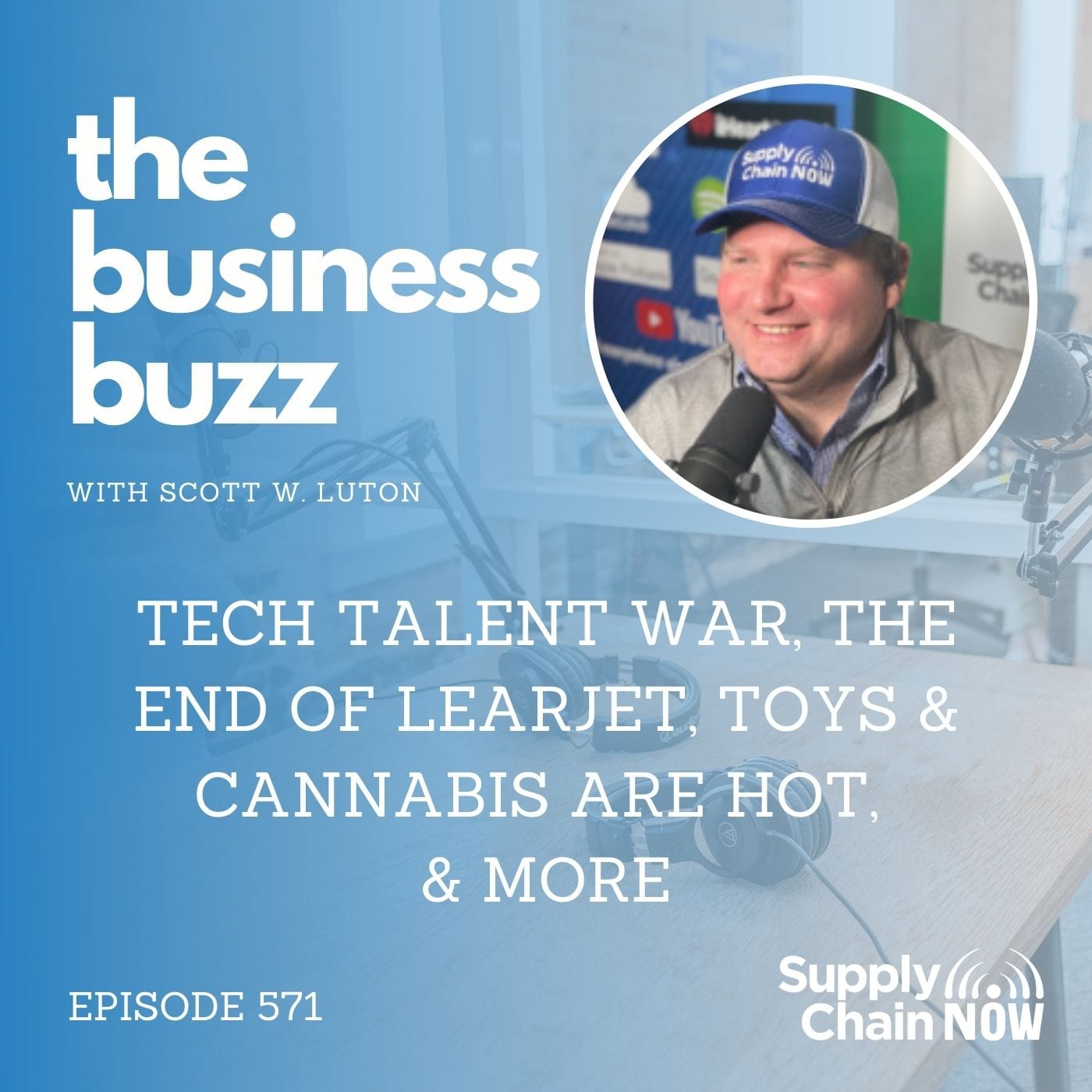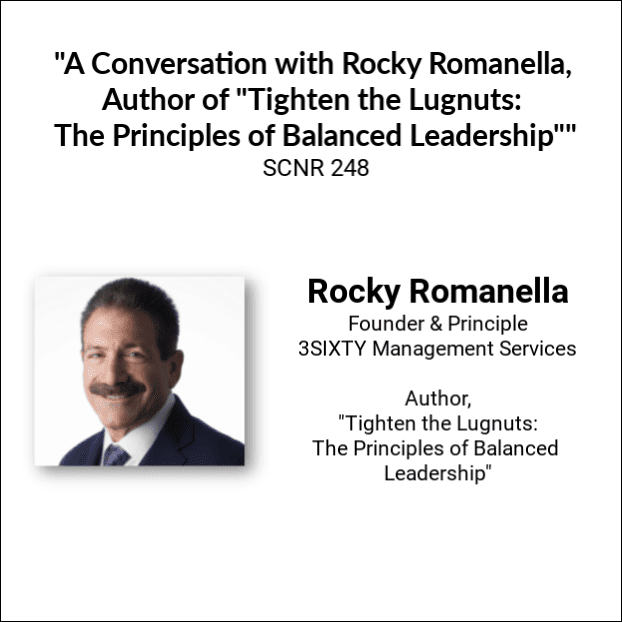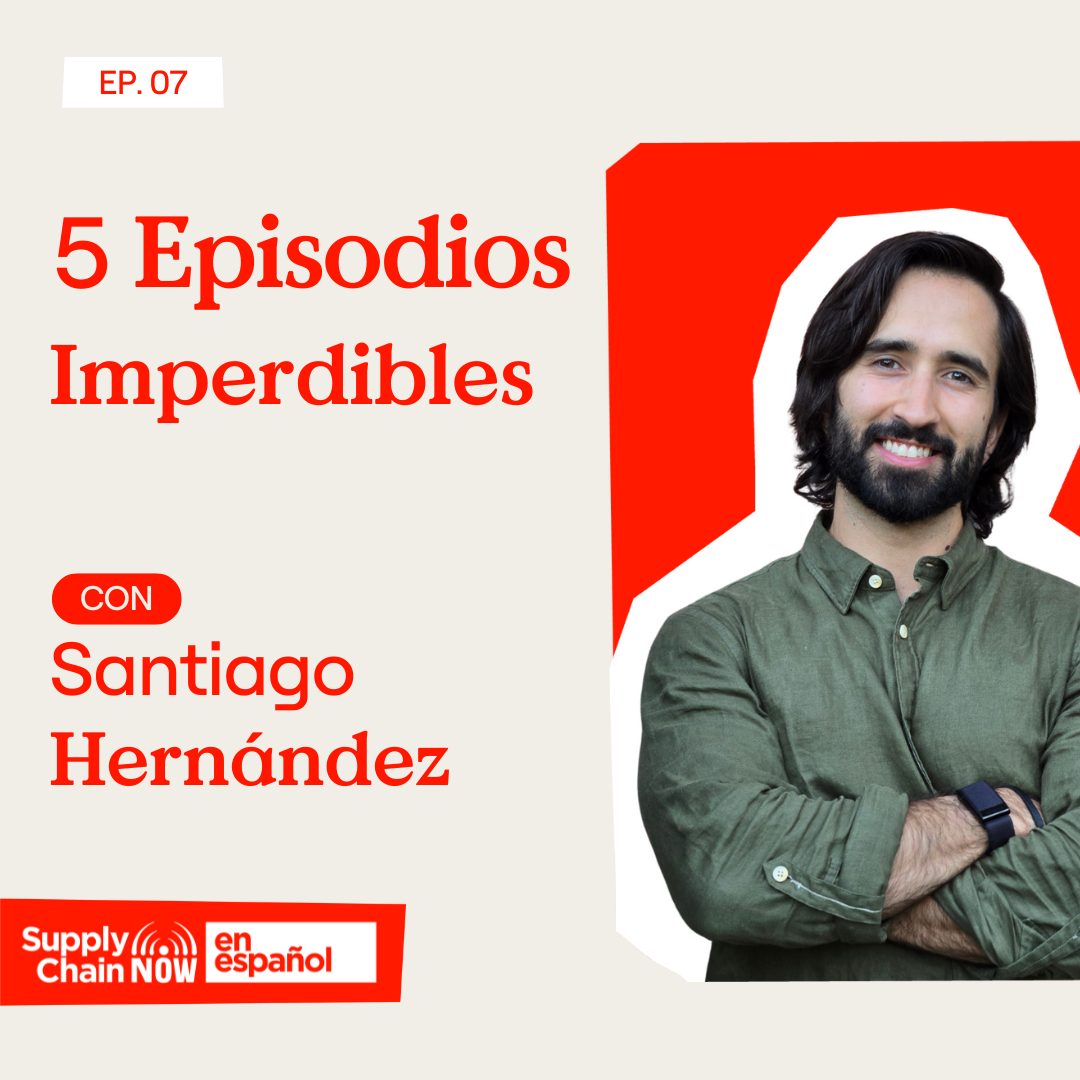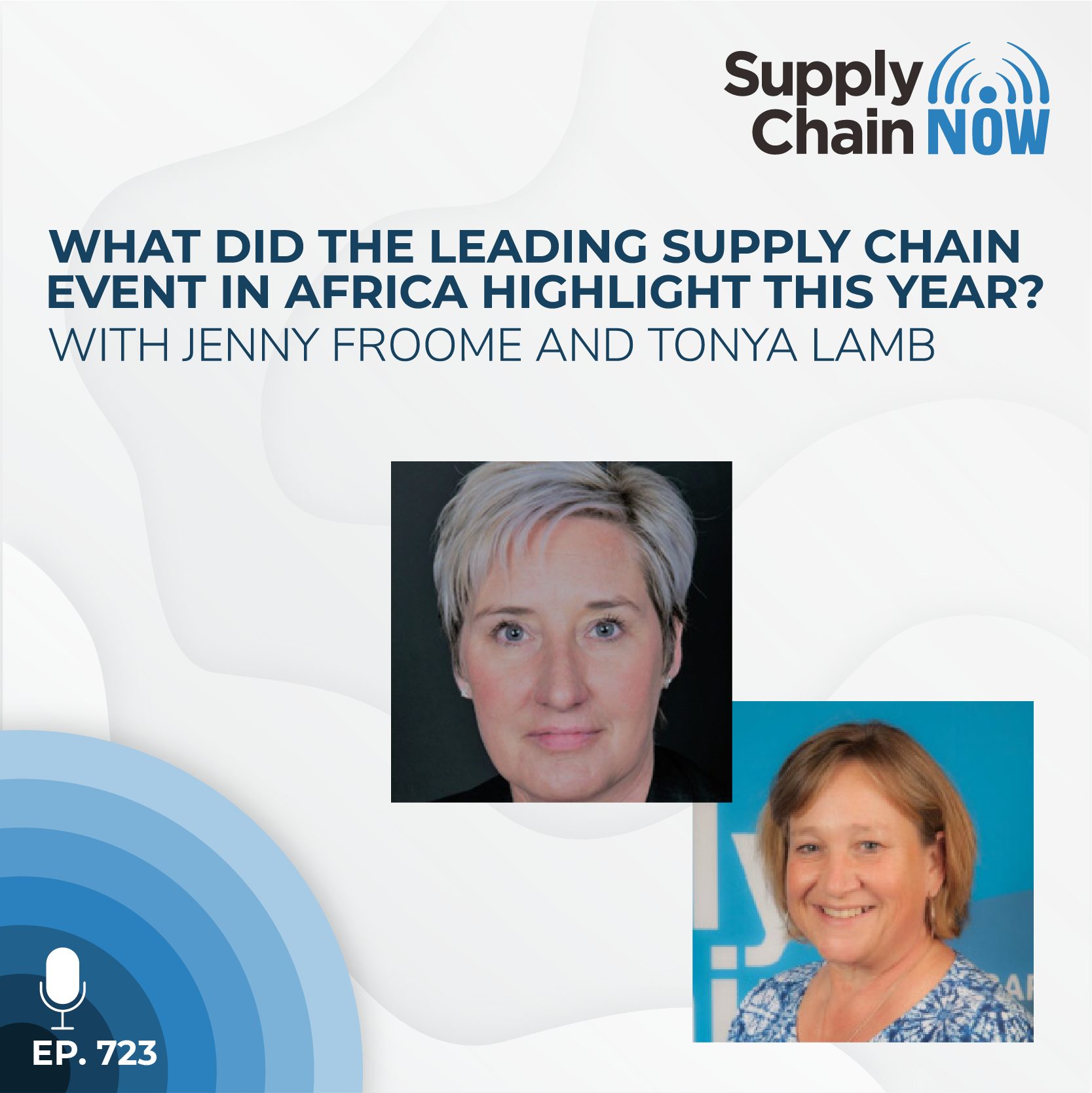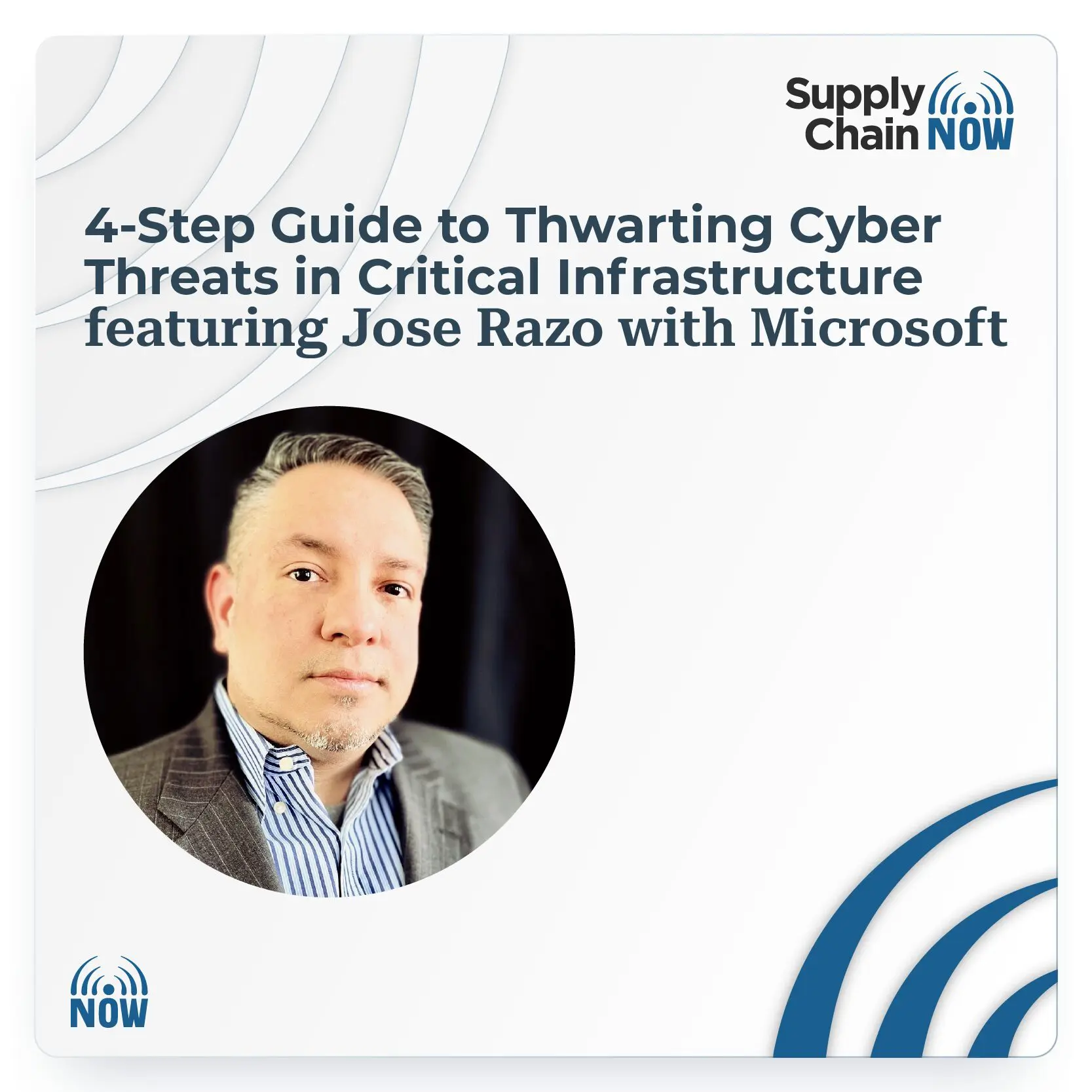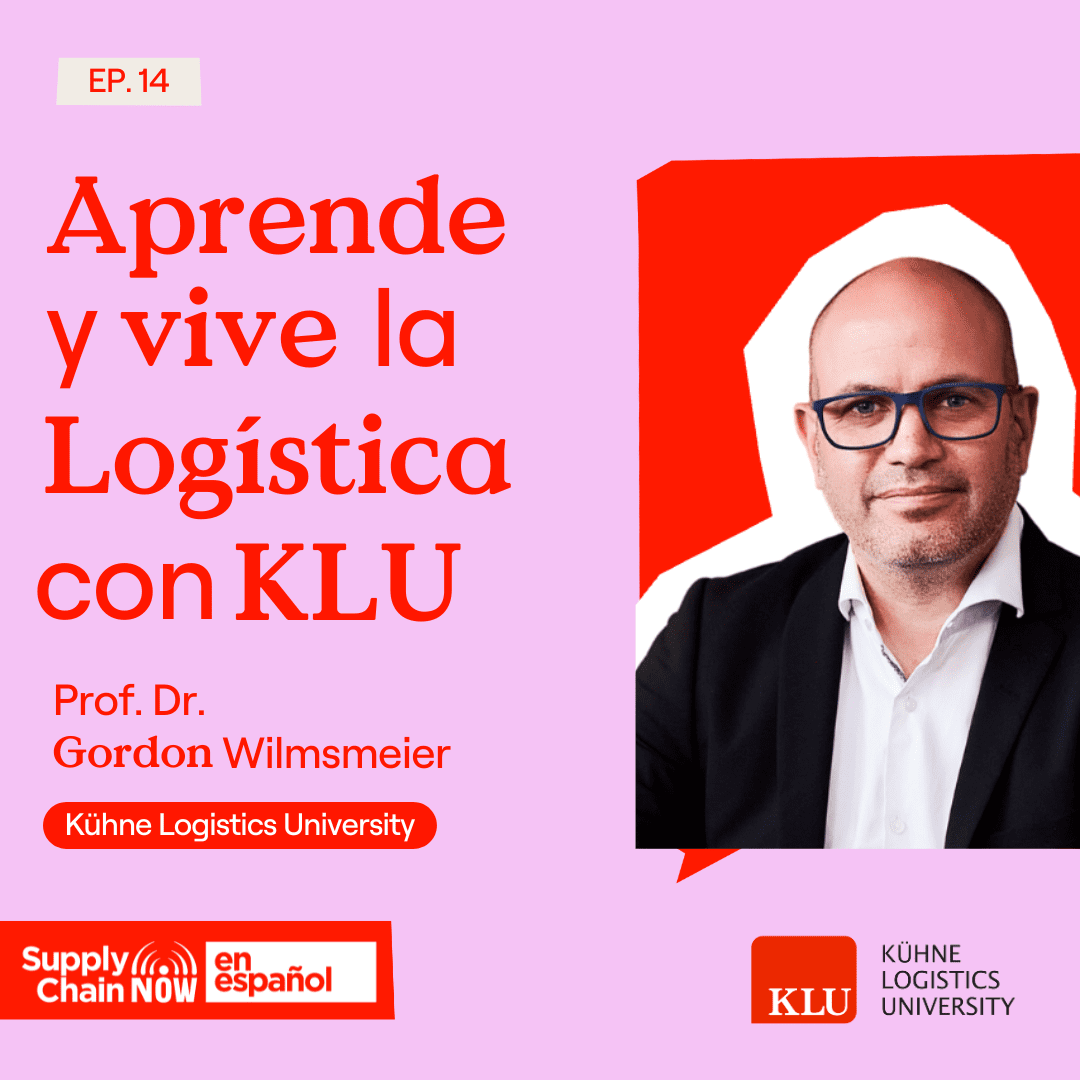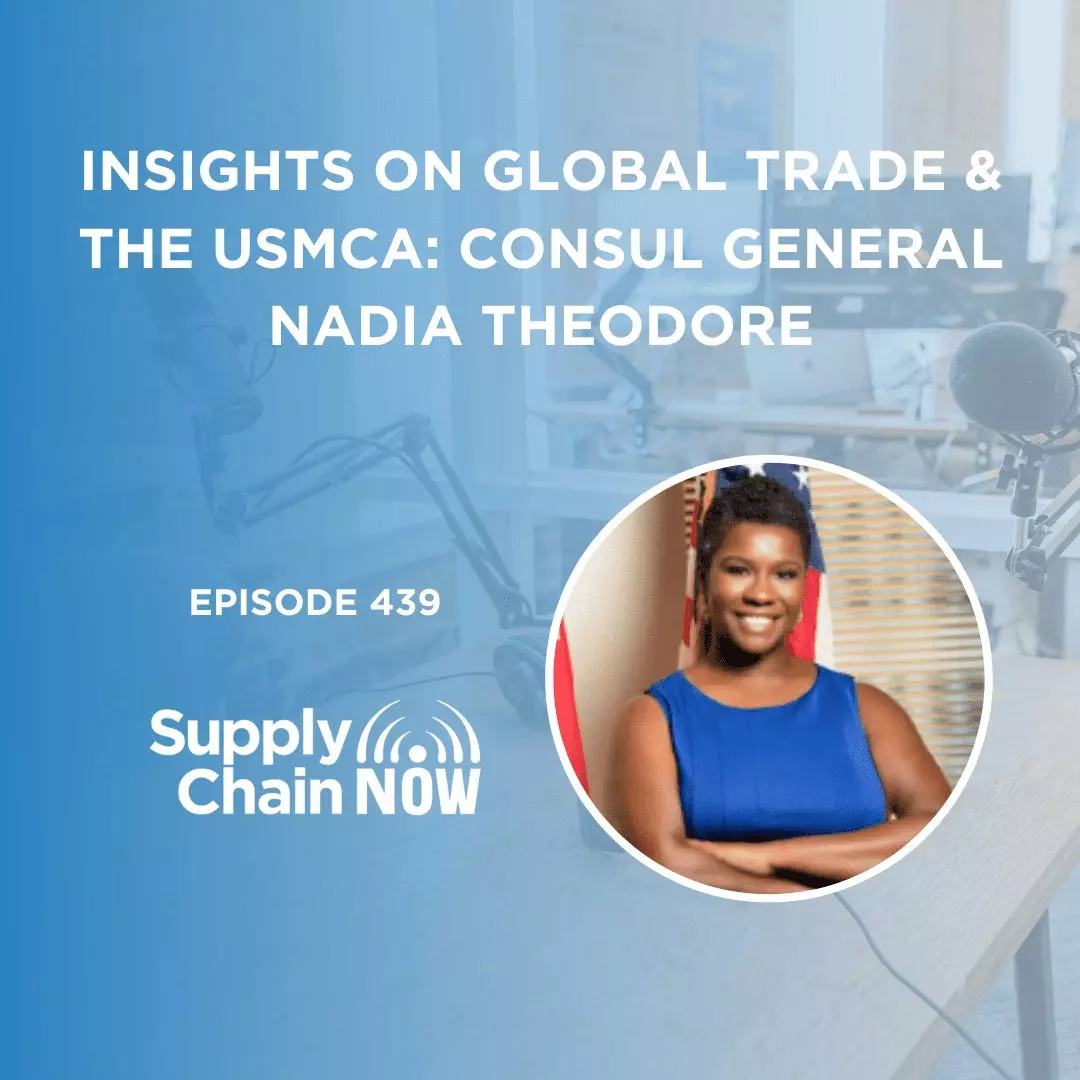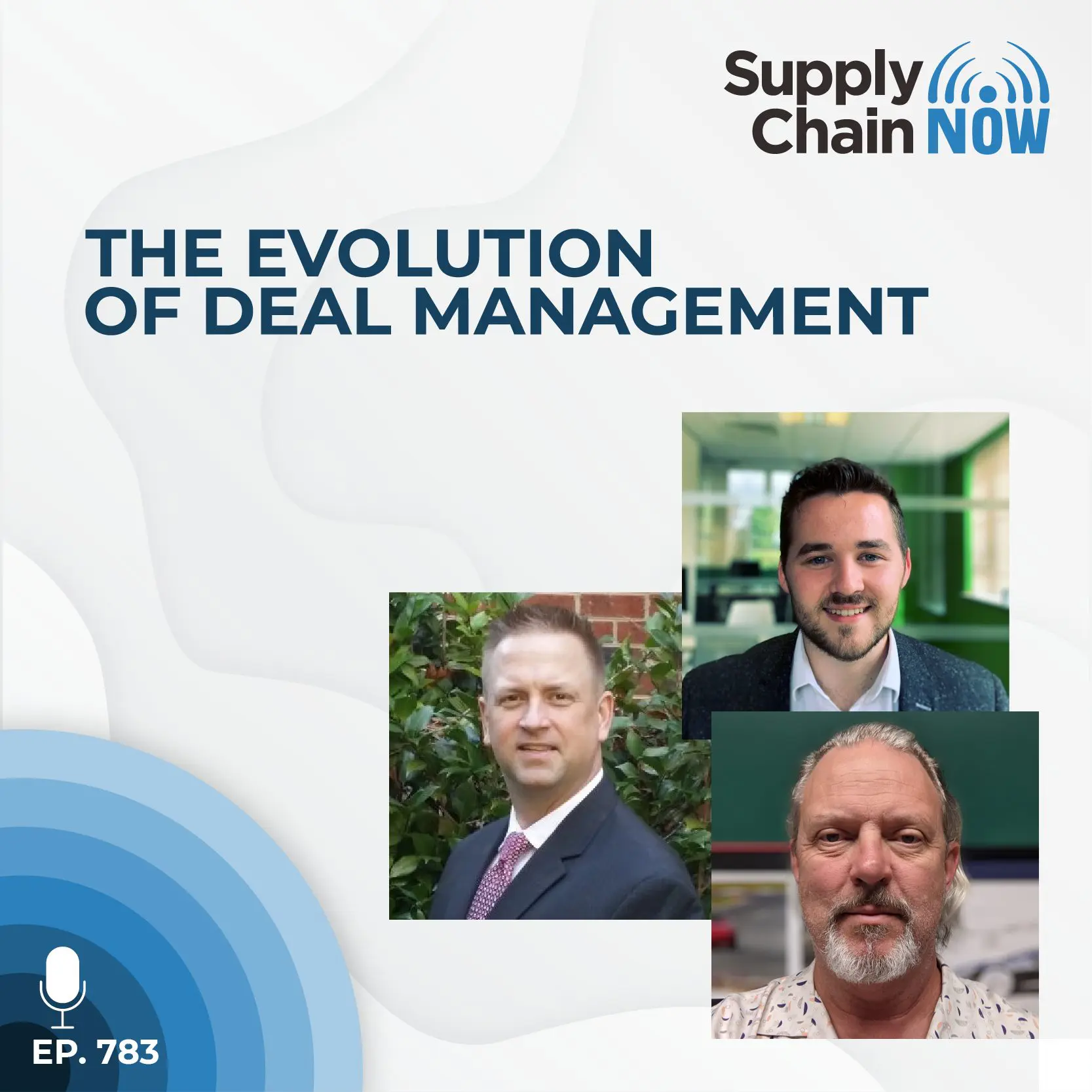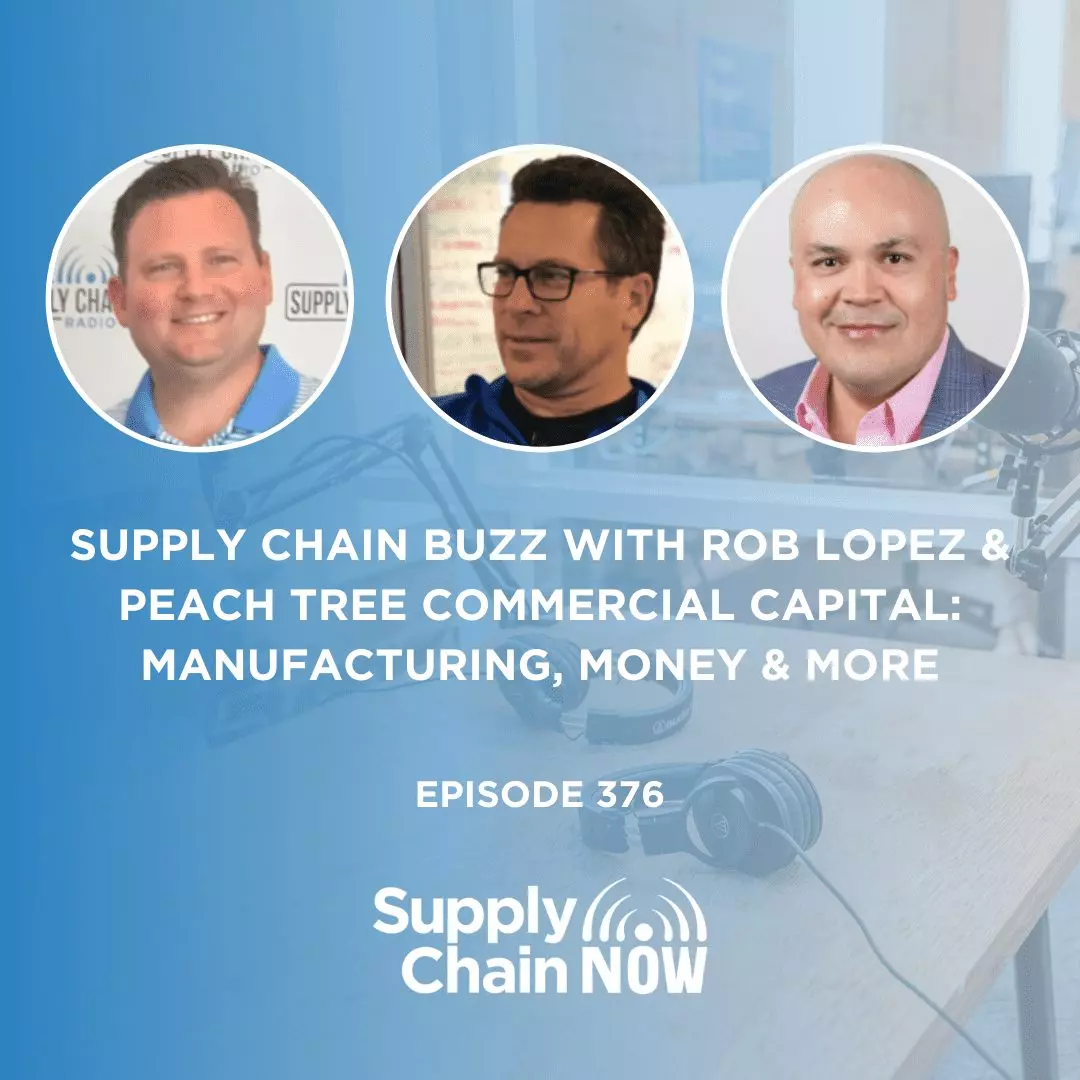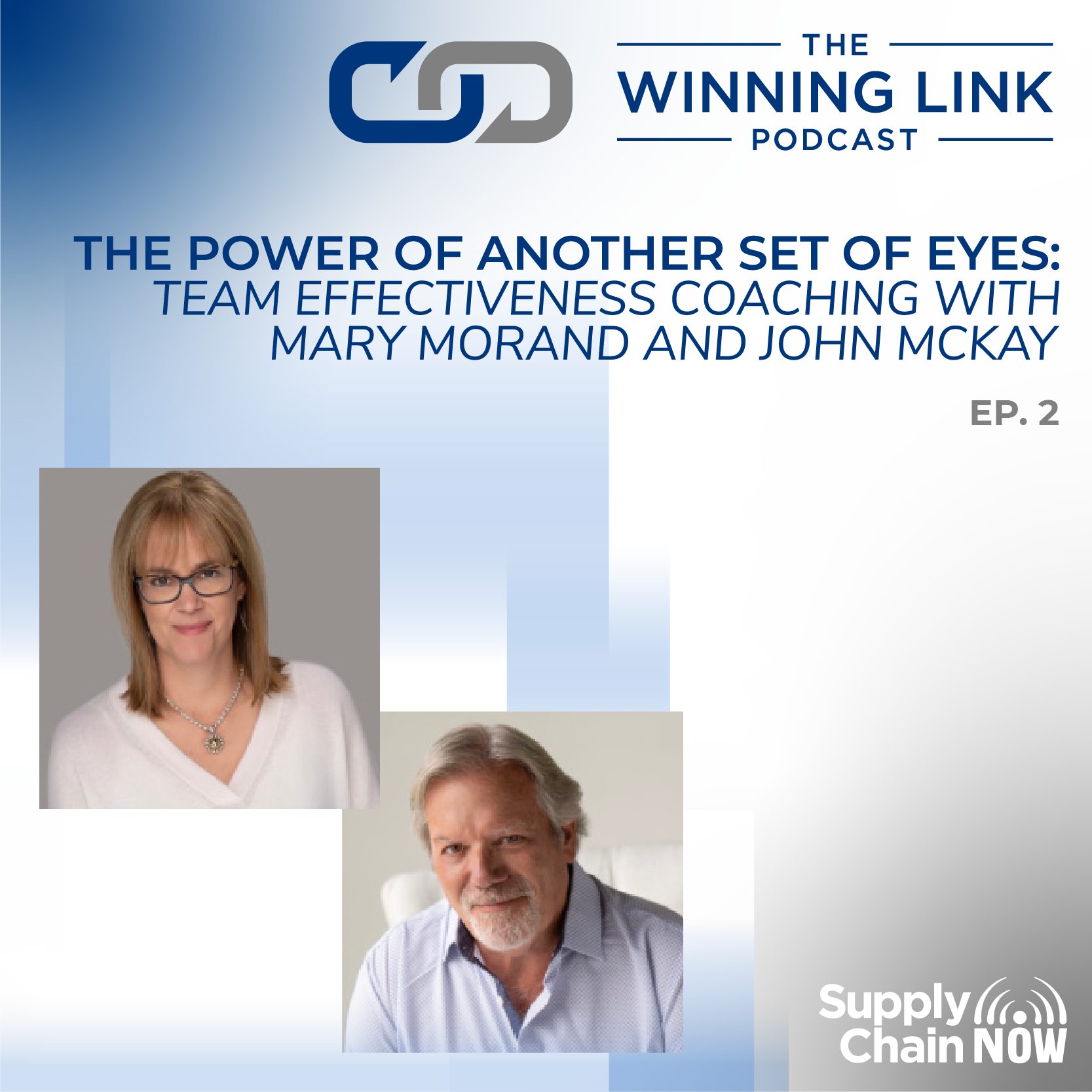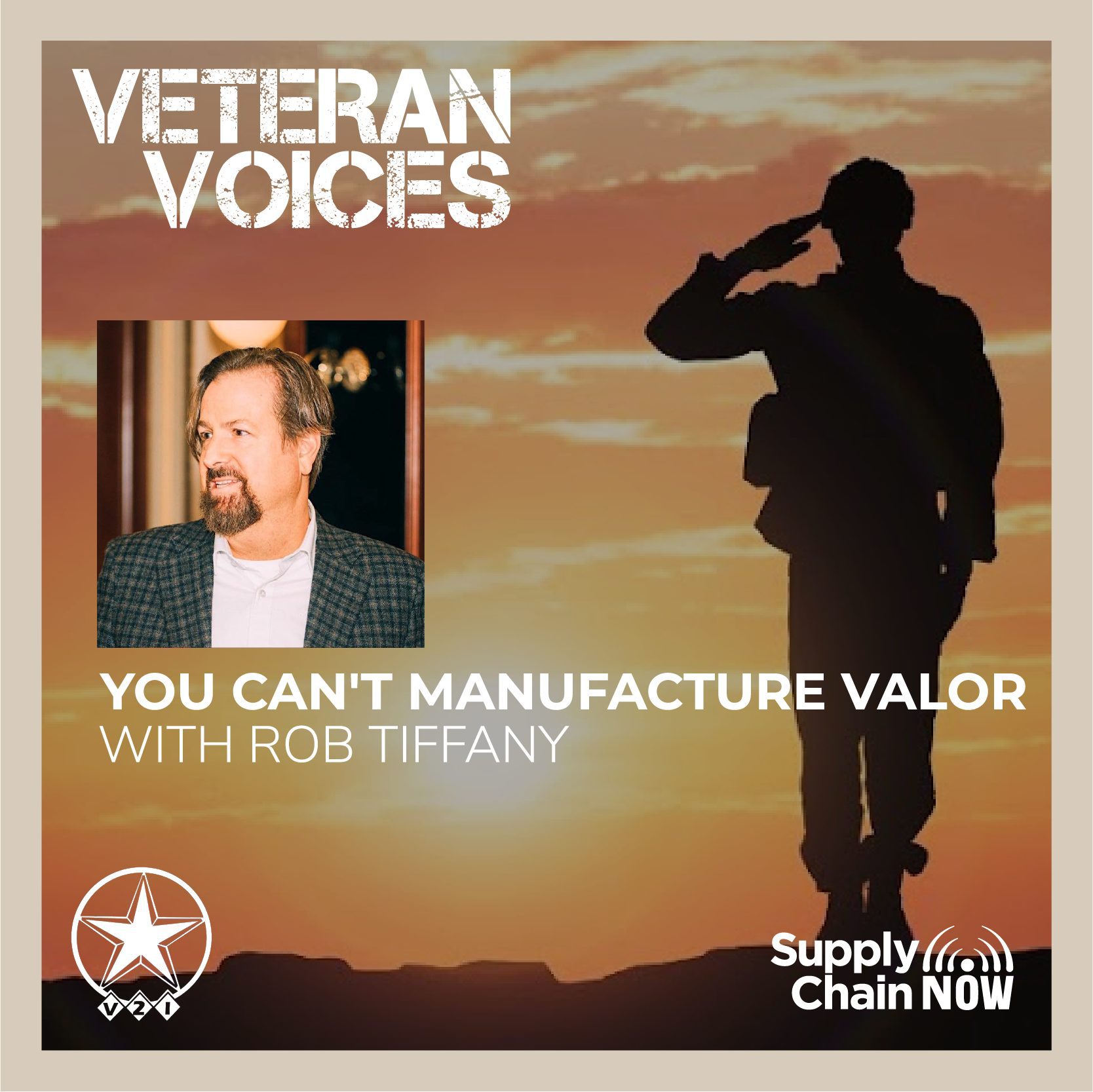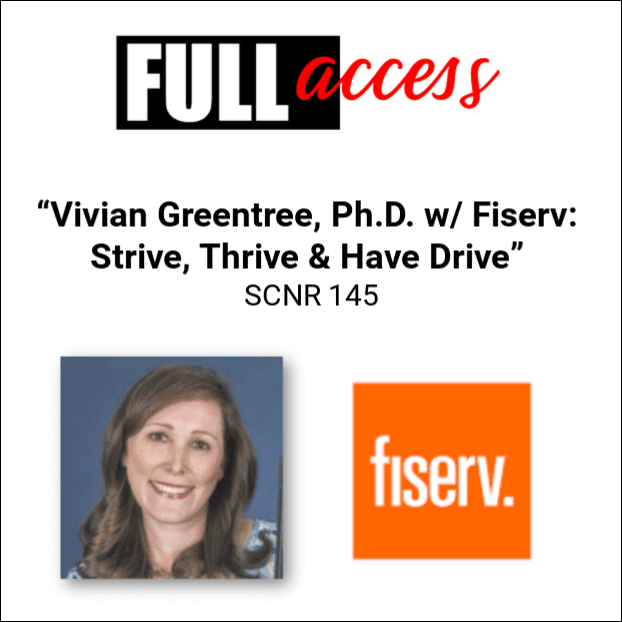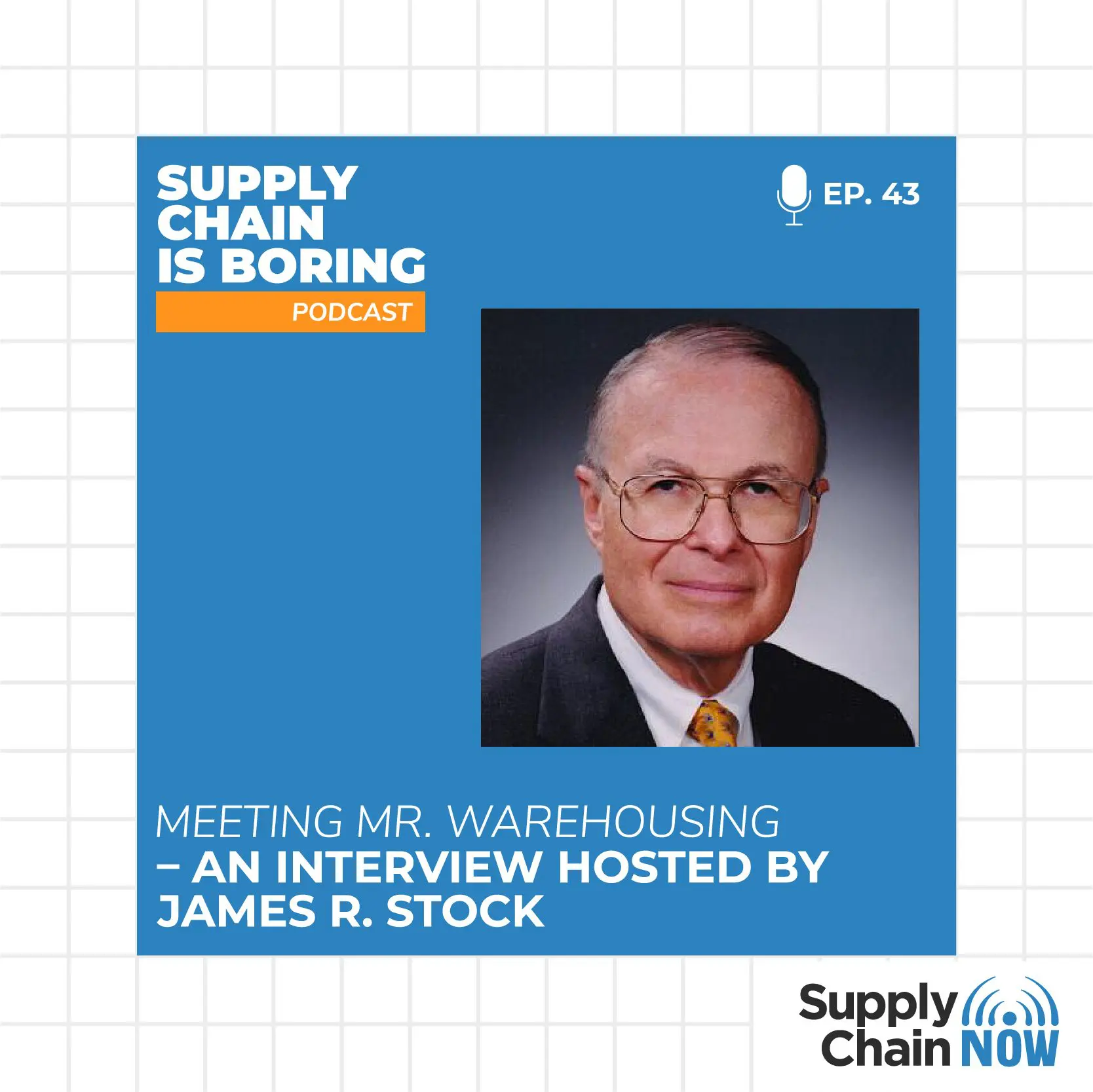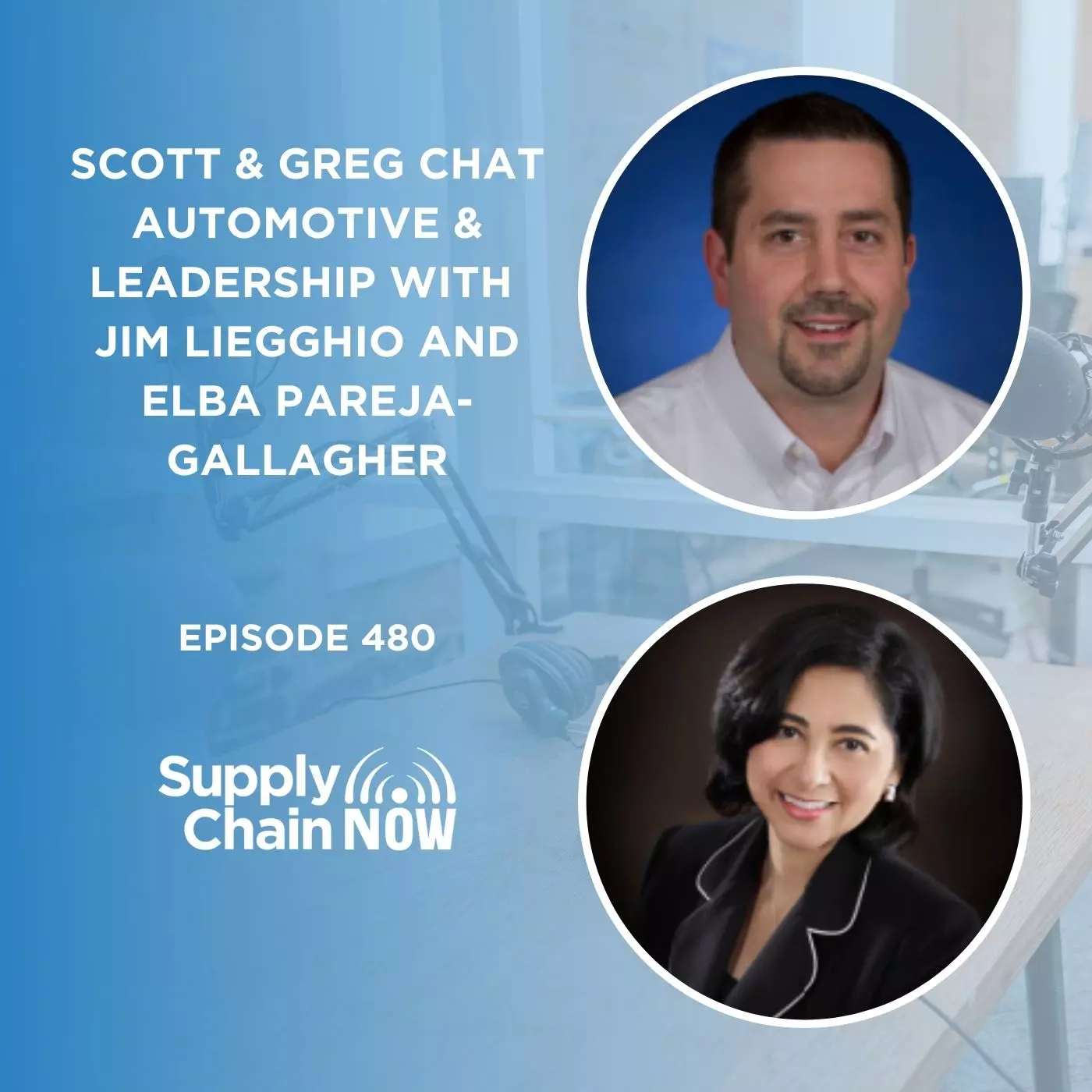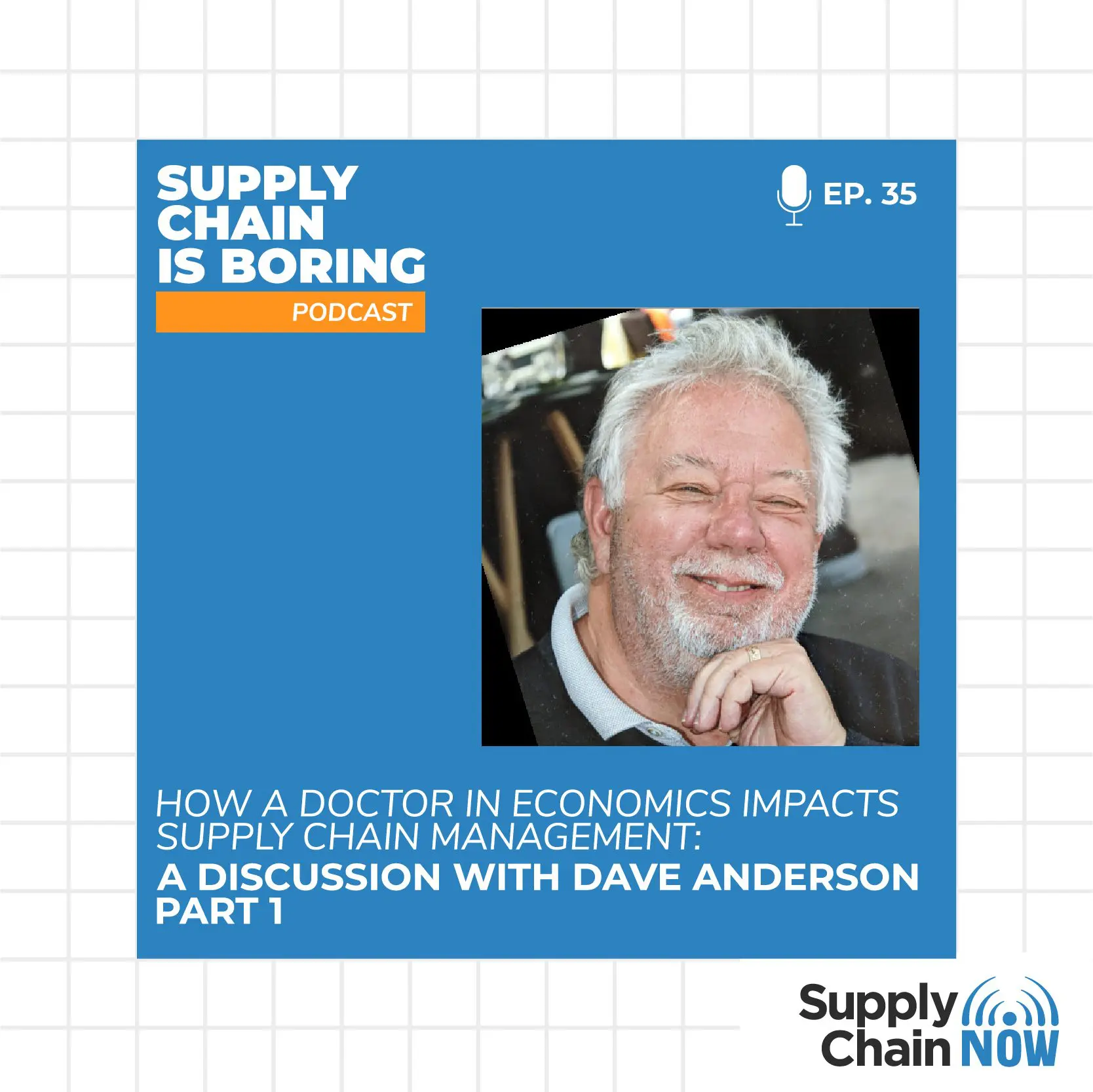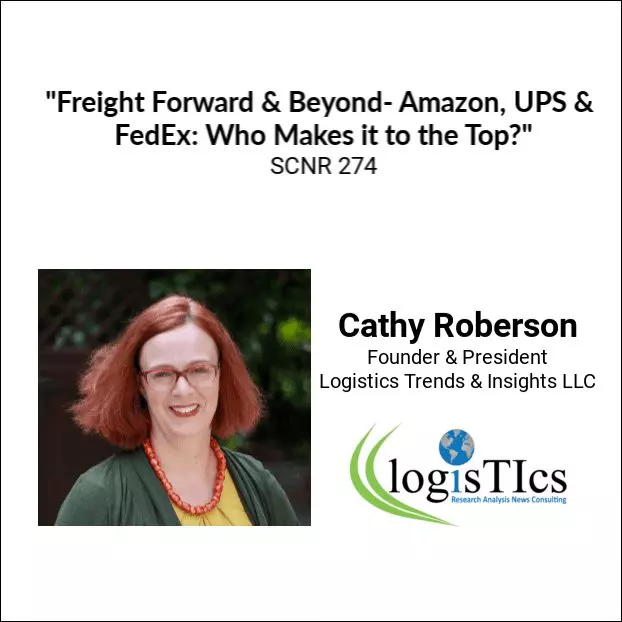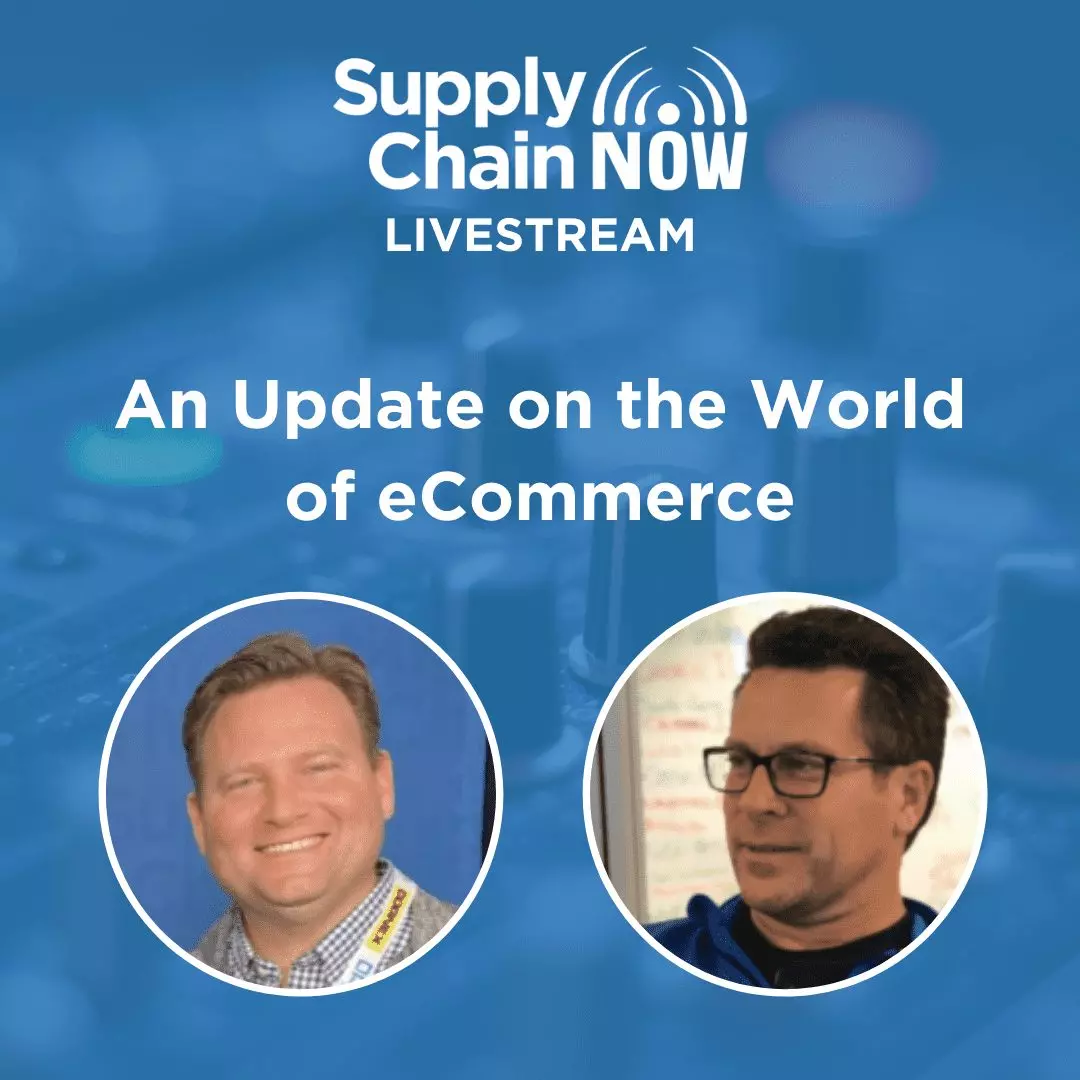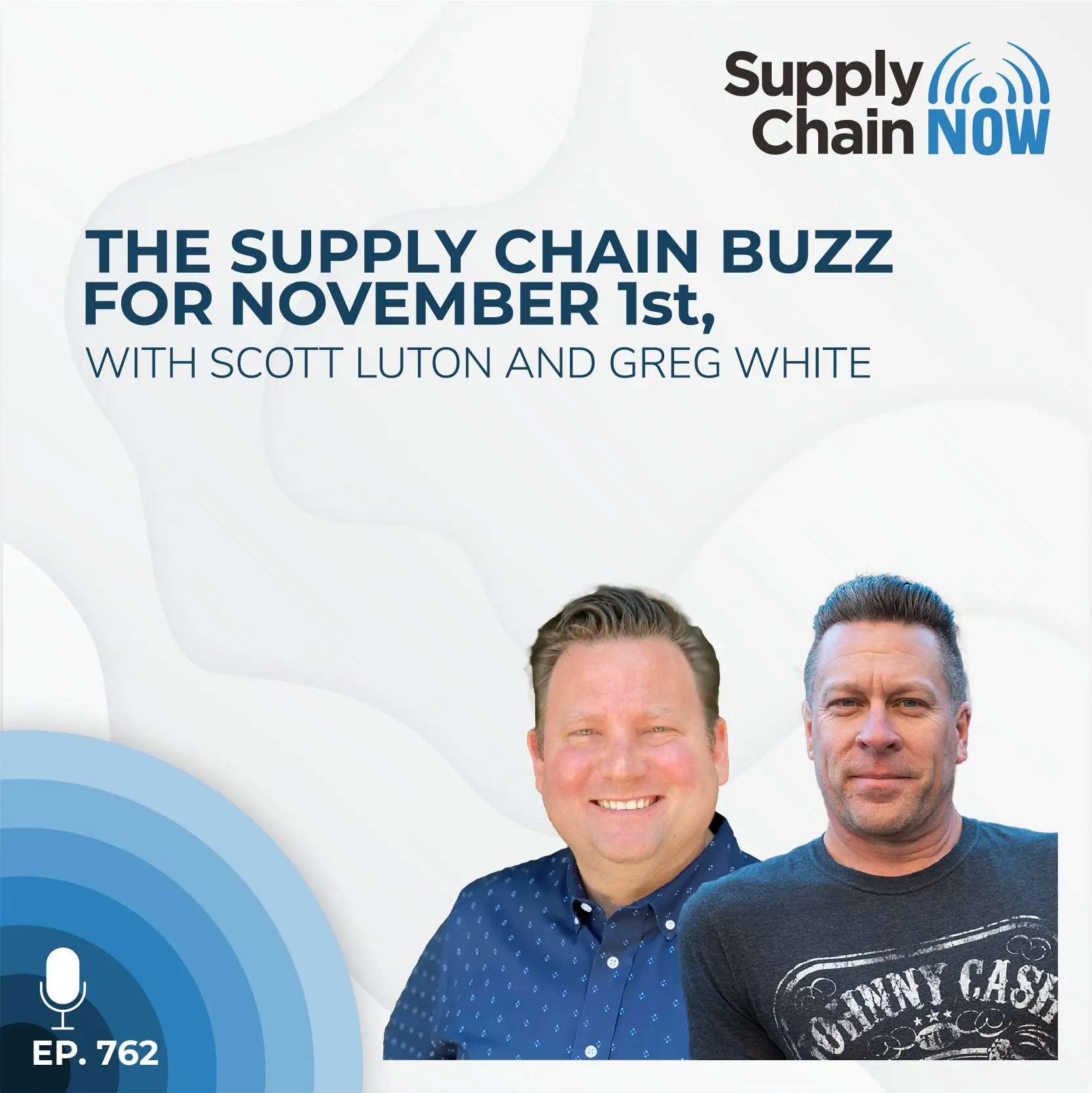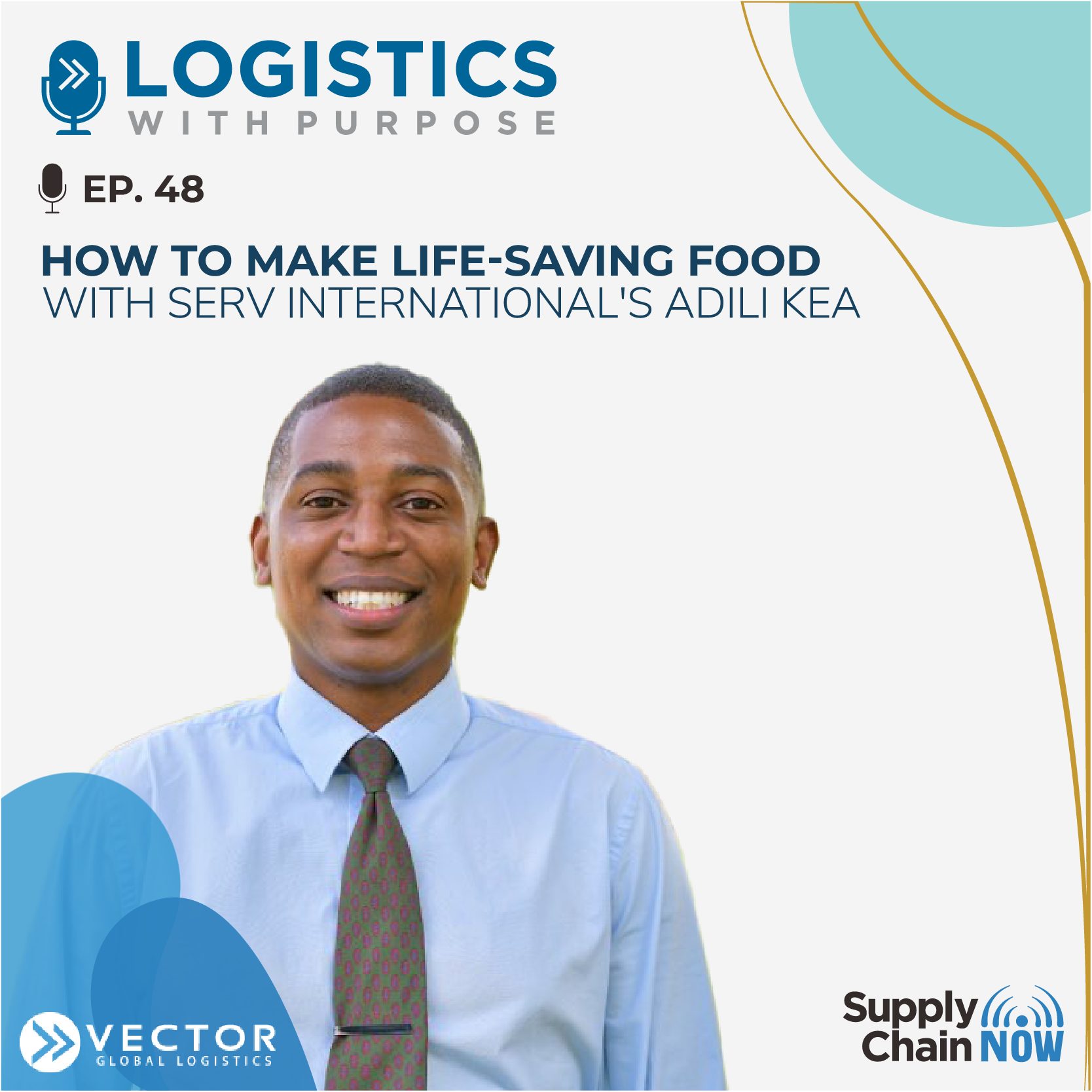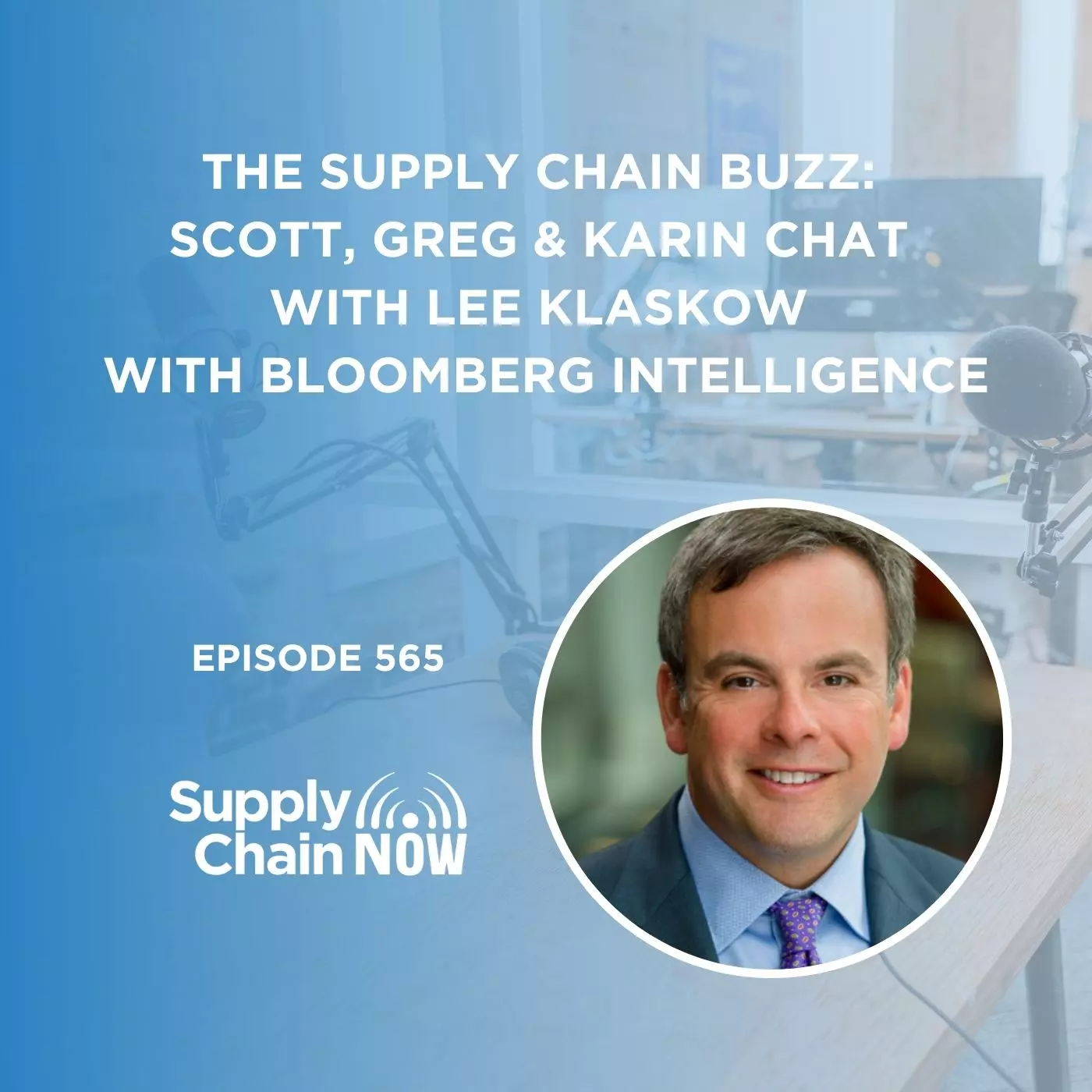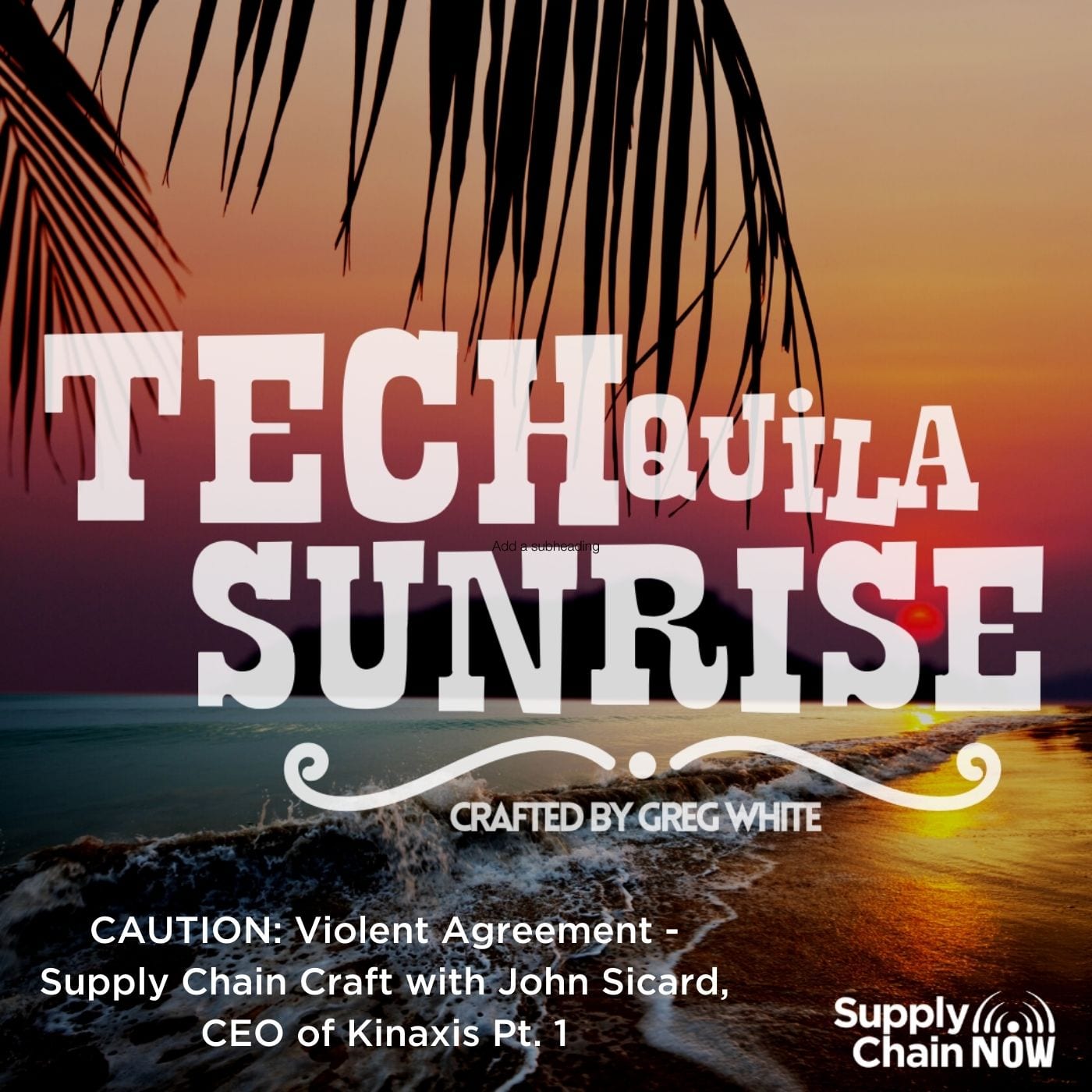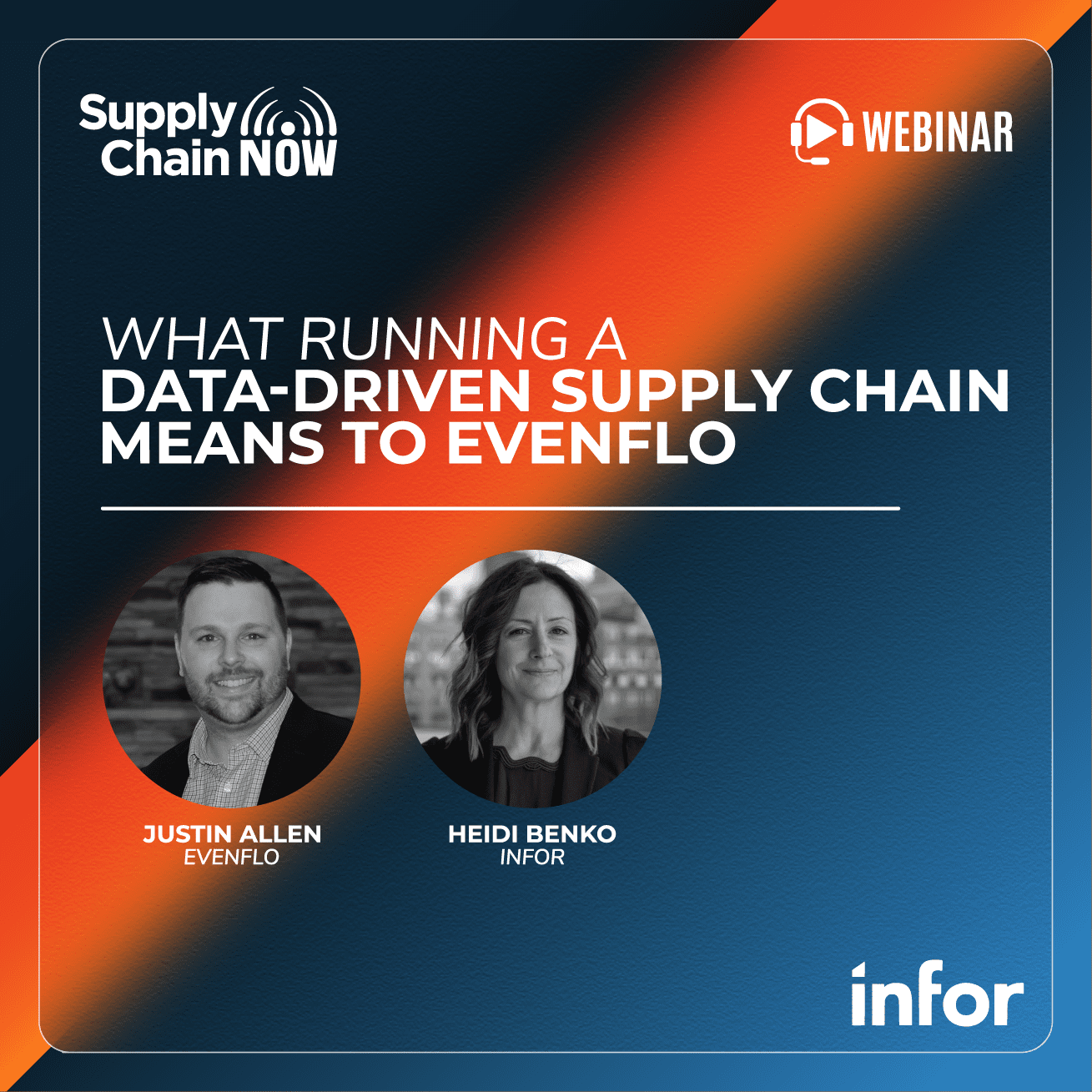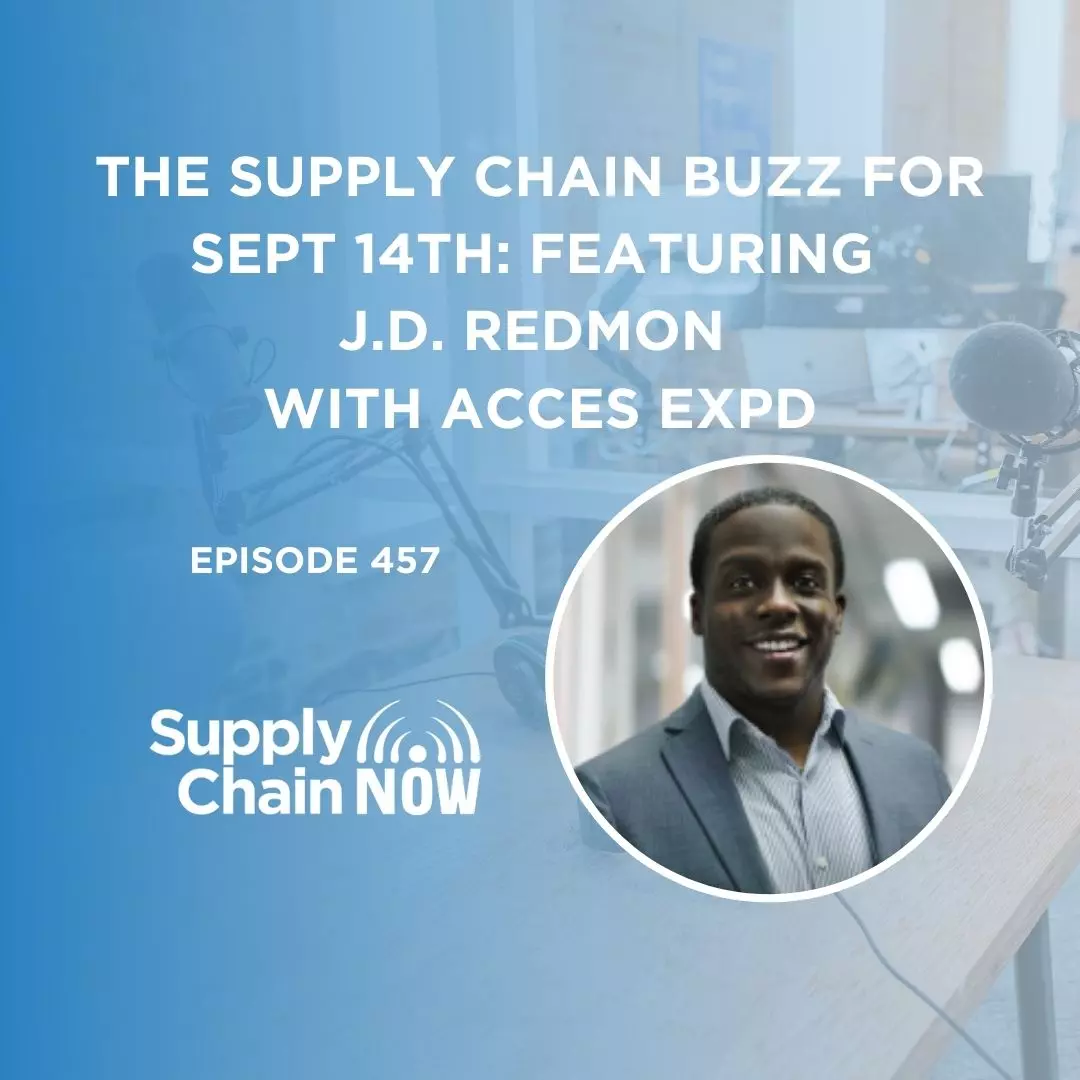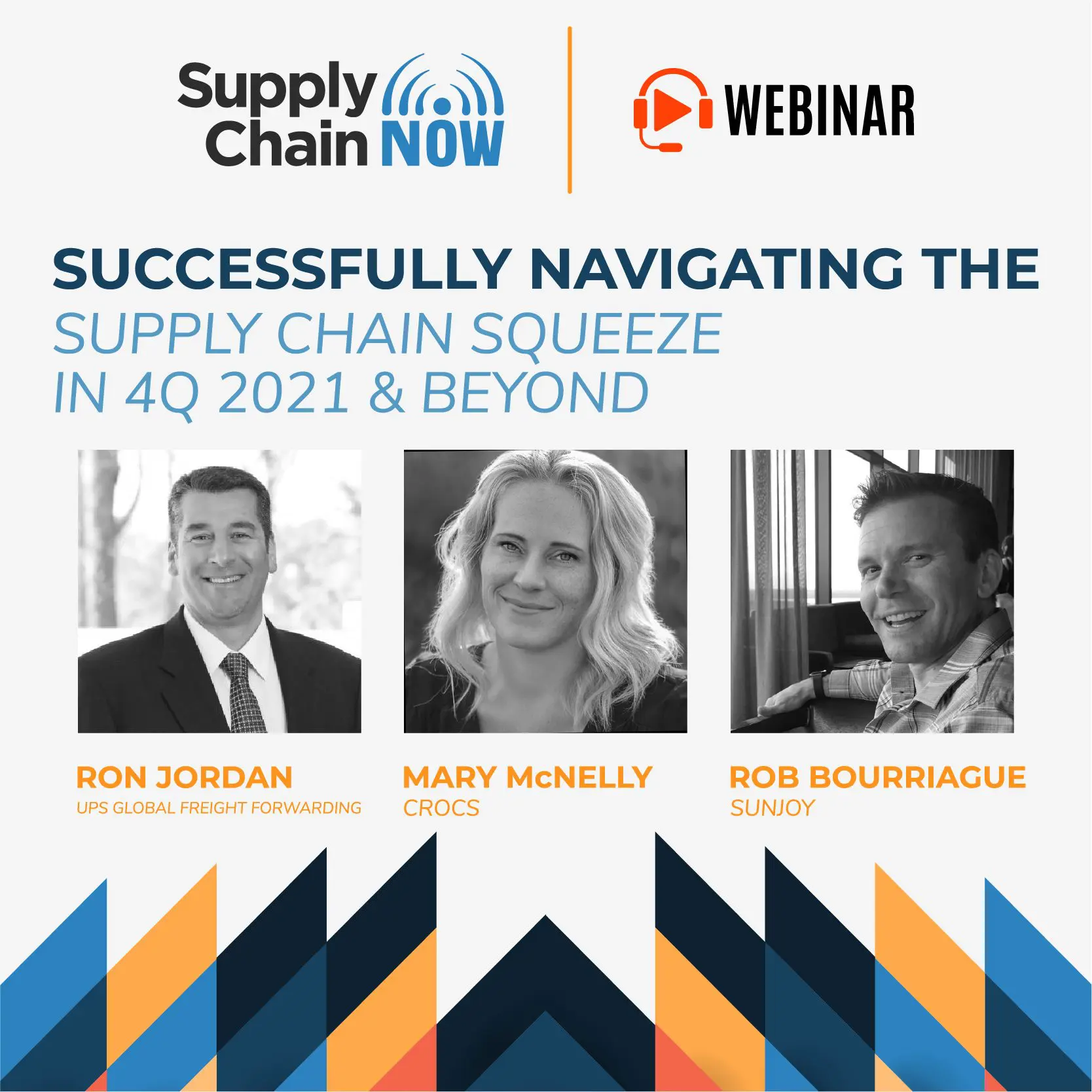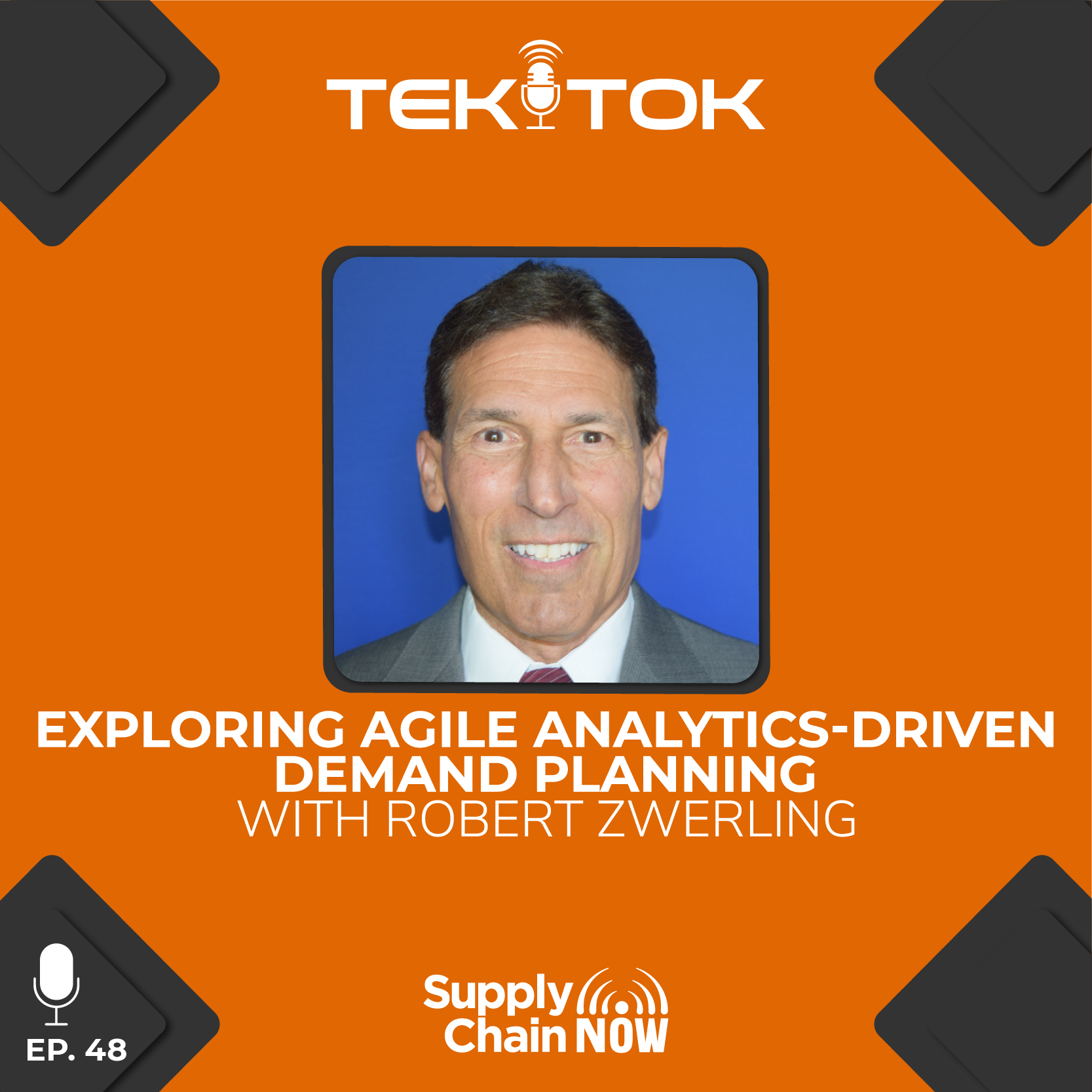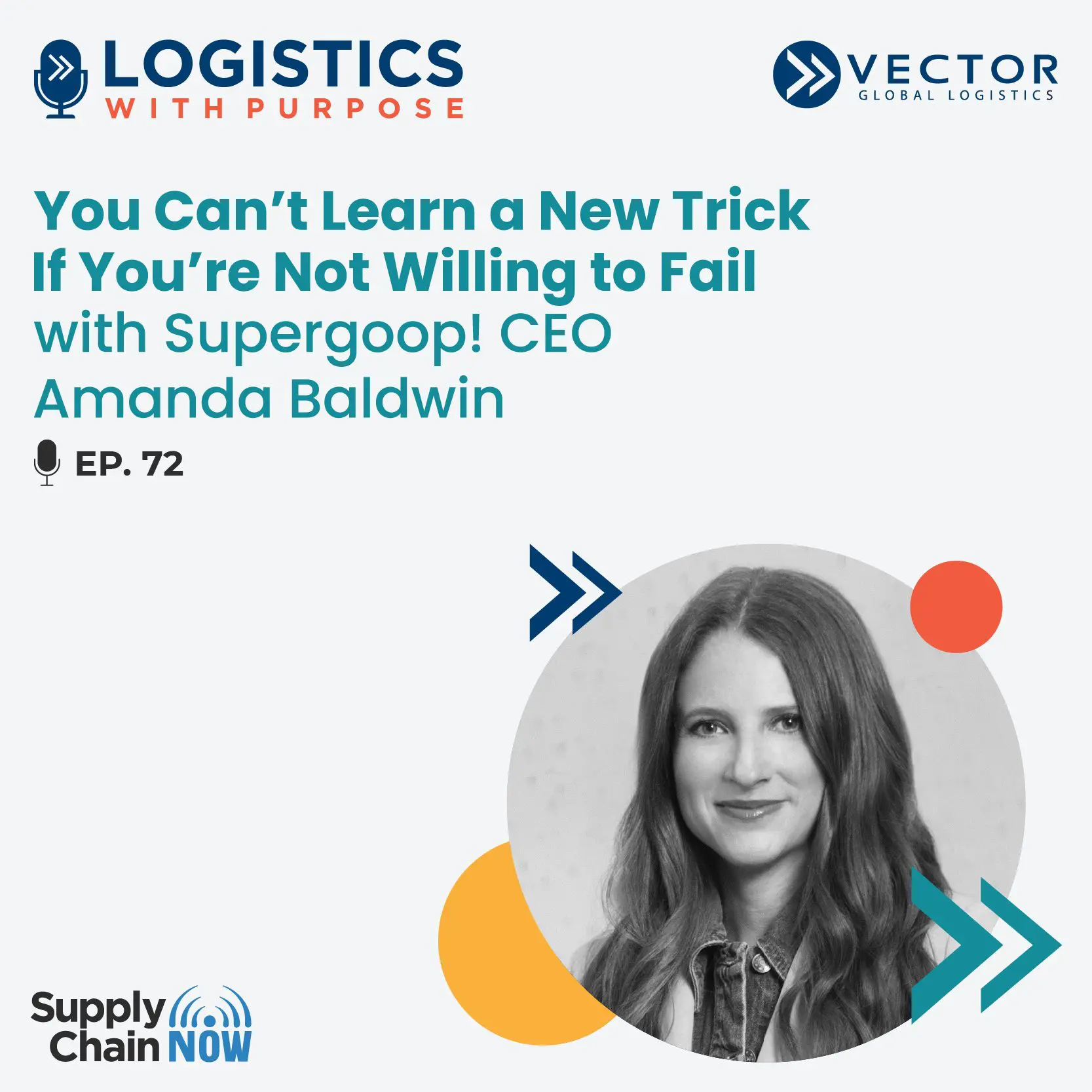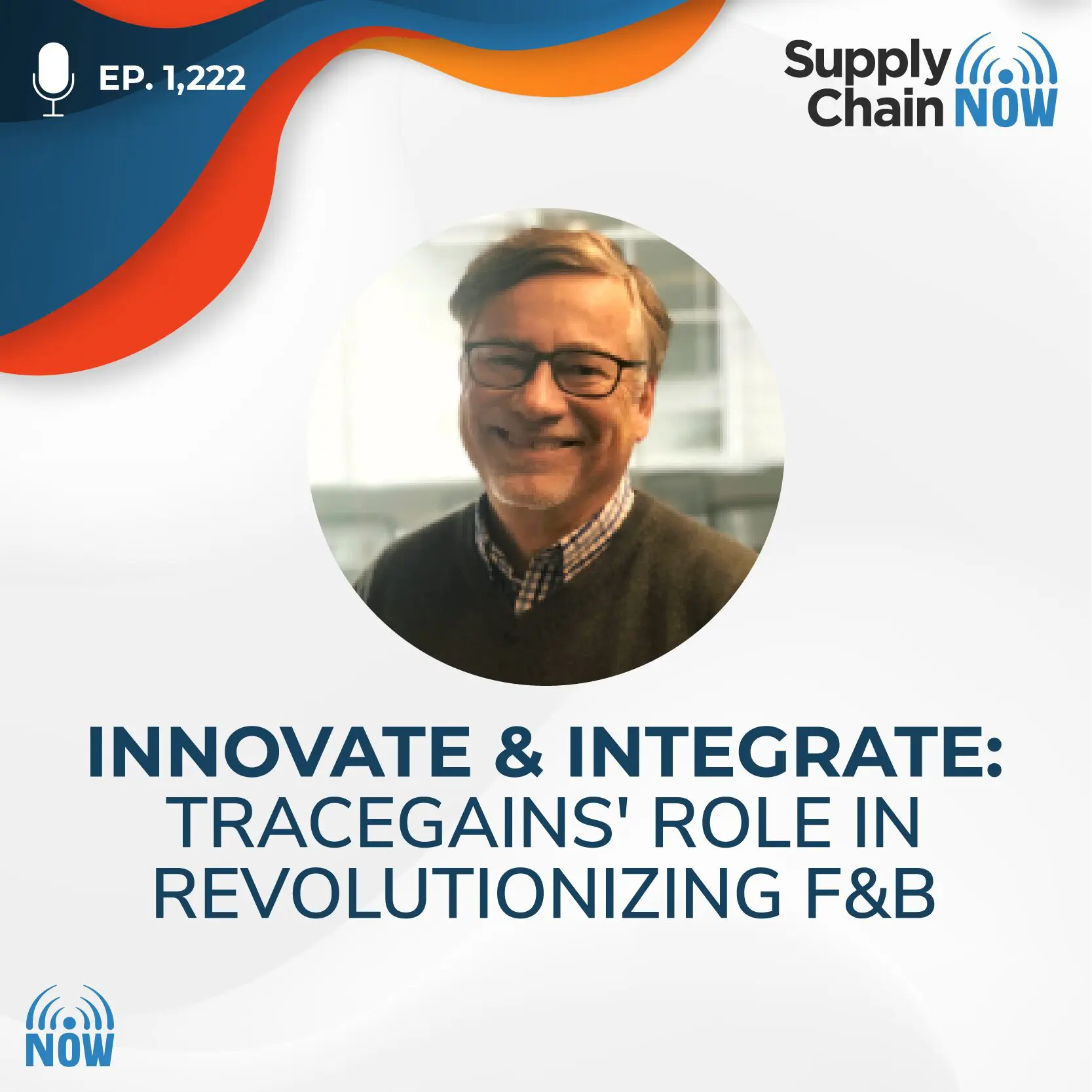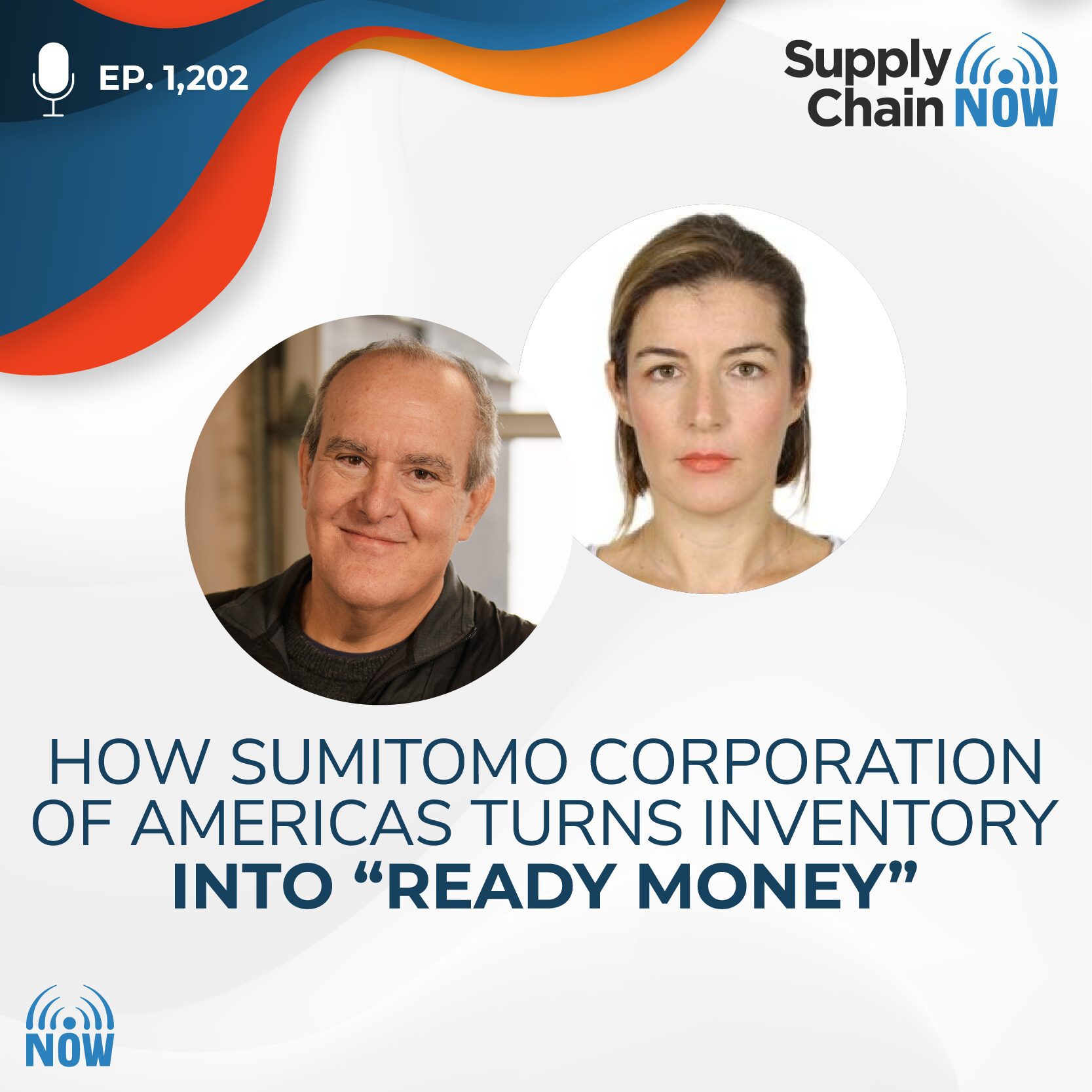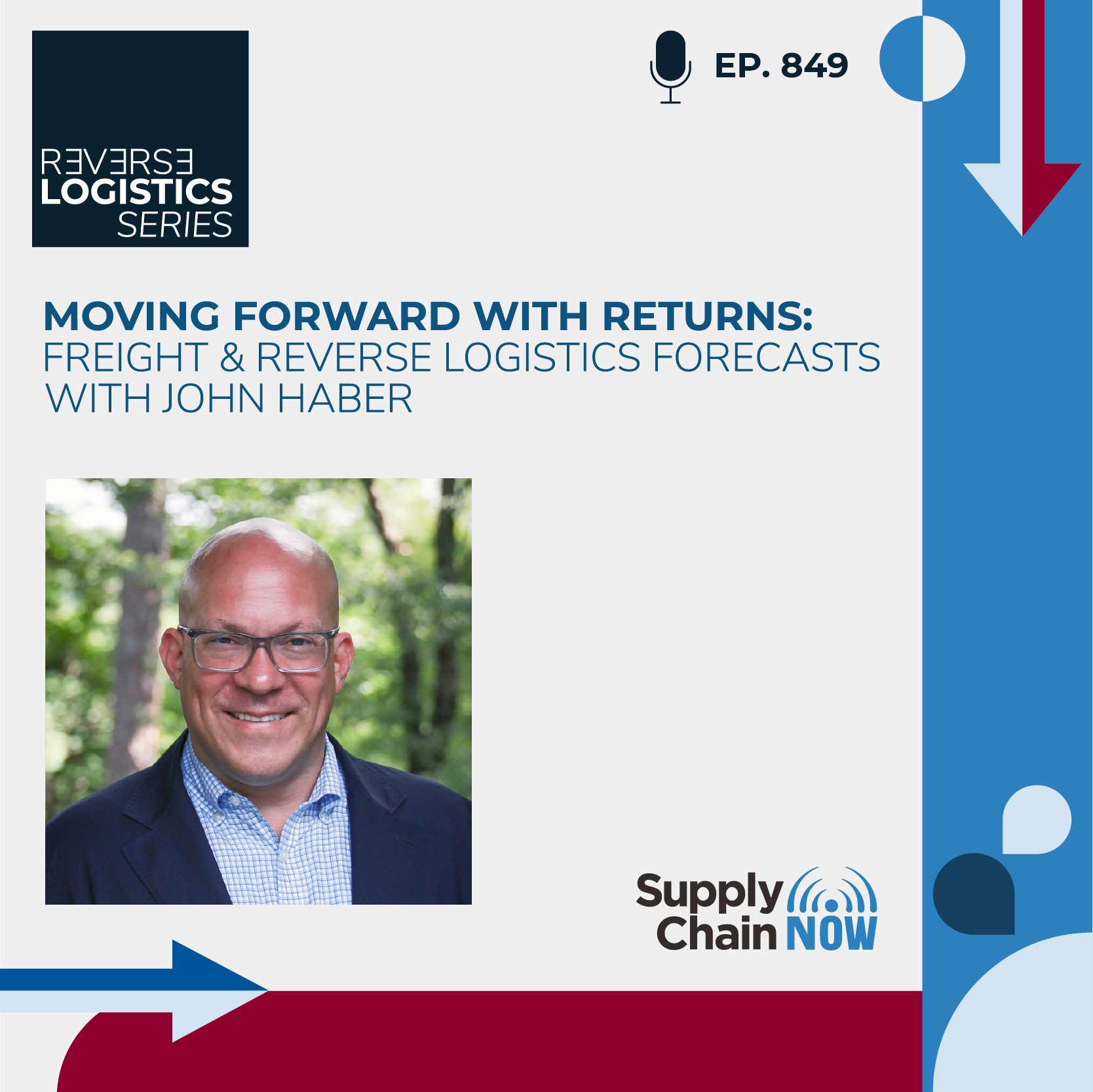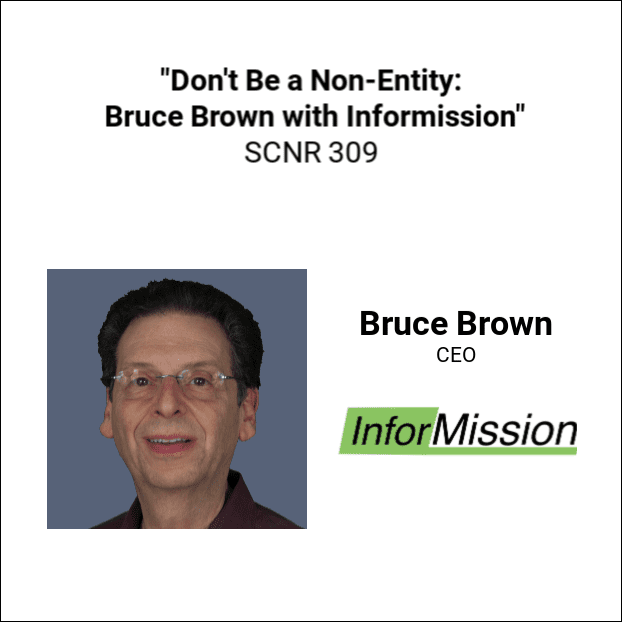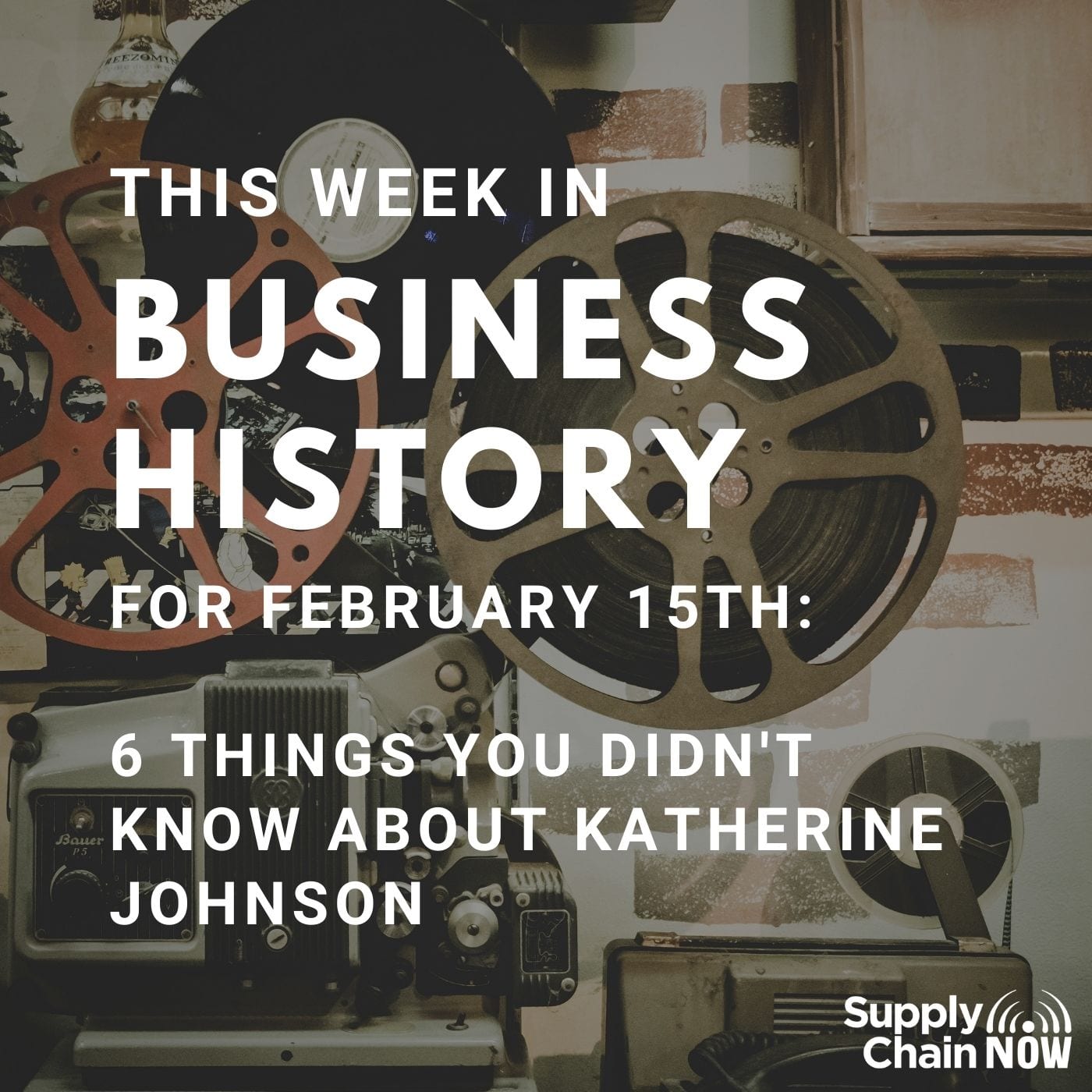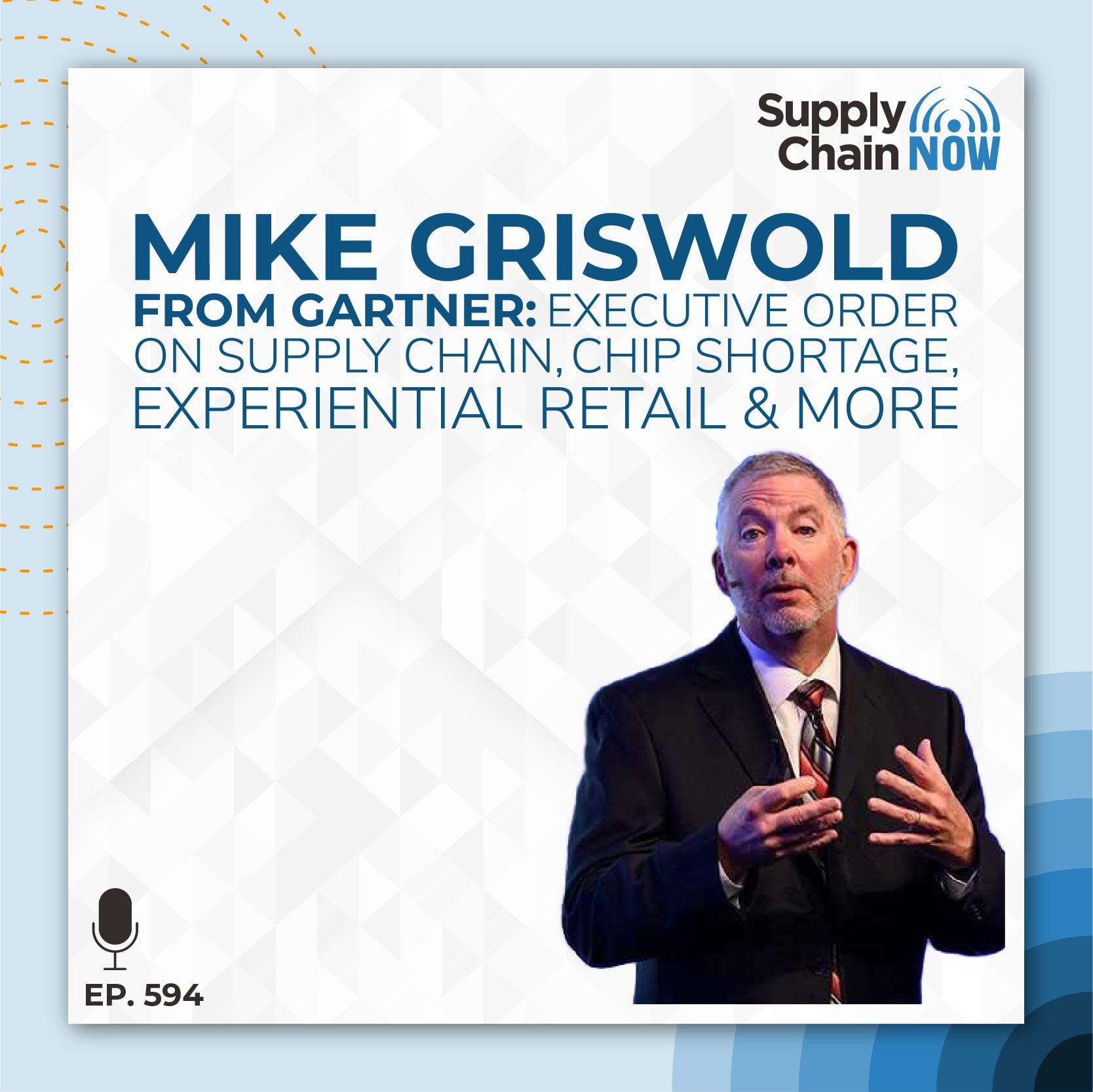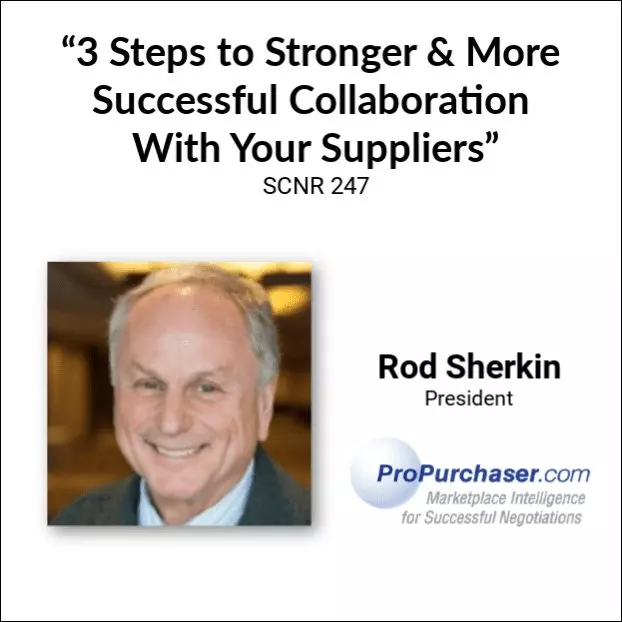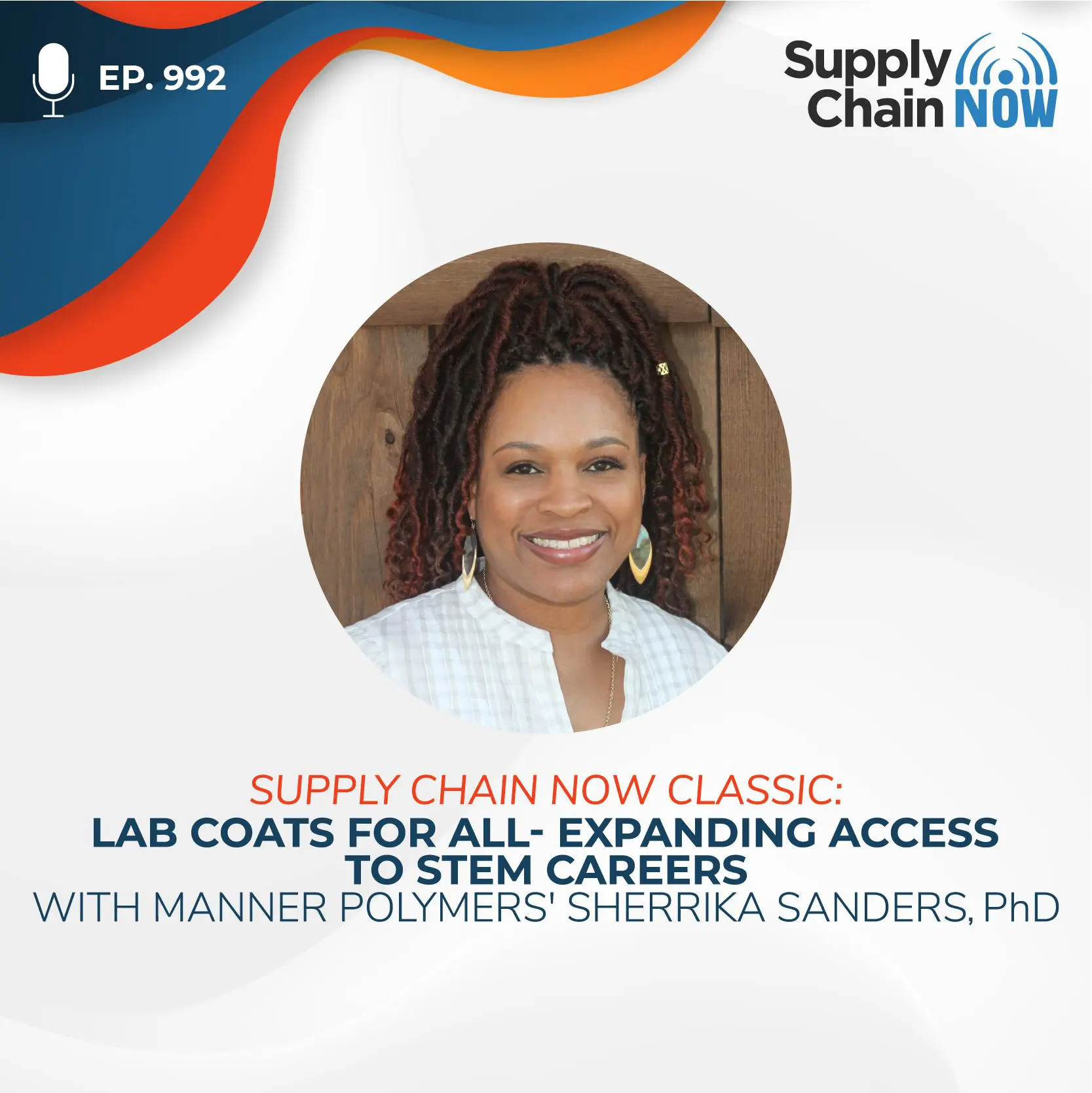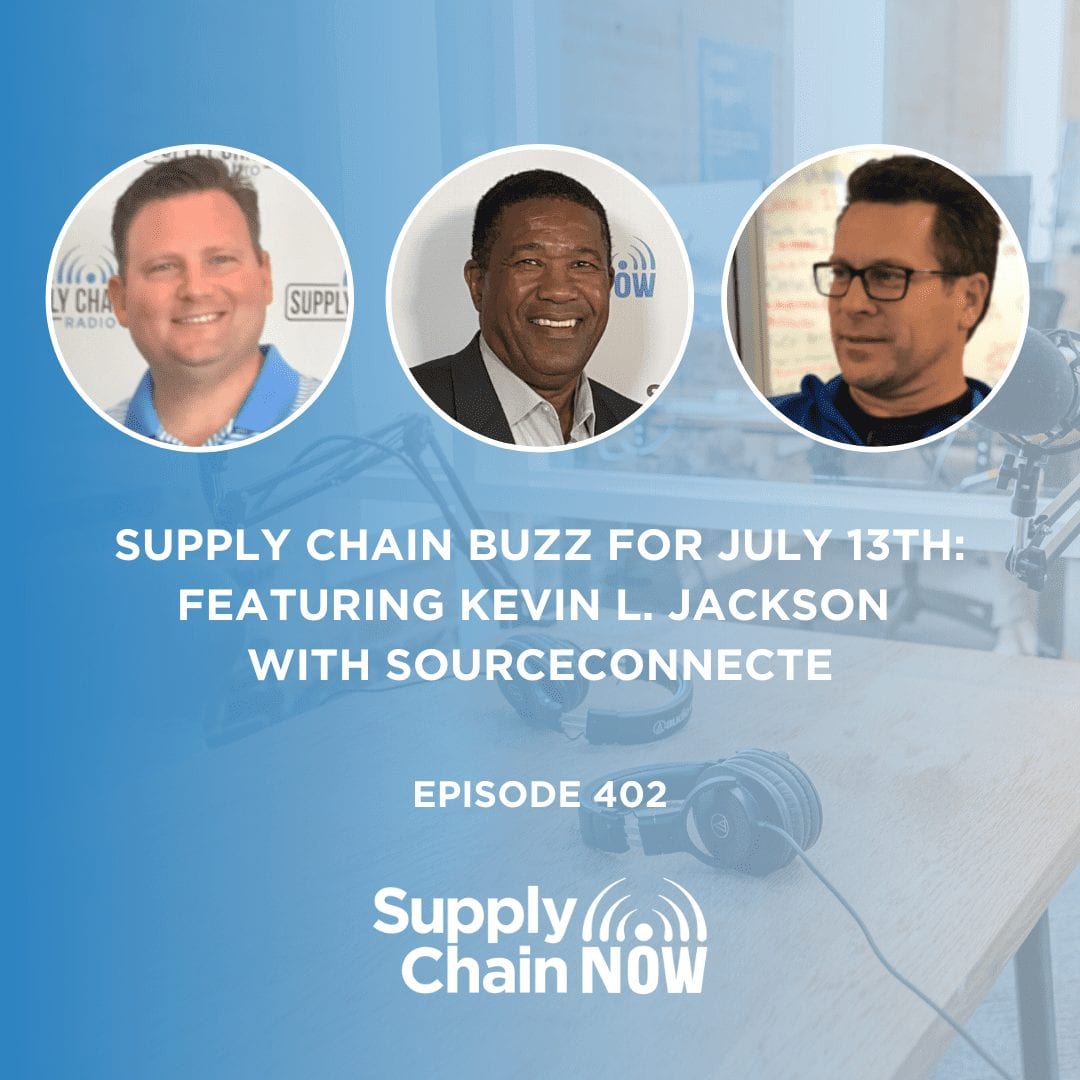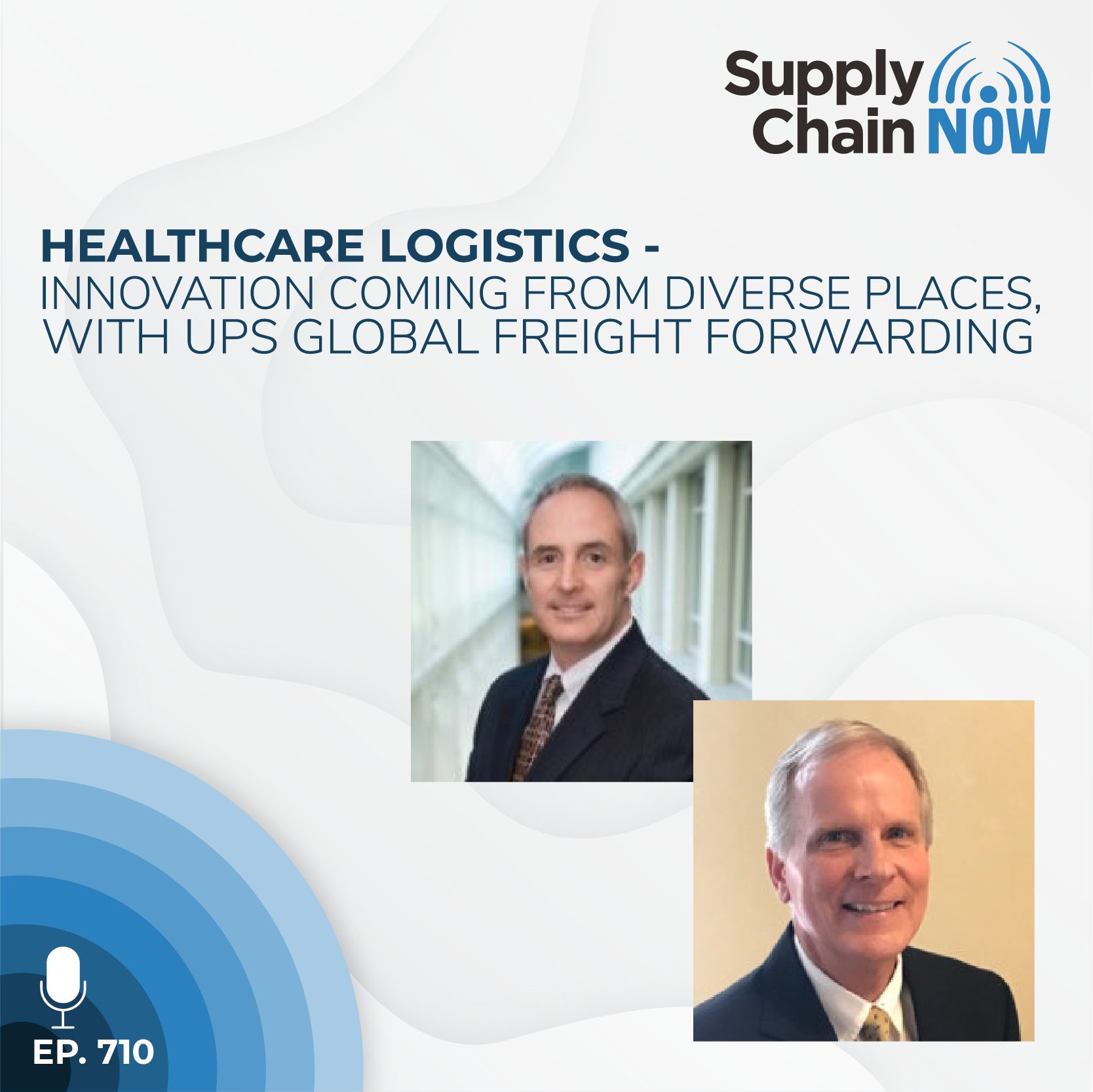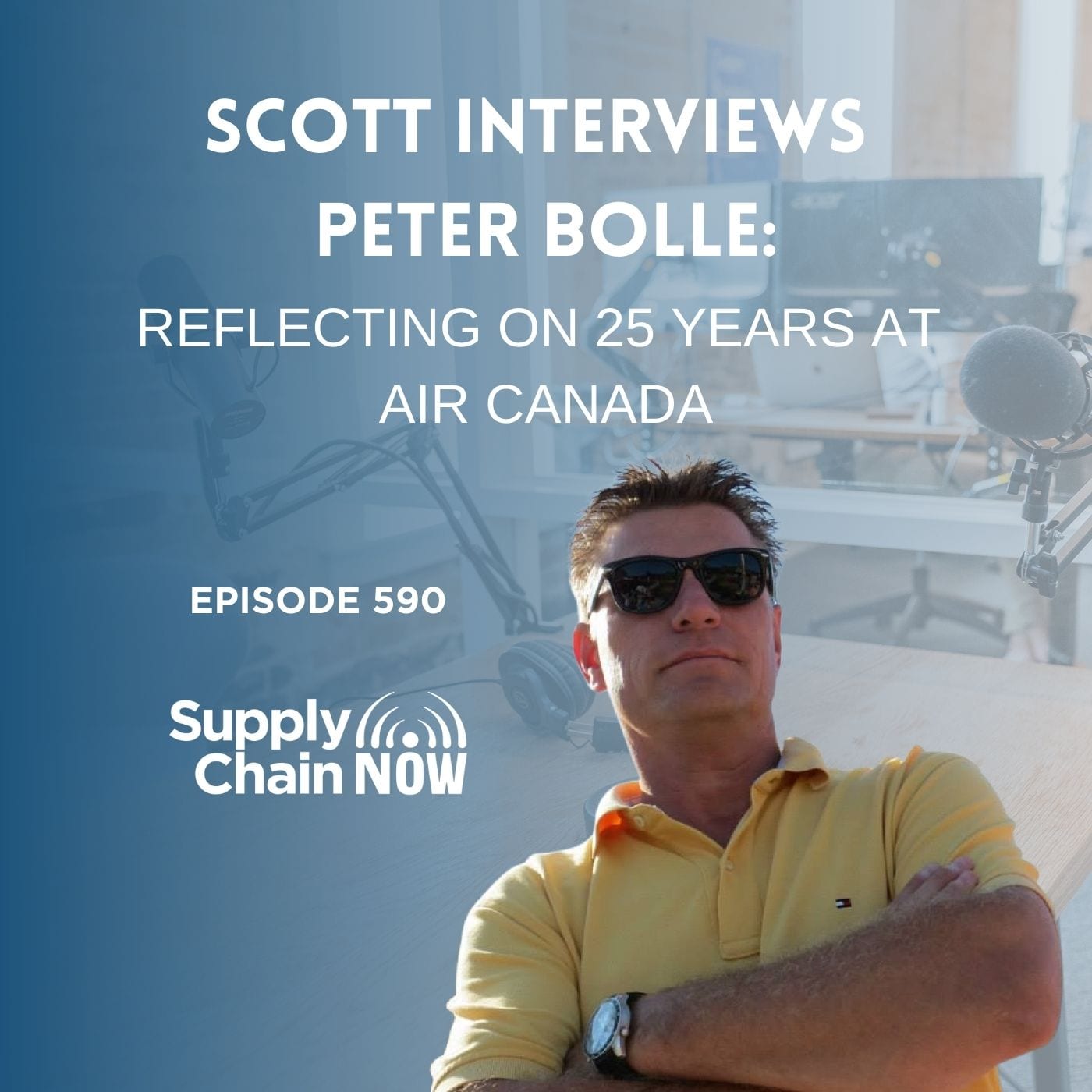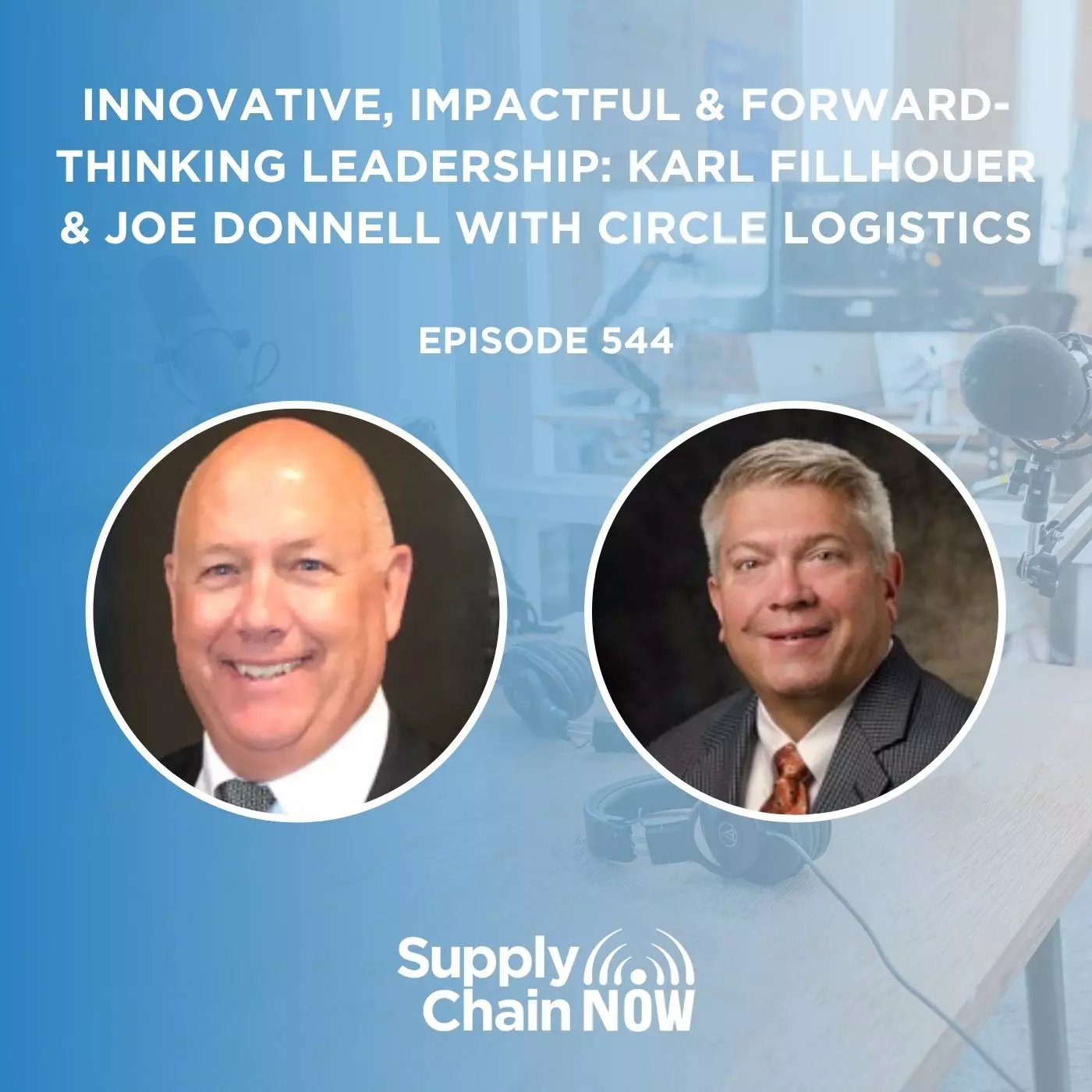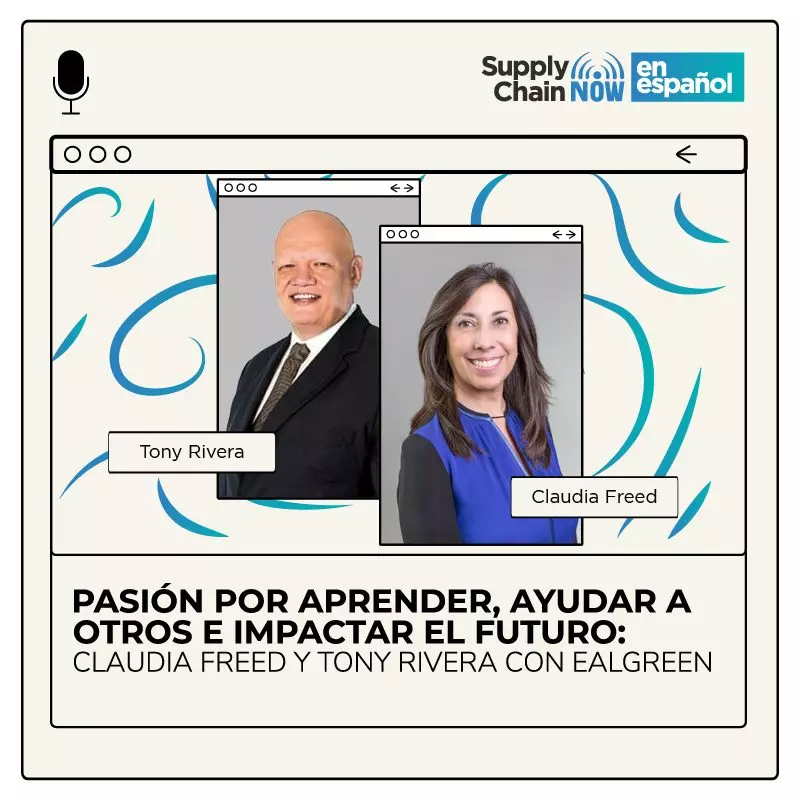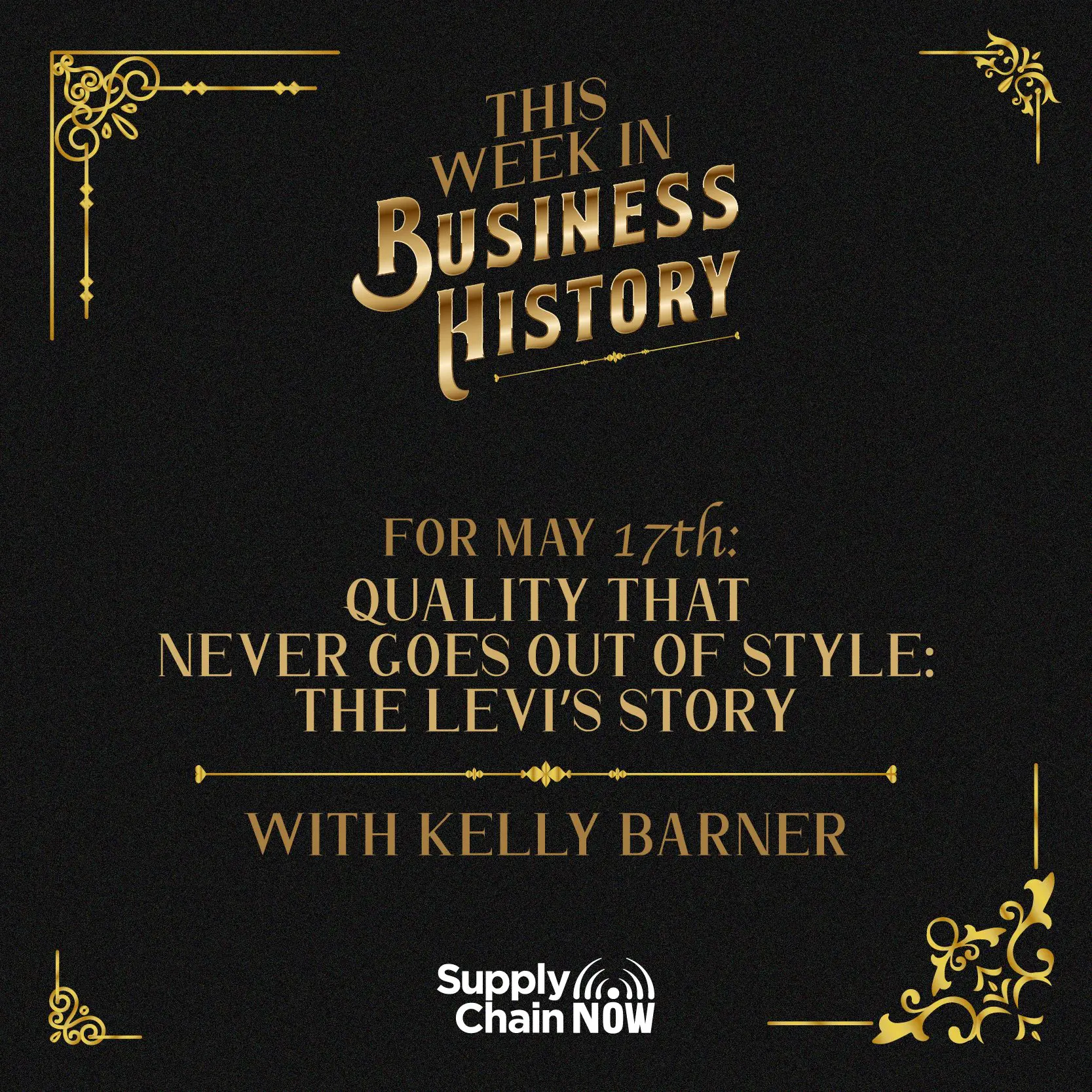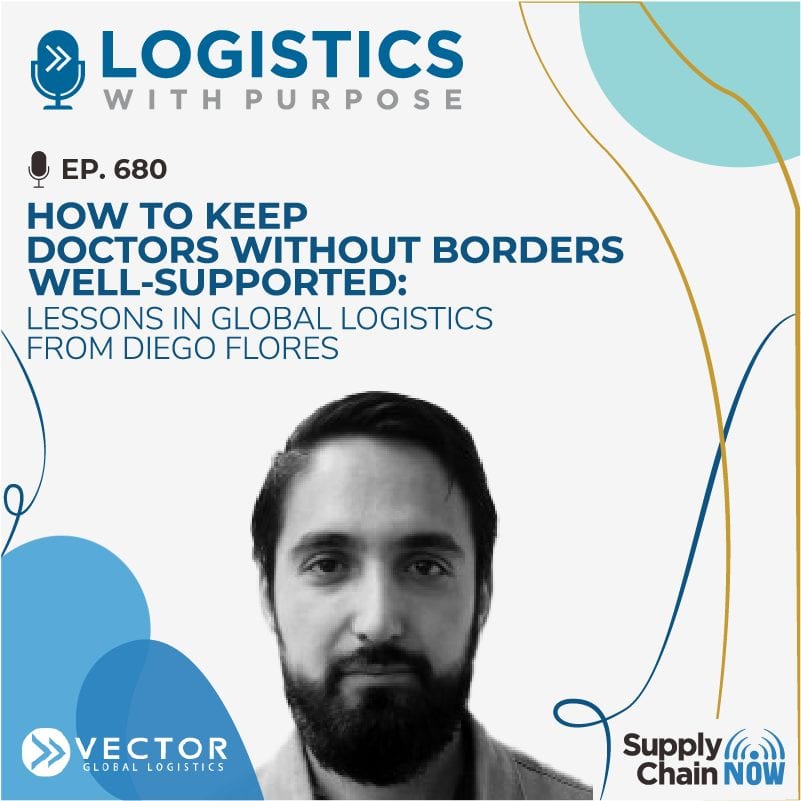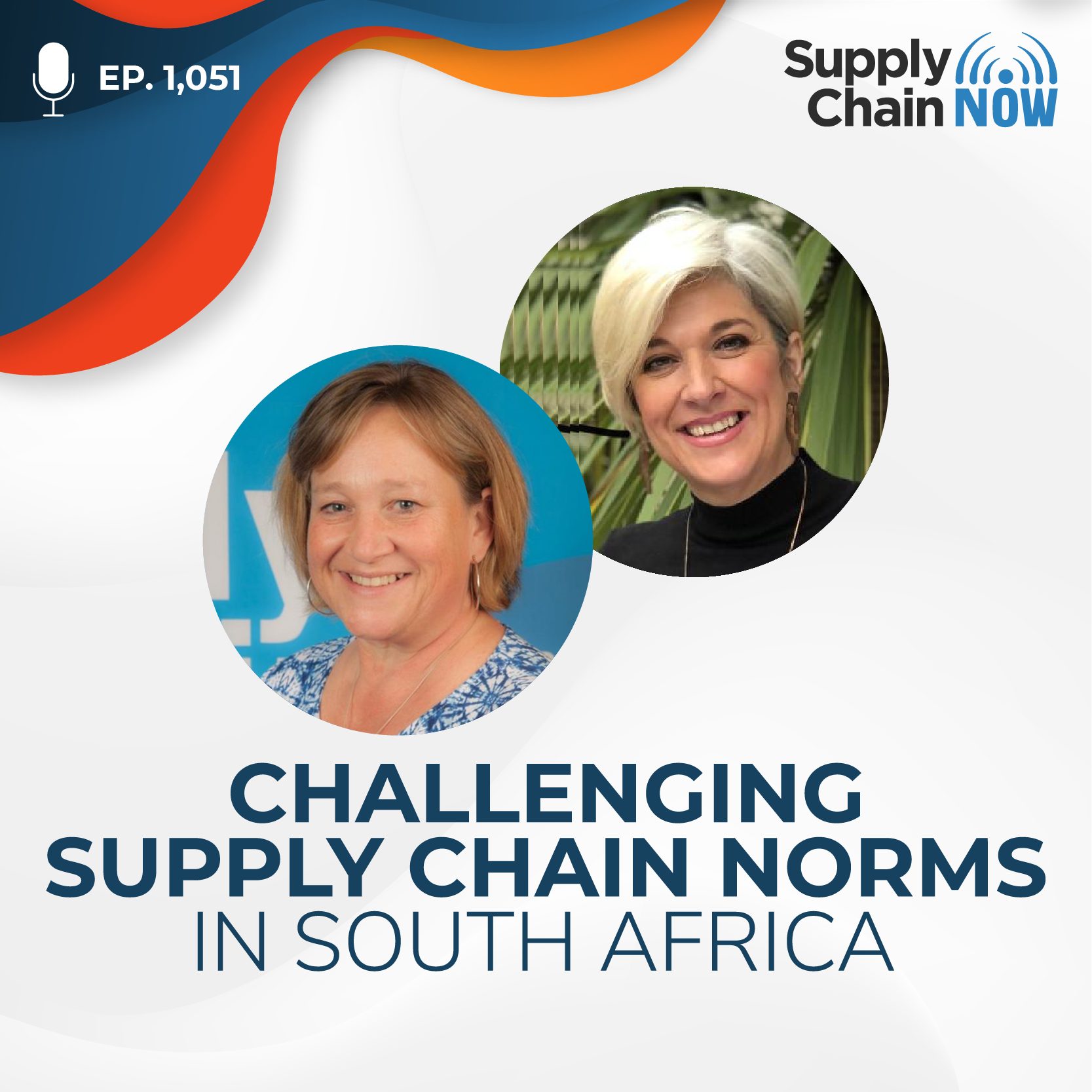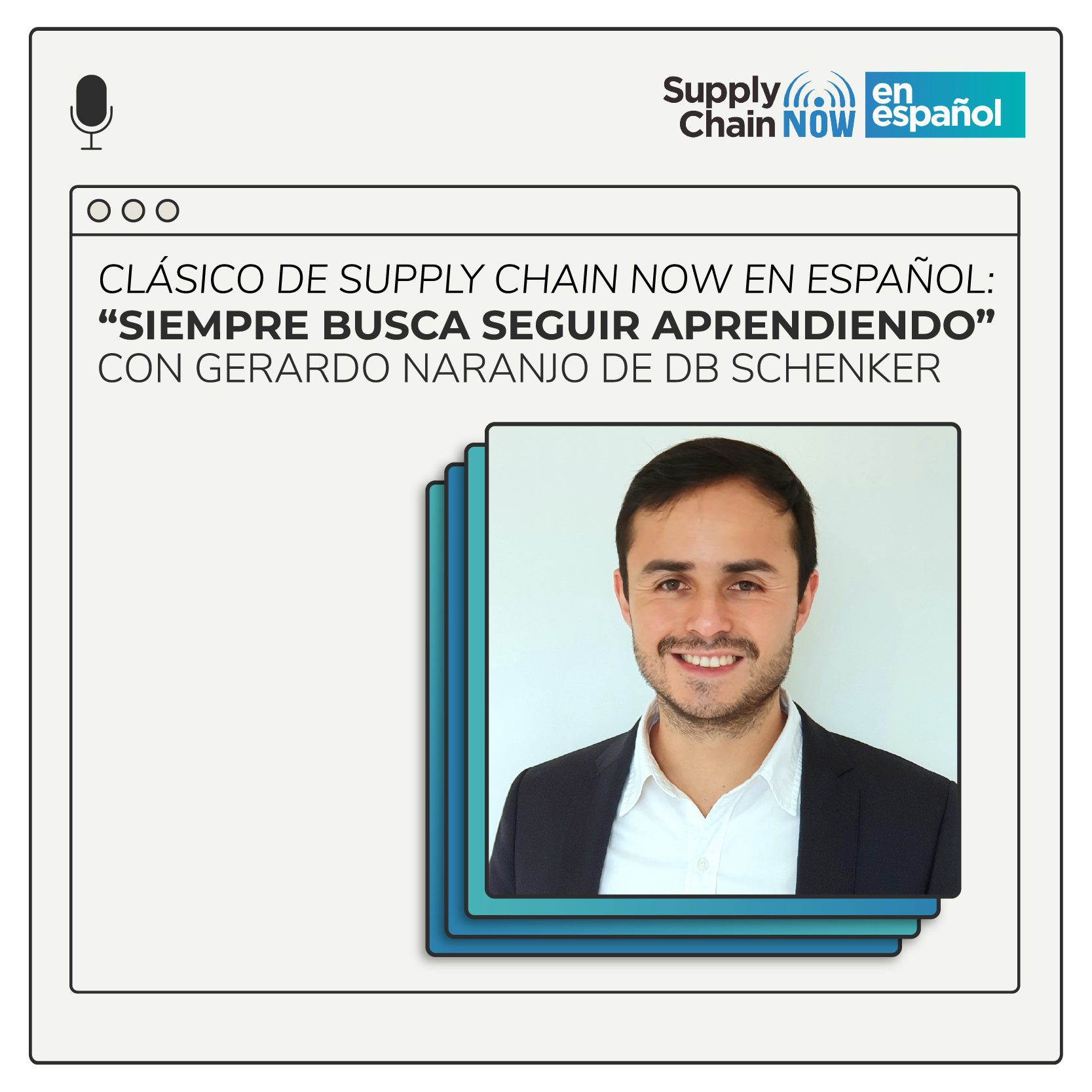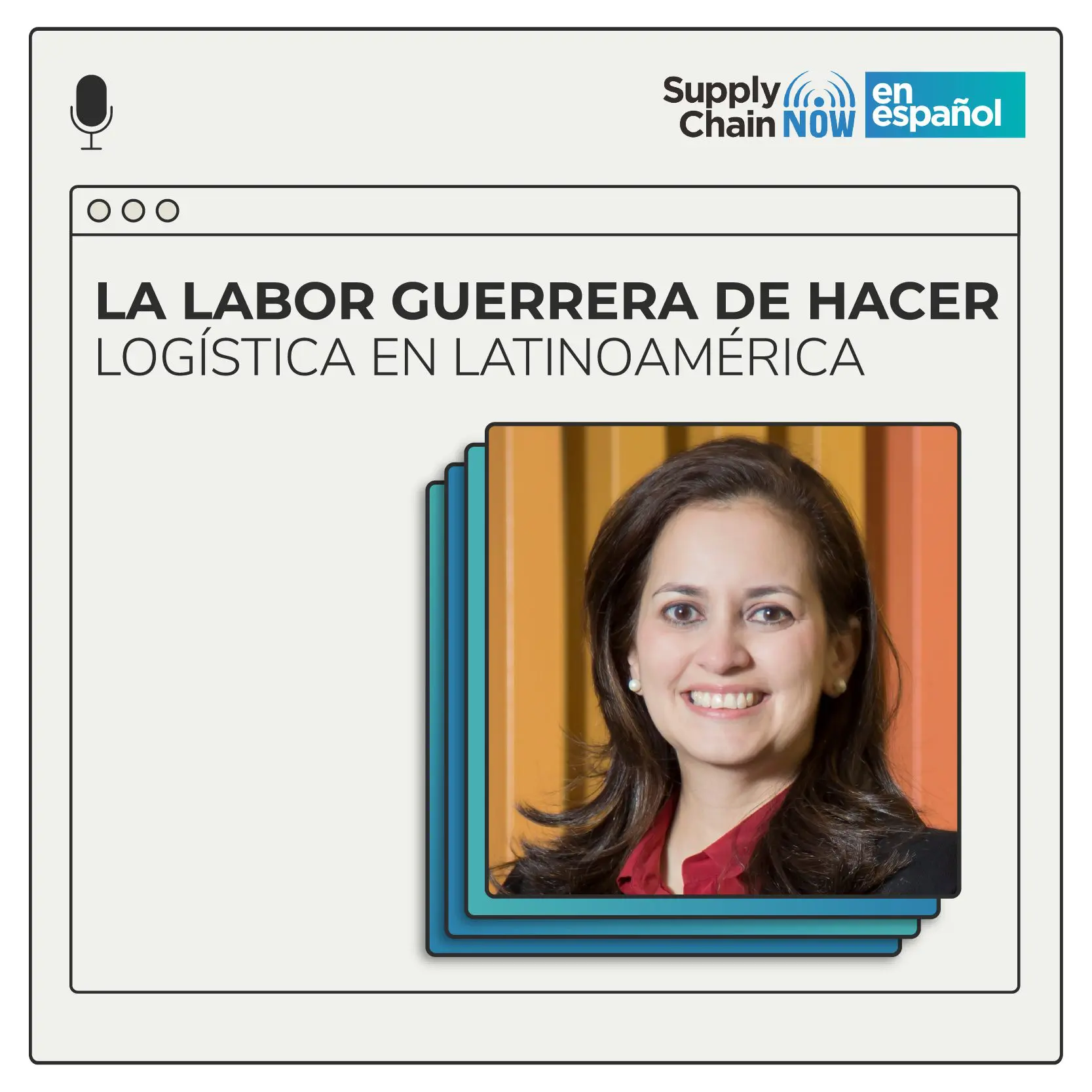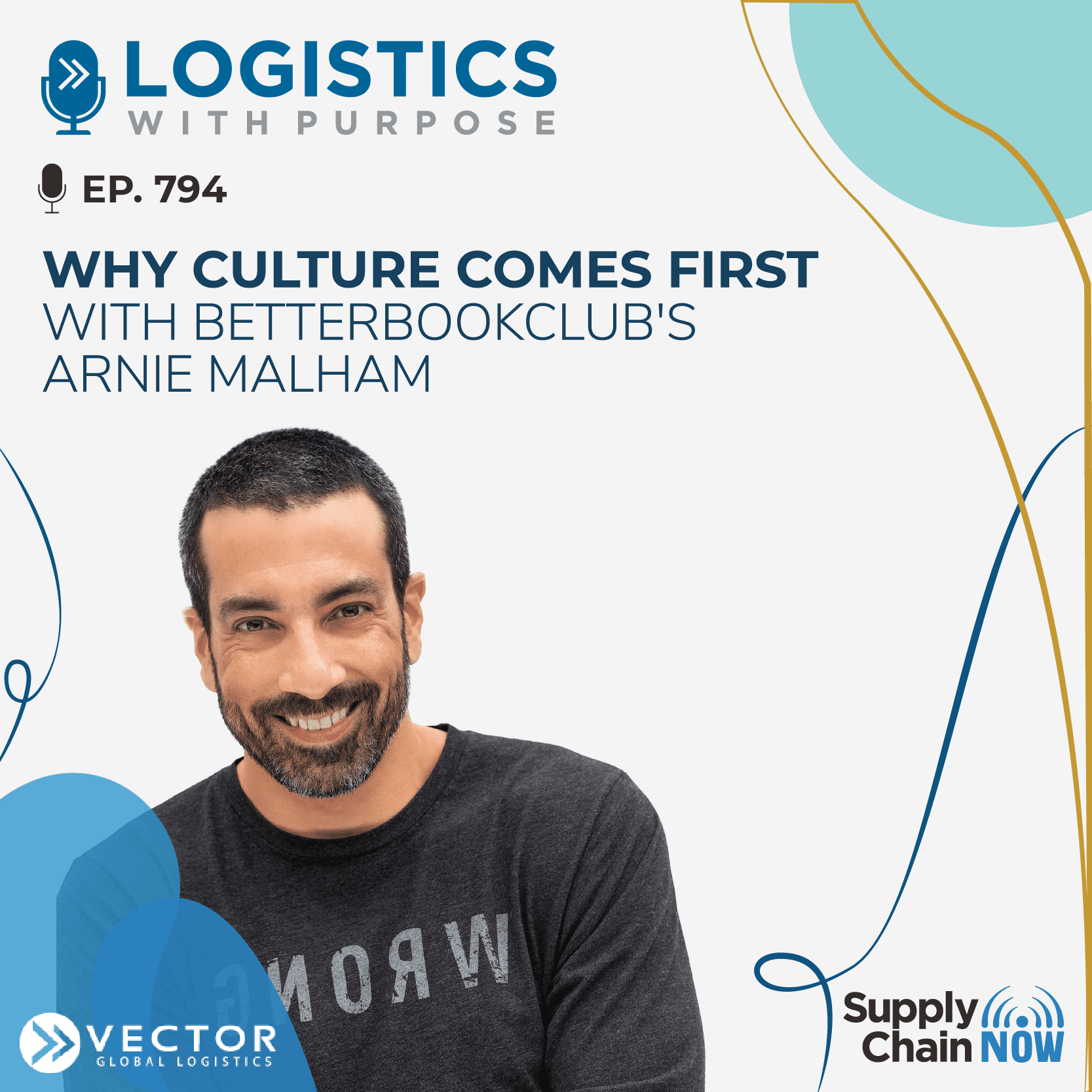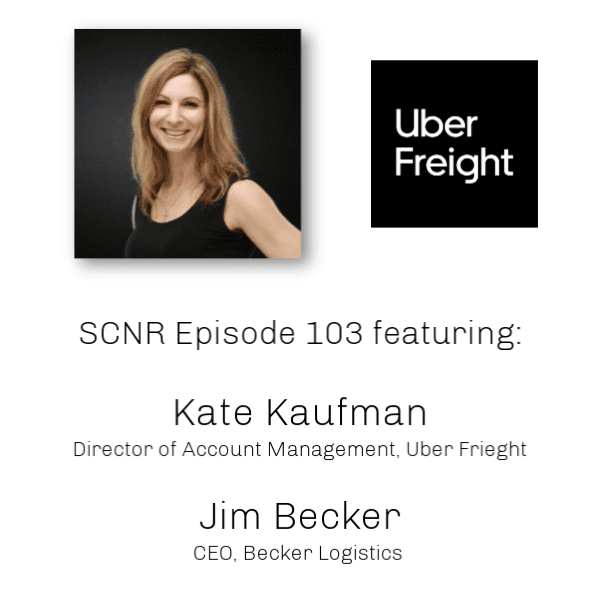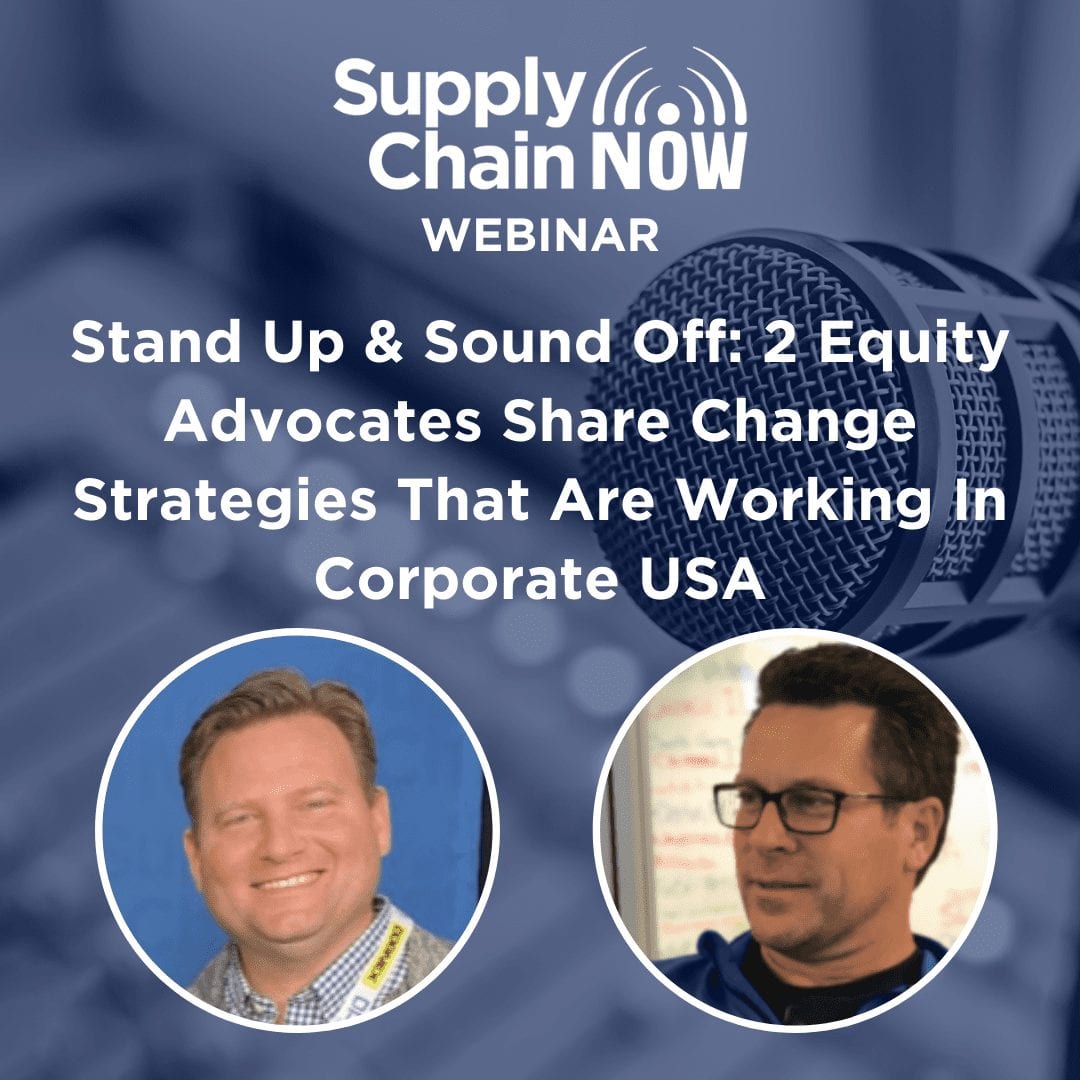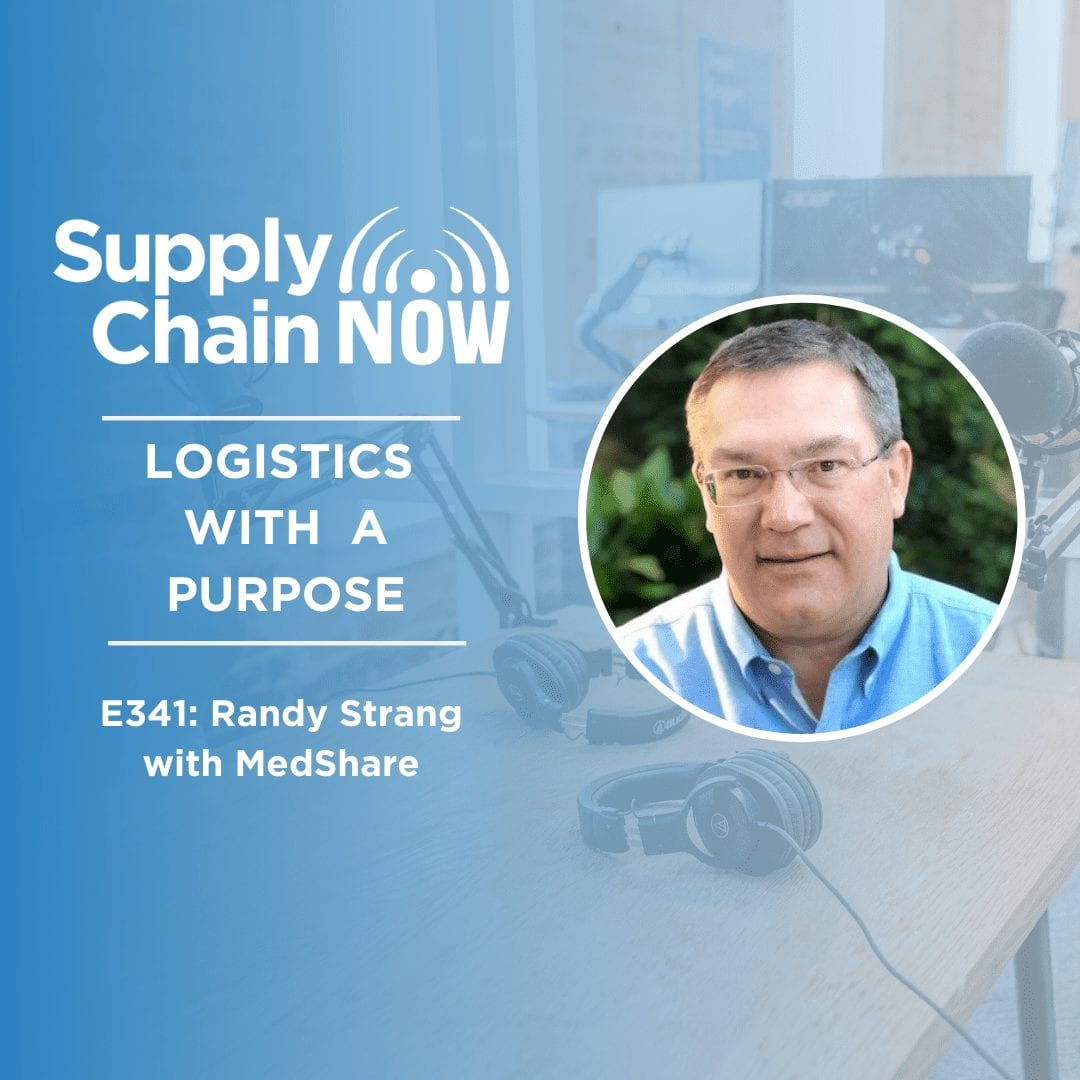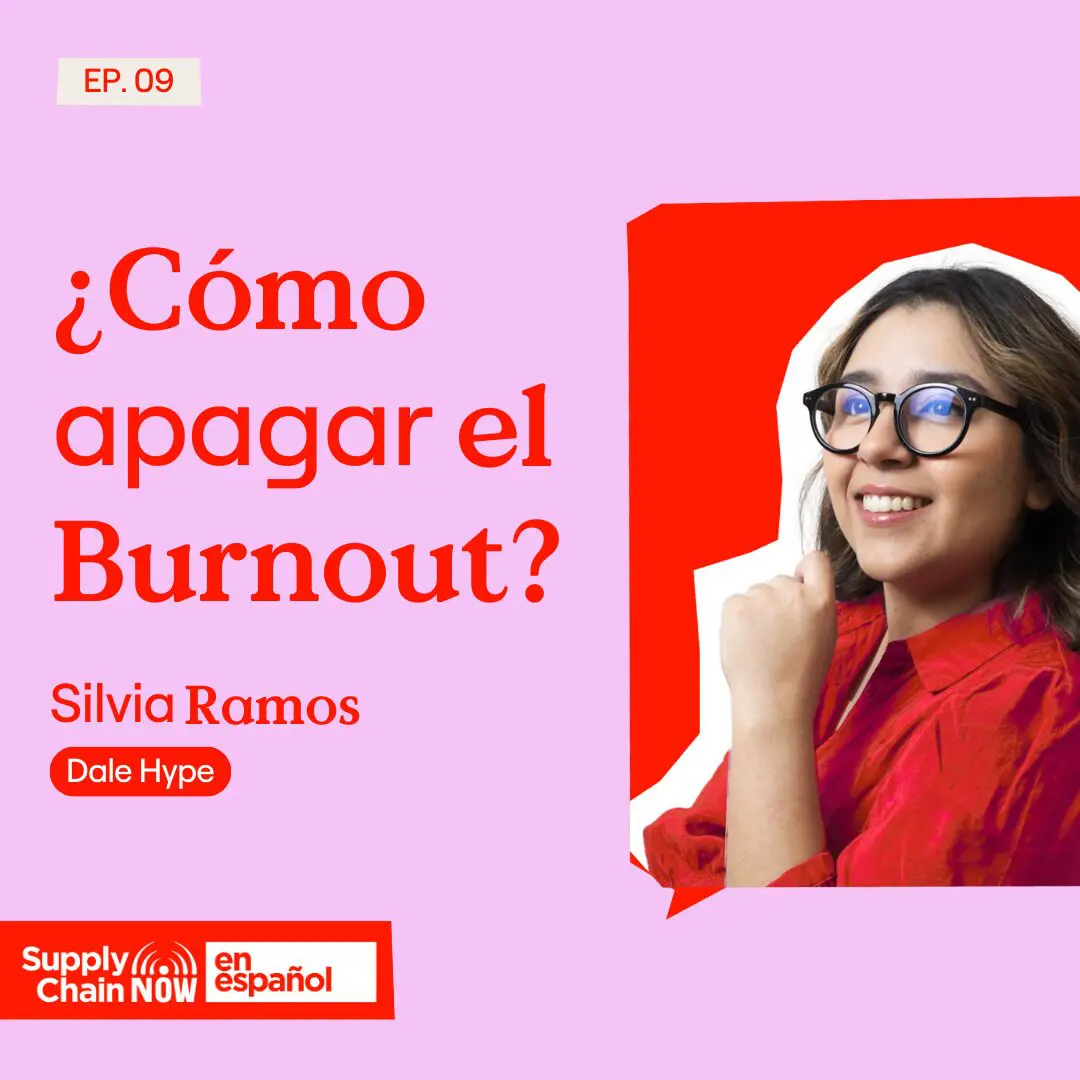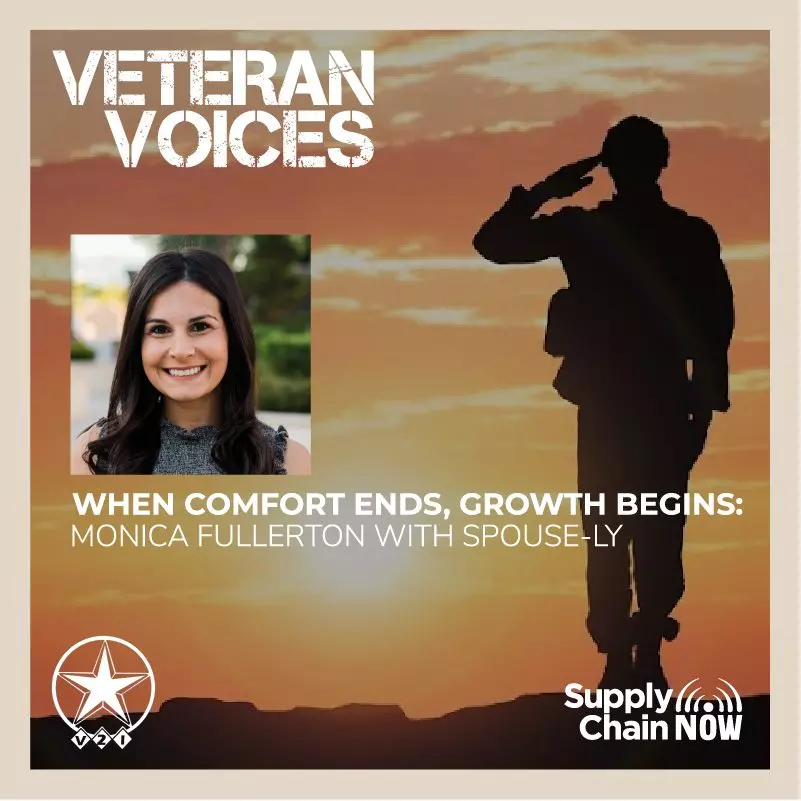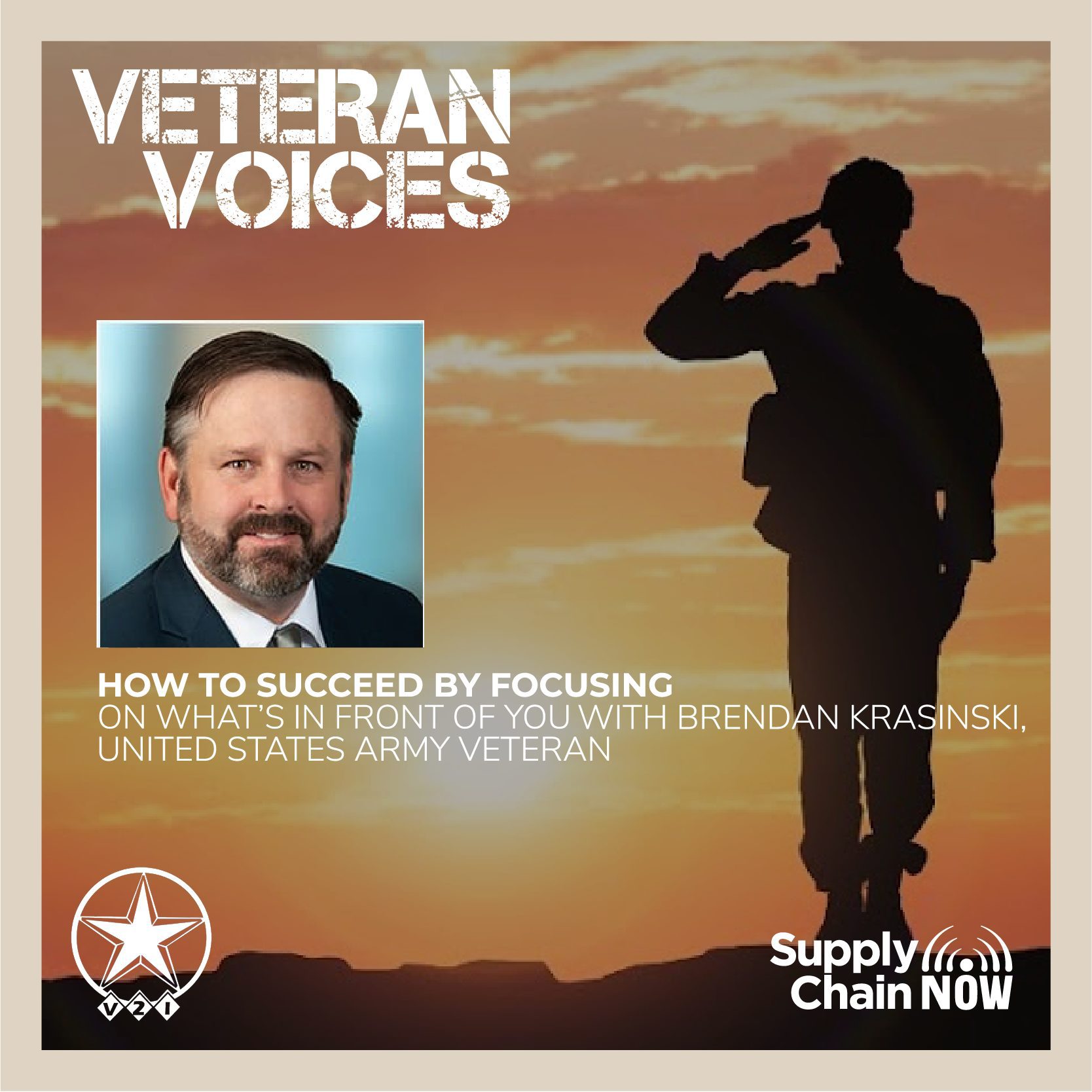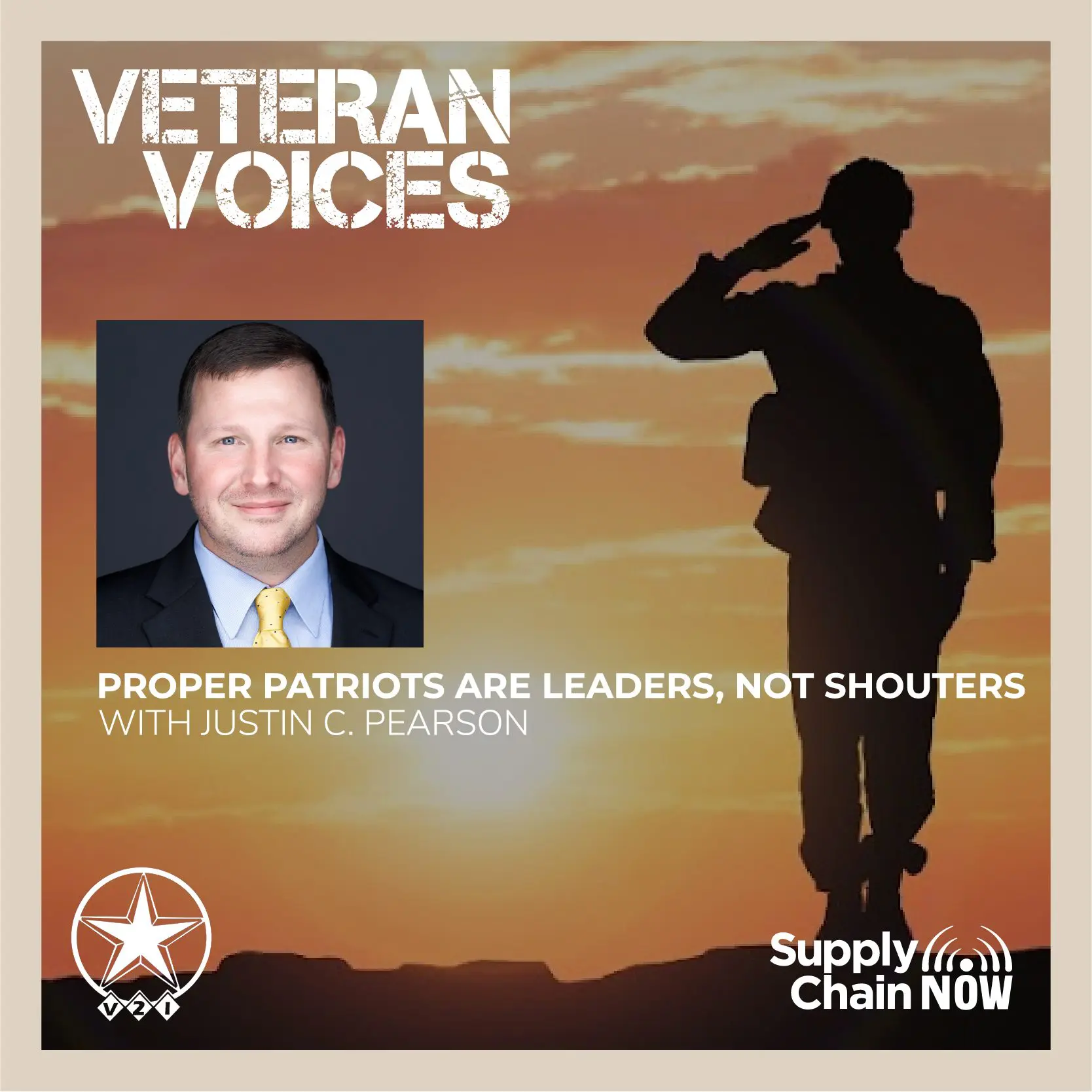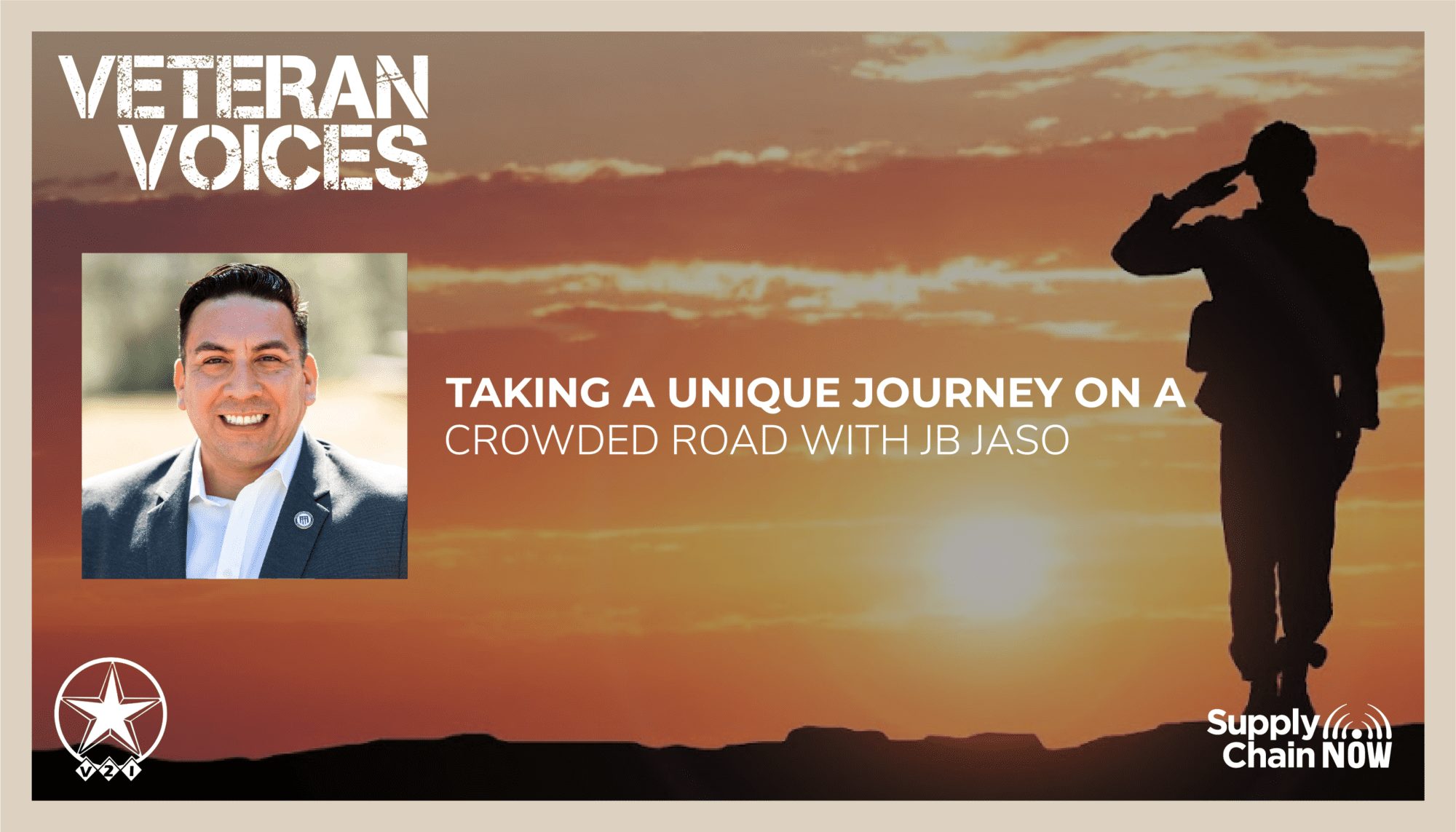
During those first five months of my transition process, I didn't know what I wanted to do. I didn't know where I was going. I didn't know anything. All I knew is I had a blank canvas and I could paint it whatever colors I want, do whatever I want with it.
- JB Jaso, U.S. Army (Retired)
Episode Summary
Most people spent a certain amount of time during the height of the pandemic locked down, just trying to get by under extraordinary circumstances. JB Jaso found himself near Fort Bragg in North Carolina, having time to take care of himself for the first time in nearly 20 years. That’s when he knew it was time to retire from the military and move on with his life.
And yet, no sooner had he made that decision that he learned what ‘real’ isolation was like, with no mission, no unit, and no one to establish his values for him.
Today, JB Jaso is the Assistant Manager for Security with the Los Angeles angels, a Veteran and retiree of the United States Army, and a volunteer leader with the Pancreatic Cancer Action Network. He recently joined Veteran Voices co-hosts Scott Luton and Mary Kate Soliva from Vets2Industry to speak about:
- His active search for a post-military purpose, and how he finally discovered a unique ‘why’ that would allow him to follow his passion for sports
- Why it is so important for every Veteran to own his or her own transition from the military into civilian life
- The health condition that unexpectedly touched his life and gave him yet another reason to put his leadership skills to the test
Episode Transcript
Intro/Outro (00:02):
Welcome to veteran voices, a podcast dedicated to giving a voice to those that have served in the United States, armed forces on this series, jointly presented by supply chain now, and vets to industry. We sit down with a wide variety of veterans and veteran advocates to gain their insights, perspective, and stories from serving. We taught with many individuals about their challenging transition from active duty to the private sector, and we discuss some of the most vital issues facing veterans today. Join us for this episode of veteran voices.
Scott Luton (00:42):
Hey, good morning, everybody. Scott Luton and Mary Kate Soliva with you here on veteran voices. Welcome to today’s show Mary Kay, how are you doing?
Mary Kate Soliva (00:50):
I’m feeling pretty good, Scott, how are you doing?
Scott Luton (00:52):
Doing wonderful. We got you back. We’ve got a, uh, an all star guest that we’re going to talk into here today. So we’re really excited.
Mary Kate Soliva (01:01):
I’m super excited, especially because JVs also one of my mentors. So we got one of my mentors and good friends on the call today.
Scott Luton (01:09):
Awesome. So folks excited. And then it’s super excited, which is exponent exponential in terms of excitement here today. So we would love to have Mary Kay back with us and have our great guests, which we’re gonna introduced in just a second, but we’re, we’ve got a wonderful conversation teed up with a veteran, a business leader, a big time philanthropist and servant leader. So stay tuned for what promises to be a great discussion. Now, Mary Kate, before we get started quick programming note veteran voices is part of our supply chain family watching now family of programming. I should say today’s show is conducted in partnership with our friends, dear friends at vets to industry talk about a home, run, nonprofit, doing powerful work for the veterans community across the country and Mary Kay vets to the new, more to industry.org. It’s where you can, you could hook up with Brian and the rest of the [inaudible] fam, right? Yeah.
Mary Kate Soliva (02:03):
Yes, absolutely. And, and I, we probably wouldn’t have this conversation if it wasn’t for Brian at Vista industry or with our esteem guests, I literally think it just trail blaze the trail for this conversation today.
Scott Luton (02:16):
I agree with you, Mary Kay. So on that note, we want to introduce our special guests here today. Our guest serves as the assistant manager for security with the Los Angeles angels. He’s also a veteran and retiree of the United States army, and he’s a volunteer leader with the pancreatic cancer action network, which we’re going to find a lot more about, please join me in welcoming JB Jaso JB. How are you doing great. Thanks so much for having me super excited to be on the show today and see Mary Kay again, no kid, you know, JB, you might, you might agree with me here. I swear if the city of Atlanta could just find a way to connect the utility grid to Mary Kate saliva, that would be plenty of green energy for years to come. Right. Scott, they’re gonna reach you to check out soon, something like that, right? Hey, we’ve got to get creative in our solutions, but uh, I love the vibe you bring. And of course, J B a, I want to say we met at an earlier, uh, event probably at bets to industry, and I’m really looking forward to sharing your story here today.
JB Jaso (03:19):
Yeah, definitely. I’m looking forward to being on and talking about it.
Scott Luton (03:23):
All right. So own that note before we get to some of the heavy lifting, uh, JB, we want to better understand, you know, where you grew up in some of those stories of your upbringing and let’s make sure, you know, uh, we’ll tackle this in a second, but we hear that you’re a sneakerhead. So we got to talk sneakers with you and talks in sports. But before we get there, tell us about where you grew up.
JB Jaso (03:45):
So, uh, I grew up in long beach, California, so LA county area, um, kid, you know, just growing up like a normal Southern California kid, you know, uh, along the beach and joined the nice weather like today. It’s still in the high eighties and you can’t beat it for November. Right. So, uh, but yeah, so grew up there, uh, actually had a really good, uh, experience to start out Catholic school. So I learned about, uh, you know, being in a private school and then switched over to public schools. And I actually actually went to the best high school and all the nation long beach Polytechnic, so known
Scott Luton (04:19):
As Polytechnic,
JB Jaso (04:22):
So known as a really popular for, uh, we’re known as our, uh, for our sports as force. Um, and a lot of actors come from our school. So, so somebody like Snoop dog or Cameron Diaz or, you know, tennis, great Billie Jean King or great military leader like myself, JB, HASA. Um, yeah. So yeah, we have the most NFL players of any high school that has come out of our school. So pretty, pretty amazing school. And you know, I’ve met some of my greatest friends there and we’ll talk about one of my friends, I think maybe a little bit later, but so yeah, so I grew up, uh, did boy Scouts played little league baseball, you know, maybe Eagle scout and boy Scouts. And I just had a blast living down here in Southern California. You can’t beat it.
Scott Luton (05:05):
Let me ask you a question about Eagle scout. Um, I’m very jealous of that as that is a tough honor to earn of your family, which, which member of your family was most proud of you accomplishing Eagle scout?
JB Jaso (05:19):
Oh, that’s hard one, but I would probably definitely say my mom. Yeah. So she was always the one driving me around and, you know, getting me to point a and point B and you know, it was a funny story is I never even got my license until I was 18 because I was just so busy with Scouts and everything else at school and all the activities I was doing. Um, I was a little like 15 year old kids. I decided to organize a 5k 10 K run in my community, which became the city of long beach is largest running event when I was 15. Wow. Yeah. So we started operating budget back then in the late nineties was like 35,000 for us to run it and then got up to $80,000 the years went on and you know, so a little kid just doing this and trying to make a difference in the community. So, uh, and I had a blast doing it,
Scott Luton (06:04):
So. Okay. Uh, one more question. What, and then we’re gonna talk about your sneaker head and your, maybe your sports, but I want to ask, you know, clearly you’ve got a long lifetime record of giving back and volunteer volunteerism and making, you know, making a difference who are, what instilled that in you as a young man that th th th uh, that started you on that path? Yeah,
JB Jaso (06:35):
Definitely say, um, my dad was a really big influence on that, and I think he was just always involved with the community and always wanted to make it a better place. And then even going back to, um, my grandfather too, like, he was really big. I mean, he moved here from Mexico when he was young and, uh, really like, you know, really generated a lot of, uh, you know, interest in helping, you know, other, um, Mexican American families and his own family and, uh, really setting a presence here in Southern California. So I think between them too, uh, and along with, um, uh, which was my city council member back in long beach when I was growing up Jeff Kellogg, who was actually the brother to former 82nd airborne division, uh, general, uh, Lieutenant general, Keith Kellogg. Um, so I think they, you know, Jeff Kellogg was very instrumental in my development and, you know, getting involved with the community and what I could do to help, you know, help the city out. So, you know, three influential people that I really had, uh, helping me out as kid,
Scott Luton (07:35):
No shortage of mentors, no shortage of mentors. That’s awesome to hear, and I really admire your, your action focused, give back and service, um, uh, approach we need. We certainly need more action focused leaders, um, all throughout history, but especially during these challenging times. Okay. So let’s move on to something a little bit lighter before we get into your military service. So Mary Kate, you were giving me the goods in the pre-show about JB on a lighter note. So, so give me a couple things we want to ask, uh, JB bout before his military service.
Mary Kate Soliva (08:11):
I’ve got to ask JB, you know, one of the things like when we met each other down at Fort Bragg, North Carolina, you never wore the same pair of shoes. So I got to ask from someone who only owns like a few pairs of shoes, how many shoes do you have in your collection? And tell us about your favorite pair, if you can even narrow it down to one.
JB Jaso (08:33):
Oh yeah. I think favorite pair is pretty difficult, but yeah, so I have, I just, as a kid, I’ve always liked sneakers and shoes, and so I just grew a passion for it. And as I got my own paychecks, I was able to like buy my own pairs and the collection just kept growing and growing. So made it up to, I think I’m about 467 right now. I think it’s quite a bit of pears. Uh,
Scott Luton (09:00):
I was expecting a couple of dozen JB, 467. You need a warehouse inventory manager to keep things straight,
Mary Kate Soliva (09:09):
365 days a year. Take me, but I have to tell you, Scott, Jamie said the only pair that he wears the same are his boots. Those are the only ones that he didn’t have a different set for. What different.
Scott Luton (09:21):
All right. Quick follow-up question are new balance sneakers still cool.
JB Jaso (09:26):
Depends on the brand or it depends on the model, I should say. Not the brand new balances.
Scott Luton (09:32):
Yeah. If I was still flexible, I’d say this pair of shoes, I’ve got about feet right now about the I’ll pose that to you after today’s interview. All right. One last question. And then Mary, Kate is going to take us through your military service. Uh, you’re a big sports buff. Uh, you mentioned you’re an Arizona, uh, university of Arizona alum. So beyond the Wildcats, right, Arizona also beyond those athletics, what else are your, some of your favorite teams to follow?
JB Jaso (10:00):
Oh, yeah. So definitely, uh, I’m a huge, uh, Baltimore Ravens fan. Uh, so after the LA Raiders left LA, when I was a kid, um, you know, I was heartbroken, you know, so never lived in the city until I moved to Baltimore. I was stationed in Baltimore and became a Ravens fan. You can’t, you cannot not be a Ravens fan if you live in Baltimore, right. Purple, everywhere. Um, and then grew up a Dodgers fan. Um, and so always a, a true Dodger blue fan, uh, and an hour for the angels. So of course I’m an angel fan. And so we’re, we’re doing some good off season trades right now. So, uh, I think we’re pretty excited to, to see some, uh, some, you know, greater, uh, capacity as we move into the new year and, and some more wins. Yeah,
Scott Luton (10:42):
Wait, let’s get one of the best players in baseball back, Mike trout, looking forward to him, getting back healthy and doing what he does, which is, is continue to build out a hall of fame career. So loved angels and best luck to the franchise. The Dodgers, I’m going to keep on going to the Raven. Like I skip over those Dodgers since, but the Ravens man, how electric, uh, the, the quarterback that came out of Louisville. I can’t remember his name right this second.
JB Jaso (11:08):
Mark Jackson.
Scott Luton (11:09):
Yes. He’s like watching, you know, as a Falcons fan, which our heart’s been broken time and time again, you know, Michael Vick was so electric when he came to Atlanta, played for Atlanta in his early years, when the fastest players in the league, he could also, you know, uh, lead up a passing offense as he proved out during his run here. And, uh, I love I’m kinda, uh, JB. I’m kinda, I wouldn’t say I’m a bandwagon Ravens fan, but I’ll find myself pulling for the Ravens and, and, uh, Jackson. And we’ll see if he can bring home a super bowl championship. Right.
JB Jaso (11:41):
I would definitely need that. It’s been a few years. I think 2013 was the last time we won. So yeah, we can, we could use a couple more.
Scott Luton (11:49):
That is right. I was thinking if the Ravens had one, one, since the franchise was moved to Baltimore from Cleveland, right. And they have one, so you’ve already got, so come on, we’ll share the wealth, send the super bowl championship to Atlanta. What’d you please. All right. I’ll digress.
Mary Kate Soliva (12:07):
And I know I’m bringing a trivia night cause this sports trivia, so he’s going to want me all the big bucks in the jet jeopardy category.
Scott Luton (12:15):
That is right man. And an, uh, any shoe trivia or sneaker trivia. Of course, we’ve got our player there. Okay. So Mary Kay, as much fun as we’re having kind of in, uh, who J B Hasso is the person we’re going to dive into his military journey now, right?
Mary Kate Soliva (12:32):
Yes, absolutely. And JB, one of the big things, I mean, not that I’m biased or anything that we’re both army, but I was like with Scott’s like, who should we have? I was like, I gotta bring another army brother on the show. So, uh, if you could talk me JV about your, you know, you pick in the army, branch out all the other branches and then sort of where you’ve been in your army career. And I knew, I, I definitely want to Scott and all our listeners today to hear about the book that you had, you created particularly a one location that you ended up in your career. So you can tell us a little bit about that.
JB Jaso (13:02):
Yeah, definitely. So, yeah, so I decided to join and less than the army because the air force recruiter didn’t answer the phone. So I don’t know what they’re
Scott Luton (13:18):
Golfing.
JB Jaso (13:19):
They’re enjoying the Southern California beaches, I guess, but, uh, I don’t know what they’re doing, but I definitely knew I didn’t want to be a Marine or a sailor. Um, and then we didn’t have space for us back then. So it was definitely army. It was, and, and, uh, I originally wanted to go, uh, be an MP, actually, a military police officer. And then my dad’s like, absolutely not because he’s, uh, he’s a veteran too. He retired from the army, that’s the way not. And then I was like, well, my option, one of my options is Seaborn or chemical. So he’s like do that because you’re just going to be in a cage as to me mass, and you’re going to be by yourself and you promote fast. And so I was like, okay, sounds good. So that’s how I ended up doing, I, you know, uh, you know, it became a chemical, biological, radiological, and nuclear, big old handful or mouthful.
JB Jaso (14:05):
Right. But yeah, it became a Seaborn, um, specialist and, um, didn’t expect my career to go where it went. And I was very, um, very surprised, very lucky to have had such a great career, 23 years in the military or in the army. So it started off at Fort Lewis or now joint base Lewis McChord, uh, did a tour over in Korea, South Korea. And then that’s where I was at for nine 11. And then when nine 11 happened, because I was going to get out after that. And then when nine 11 happened, I decided I needed to stay in, uh, and continue to serve the country. I switched, took me to Hawaii for several years, uh, eight years and then back out to Maryland. And then I assessed for the joint special operations command or J sock. Uh, so I went through the assessment process for that got selected and I was super excited for that. And then spent eight, uh, yeah, about eight years there at J sock at Fort Bragg, North Carolina, which was absolutely phenomenal being in that type of unit. And, uh, so collectively, when you look at 23 years of service, like there was a lot of things. Yeah. I mean, it’s a long time and it was, I learned so much in that process that, you know, I think, you know, there’s not a point in that career where I ever regret doing something different or I just treasured it all. And I absolutely loved it.
Scott Luton (15:21):
What was your favorite? You mentioned a couple different stations and locations and commands and whatnot from a geographic standpoint, from like a, a local vibe or the local community standpoint. What was your favorite state duty station?
JB Jaso (15:35):
Oh, well, everybody knows it’s going to be Hawaii. Uh,
Mary Kate Soliva (15:39):
Carolina. I know it was your, your all, you got to meet me. There We go. Eyes. Beautiful.
JB Jaso (15:48):
Yeah. So yeah, absolutely love the eight years in Hawaii. It was in two infantry units. I was super scared to be in, when I got selected to go to an infantry unit, I was like, oh man, I don’t want to go there. Like, uh, instrumented rough, you know, I was always in support units and then I absolutely fell in love with the infantry units. And, uh, so I was in the second battalion, fifth infantry regiment Bobcat’s and then, uh, which I deployed to Afghanistan with, that was my first deployment. And then my second infantry. And it was the first battalion, 27th infantry regiment, the wolfhounds, which I have a lot of passion for and the brotherhood with, uh, we went to Iraq and then that’s where I created and developed the book. Uh, the wolfhound reflections, a new generation, which really captures it’s a photo book, uh, that also tells stories about it captures, uh, what it’s like to be an infantryman through our eyes in Iraq and Baghdad, Iraq. So I think it was, it came out pretty successful. I, you know, I was really happy with how the book came out and showed us what it was like, you know, to be on the ground. Yeah.
Mary Kate Soliva (16:46):
Well, JB, it was no question that you made a huge impact. I mean, I attended your retirement and you had even had the flower leis there. So even having that little bit of the Ohana and the island culture there, but having your, your family, I realized that you touch that, that joint connection with not just the army, but you had air force brothers there, you had Navy brothers, sisters. There is like this whole, like joint JV. You were like the middle of that joint service that you just connected everybody. So, um, I definitely feel like that was something I got from you is just really being, including everybody. So definitely that book was absolutely incredible. Just like your experience in the, in the family, but I know Scott’s dying to ask more about it here.
Scott Luton (17:31):
Well, two things and you’re right, Mary, Kate, uh, let’s make sure we get a link to how folks can get the book and let’s put that in the show notes. So I’d love to look at it. I get, get a copy of myself. And then secondly, to Mary Kate’s, last question, J B I mean, I think she’s put that really well. Based on a little, little bit of, I’ve been able to kind of better understand your, your outlook on life and your emo. Do you see yourself and was it intentional and deliberate to be that connector that help, you know, help make things happen in the military, which we really need, as we all know me being an air force shall be an army, you know, there, there can be loners, there can be all types of people, right. And we really need those connectors to, to bring folks together and Sue through those tough days to keep the mission going forward. Was that something deliberate you apply to your leadership style?
JB Jaso (18:19):
Um, no, I think it was just natural, I think. Um, yeah, so my parents were really, you know, I think when you look at foundational values and the way that you’re raised, I think my parents really gave me an opportunity and really showed me how to like open up and connect to people and bring people together and make people happy. And I think that’s where it really developed. And it was always like that for me, growing up as a kid and, you know, through my military experience. And even now here with the angels, you know, like trying to connect and bring people together. And, uh, collectively, like I th I just believe that it’s, uh, you have that family atmosphere no matter where you’re at, you know, you’re gonna be more successful
Scott Luton (18:57):
That Mary Kay, we need to convince JB to run for politics, whatever office you got to backers right here, man. We need more folks that view the world like that. Right. Rather than, uh, divide and, and, and kinda, uh, inflamed things. I love your view there. So absolutely Scott.
Mary Kate Soliva (19:15):
Yeah, that’s a, that’s the one thing I really was drawn. I know we talked about, we can talk back and forth as if JB is not here with JB. It’s just, you know, it, the way that you’re able to bring people together and you did it even in your, your transition, which we’ll talk about a little bit, but I’d love to hear, uh, to caveat like Scott’s question earlier about who was, uh, pivotal in your upbringing, but now in your military career, who were those, those few folks that really stand out that, that helped, uh, launch a successful military career for you?
JB Jaso (19:43):
Yeah. So for me it was, you know, so I’m 42 years old. So getting out of the military have 42, like somebody always told me what my values were going to be. Right. So my parents set the foundational values for me in life. And then when I joined the boy Scouts, the boy Scouts of America told me what my values were going to be. So, you know, the scout oath and all that good stuff. And the army said my values too. So I never really went back to think about it until I was retiring of who were the most influential for me. And as I was able for the first time in my life developed my own values of what I wanted to do. So as I really went back to go look at my values, I think one of the things for me was learning about authenticity.
JB Jaso (20:22):
And I think being authentic was just, was like a key value of mine. And so I go back to my very first unit, you know, the five 13th transportation company at Fort Lewis, Washington. And it was a collective group of people. So my company commanders that to my first Sergeant, my two platoon sergeants, and they really taught me to be me. And I think the army gives you your left and right limits. Um, but you need to still have be authentic to yourself. Right. So, yeah. So I think, I think for them, that was a collective group of people that were really influential. And then I think when I went to Hawaii, my wolfhound family from the first battalion 27th infantry regiment collectively, uh, that group of people, um, were very influential and they really helped develop. So those two units and those people, my leaders within those two units really helped me develop who I am, uh, throughout my military career. But then also have set the foundation for me as I’ve moved on outside of the military.
Mary Kate Soliva (21:16):
That’s great. Uh, great JV. And just even from attending your retirement, you had numerous officers that were talking about the things that you taught them. So I thought that was really incredible because you, as a, as a senior enlisted leader, usually tend to, you know, in our dynamic, in the military, it’s usually top, top down. But for you at that level to hear these, uh, senior officers talking about the impact that you had in their career, I thought was incredible. So, um, that’s, that’s amazing. And I, I’d love to hear Scott here to, to ask a little more, cause I definitely want to pull in and you have so many nuggets information on the transition to love to hear it. Yeah.
Scott Luton (21:52):
Yes. I agree with you and Mary Kay, we’re going to have to get some of the stories that I bet some of JBS service friends and mates had to share on JB. We get the goods, we’ll bring you, we’ll bring you back for a look behind episodes at JB, but
Mary Kate Soliva (22:09):
Yeah, gifs were under the table that day. I don’t think there were
Scott Luton (22:13):
Well, gosh, 23 years, what a remark. I mean, beyond everything else that you’ve shared, you’ve been a part of, and then we’re gonna touch on some things you’re doing now, but man, 23 years of dedicated and serving the country and, and, um, I’m just honored to spend some time with you here today. Okay. So JB, I want to talk about your transition and we spend a lot of time talking about the transition here on veteran voices. It’s one of the common themes is that because I think a lot of folks continue to struggle with, uh, with their transition. I think, I think on the other side, Mary, Kate, and we’ve talked about this, the private sector and corporate America, while they’ve made some strides, you know, there’s still plenty of, of, of, um, improvement. We can do there as we embrace our, our veterans that are transitioning and we find them good jobs, not, not, uh, being underemployed and some of the other, other challenges that are out there. So JB question to you, if you tell us about your transition in general first, if you would.
JB Jaso (23:08):
Yeah. So I think, uh, so working at the joint special operations command or J sock, I was really busy all those years, traveling the world, um, makes it a better place. Just one in a little Michael Jackson song for you, Anthony, and the entire human race. Yeah. So, um, so yeah, so traveling and just being super busy all the time and never had time for myself and then COVID hit, right? So March, uh, so around March 17th is when COVID really shut everything down in North Carolina, Fort Bragg area. So for the first time I got to like, like calm down, like sit on the couch, not doing anything, sit in shorts and t-shirt and just watch tiger king. Right.
JB Jaso (23:48):
And so then at that point I realized, oh, I like this break. Like, you know, and I’m actually being able to take care of myself for once. And so at that point is like, man, I’m already over 20 years, it’s time to move forward and, and, and retire, hang it up. So they’re not those couple of months that we were on. COVID like, I took that opportunity to say, yeah, I’m going to retire. This is it for me. You know, I’m going to go through September 20, 21 and that will be it. But during those first five months of, of my transition process, I didn’t know what I want to do. I didn’t know where I was going. I didn’t know anything. And all I knew is I had a blank canvas and I could paint it, whatever colors I want, do whatever I want with it.
JB Jaso (24:25):
But as soon as I said, I wanted to retire, I felt very isolated and I felt a lump and there was nobody around me because my unit and everybody else would continue to move forward and, uh, you know, continue their mission and great military leaders as we are. We’re really good at teaching our soldiers or our, you know, our sailors, Marines and airmen. We’re able to teach them how to shoot, move and communicate. Cause we’ve all done that we’ve gone through that process. But as military leaders, we haven’t gone through a transition out of the military yet. So we don’t know that process and we don’t understand it. So what we do and I’ve, I’m guilty of it too. As a military leader, when somebody told me they’re going to get out in Australia, I’m like, okay, go take care of yourself. You got it.
JB Jaso (25:05):
Well, cause I didn’t know what to do. You know? So I was in that same situation. So within my first five months, I just heard other people saying, oh, go do this, go do that, go do this. So my first five months I spent 132 meetings, uh, that I did, I did 189 hours on zoom, 54 online classes. And at the end of those first five months, I still didn’t know what I wanted to do. Absolutely wasted. And I wouldn’t say wasted, I didn’t say wasted, but it’s not what I meant. But I spent a lot of time doing things that weren’t really helping me develop, who I wanted to be outside of the military. Okay. I gained a lot of knowledge and um, but it really wasn’t going to help me to where I wanted to be. Once I went through a process or a nonprofit organization called the leader transition Institute, they have a course called changing focus from weed to me.
JB Jaso (25:59):
That’s when I really discovered my purpose and my why. And when I got that, then it really focused me down to what I really wanted to do. And as I talked about, I absolutely love sports. And so I knew I wanted to get into sports, but I didn’t know really how to do that. Um, and then being in the special operations community, I also heard about this other program called the honor foundation. And so, uh, like signed up, applied for it and got accepted and went through the program as Mary Kay did as well. And so we went through that same program and that was when I really learned like how, how do like, here’s my purpose. Here’s my why? Like how do I get to it? And they really help lead me to, to where I’m at today. Um, so I think that was like the big pieces of the pie that a lot of people just don’t think about.
JB Jaso (26:45):
And I think when you look at lessons learned, I think finding your why or finding your purpose is priority, right? Because time is our most precious resource. So I spent 189 hours on zoom and, and all these classes, none of that in those first five months helped me get to where I’m at today, uh, in the sport and major league baseball and sports industry. There’s other things I should have been doing if, if I would’ve known earlier getting certifications that helped me in the sports industry, like the certified sports state, uh, stadium, sports, professional, uh, and other avenues and other classes that would have helped me get, uh, and have better opportunities here in sports. So I think in getting the certifications that matter and then absolutely without a doubt, owning your transition. Good. Mary Kay. Sorry.
Mary Kate Soliva (27:32):
Oh, it was saying like the, you mentioned earlier about being like the nuclear biological, like having weapons of mass destruction on your resume at the top of the list. I don’t know Scott, like what do you think if as a civilian, it may be a little bit intimidating or TV. So I think we have that conversation and actual, so our virtual costs coffee, but an in-person cups of coffee talking about how do we get weapons of mass destruction is something that a civilian as someone who’s never served, gonna understand what kind of skills you bring to the table.
Scott Luton (28:00):
Right. And that, and that’s, that is a, it’s one of the biggest parts of the challenge, right? It’s one of the th that building bridges across those gaps and we’ve made a little progress, but we got to keep getting a lot better. And so that, so that the language that us as veterans and military members are now having with, with corporate private sector, all those hiring managers, they’re fluent in the language we’re talking, we’re fluent in language you’re talking. And that’s how we can, we can hopefully find better opportunities. I want to one question, as you were, I think one of the best things, one of the, many of the things I liked about what you just shared is something that so many folks myself included walk right past and overlook. And that is rather than, uh, I know when I, in my transition, I was focused on just getting a job, getting a job so I can pay bills, man, if I’d taken the time to do what you just described and really better understand what I love to do, right?
Scott Luton (28:53):
And then once we identify at least something, you know, you’re not going to have the perfect answer probably a lot of times, because it involves once you identify the first thing, but then kind of figuring out how to get there, resources, certifications, network members, meetings, whatever. And that, I think that is a golden nugget to folks listening to this conversation. It might sound, um, you know, if I’m still in a uniform that might strike me as a warm and fuzzy, but that, that is such a truth of life, determining what you want to do, Mary Kay. What, how do you, how do you respond to what JB just shared?
Mary Kate Soliva (29:26):
I think it’s, it’s spot on. Um, just JB is more organized than I am in the sense of keeping track of how many virtual cups of coffee we sort of have like this whole condition of like, how many are you up to now if you’ve done like 80 cups of coffee. And, uh, it w it was a challenge for me to, to like, to think you can just cold message people on LinkedIn, or just say, will you take a time to talk to me? I’m transitioning out. I have no idea what I want to do, but I think that the truth of the matter is people have a assemblance of, of what they don’t want to do. So I think keeping track of like, do you want to work weekends? Do you want to work nights? Um, what are you wanting? Full-time part-time are you going to balance school? So I think there’s things that we know that we don’t want to do, but we don’t sort of put it at the forefront. And I think that’s something what JV was saying is spot on. You can invest all these hours and still not know what she wants to start with your why.
Scott Luton (30:17):
I love that. Okay. So Mary Kay, it’s taken us into the next aspect of this transition conversation. And by the way, I would just add to what Mary Kate shared start put it on paper, what you do want to do, what you don’t want to do, start building a list that’s going to help you. It’s that simple. Um, okay. So let’s JV, you’ve already shared some, uh, some nuggets just as you’ve shared your transition story, but if you had to really put a fine point on that pencil, and, and let’s say you’re the keynote of a big grand auditorium, maybe it’s Dodger stadium, maybe it’s what park did it, did the angels play in angel stadium, angel stadium? How to, how could I forget that? It’s the grand daddy of them all. It is a big, you know, thousands of, uh, of, uh, uh, veterans are transitioning through, you’ve got a chance and their captive attention. What’s a couple of things that you’d really be specific about in terms of, of best transition practices.
JB Jaso (31:14):
Yeah. So I think owning your transition is really key. And I think something I heard the other day to how to really talk about transition was, have you ever used the navigation system ways, ways, right. So it’s a social media navigation system, right? We’re all going at different speeds and we’re all getting going different directions and go in different ways. But at the end of the day, if we’re driving up from Fort Bragg, North Carolina, up to the Baltimore, we’re taking the 95, there’s a whole group of cars that are doing the same thing. They’re all going north. You know, whether they’re going to Baltimore or New York, or, you know, going to DC, everybody’s moving north. Right. So everybody has a, they’re all in a different situation, all in different cars, all, you know, different makes and models. Right? And so as you’re moving north, you’re utilizing each other utilizing ways to get there. So the fastest where the police are at work, broken down cars at the construction of the road, it tells you when you’re getting the Fredericksburg. Cause that’s when the traffic stops when you’re going north on 95. Right.
JB Jaso (32:22):
Right. So, but it’s telling you different ways of how to get through there, right? So it’s, it’s those a whole bunch of people trying to move in a direction all in their own little ways of how to get there, but getting there. Right. That’s how transition is. I mean, we’re all, you know, military members trying to get out of the military, develop a new life outside. And, but we need to utilize each other to get there and utilize all the different resources that we have lean on each other. There’s many, many, many times where, you know, I leaned on Mary Kate to help us, you know, help me get through those, those points. Um, but utilizing each other, um, within your own story, within the things that are happening within your own life, uh, to move forward and get out and continue to leverage on each other as you get out because they get out and you transition out. Now you’re transforming into a new life, just like in the military, we spent at least the minimum of eight weeks transforming us from a civilian into a service member. Right. So tap is only four days. So that’s the transition part. Now we have to transform, um, you know, into becoming a civilian, I guess you could say, you know,
Scott Luton (33:34):
I love that [inaudible], um, lifetime advice really. Right. Um, and, and, you know, I think what I’ve seen at least Mary Kay welcome, your thoughts is as we’re going through that together, you know, we all hit different resources. It’s our radar. A lot of times, it’s not a good fit for me, way you sit down and have a cup of coffee, and you’re talking about, you know, recent observations. It might be the perfect resource at some, in someone else’s blind spot. Right. So I love that. Uh, I love that way’s analogy, by the way, I heard that one. Yeah. May all of you listening, not hit, not get stopped by the Popo. So make sure you’re paying attention in those hotspots. Cause you know, that caravan of cars at JB talked about, they’re not just moving all together, but they’re moving at 90 miles an hour, right. Just at that, at that sweet spot. All right. So Mary Kay, I’m going to make a change for once in my life. It’s going to feel real good, going to make a difference, gonna make it right. Is that JB, you know, Hey, you started with the whole Michael Jackson songs, man in the mirror. I had to, I had to get one in there, Mary Kay, if you were, you know, back to that analogy, grand keynote, talking to thousands of folks that are transitioning, what’s one piece of advice you’d offer up. Wow.
Mary Kate Soliva (34:46):
Like I go back to that way’s analogy JV just said, but your family’s on that trip with you. So I think that that was something that I even, I took for granted on the hours of a cup of coffee, there’s a literal sense to this, that JB. And I took them to an actual coffee shop that ended up being his favorite coffee shop down in North Carolina. But one of the things was taking that moment. And I think it was five months for me to five months into my transition that I was like, I’ve got my family. I think about, you know, what, what’s my husband’s transition gonna be like, where does he actually want to go? Does he want to stay in the same job? Um, what can I do with these resources of these over 45,000 veteran service organizations that I can do to help him? So just remember who else is in that car with you. Um, and, and they’re on that journey with you as well.
Scott Luton (35:31):
Absolutely. And don’t let the reckless ones drive that car.
Mary Kate Soliva (35:34):
Um, so not me then. I’m not, well,
Scott Luton (35:37):
What’s funny, what’s funny here. I’m making a little observation, is that when I threw 90 miles an hour out there, neither one of y’all blinked. So maybe I’m the slow driver here. All right. So now that we’ve established, I’m the boring driver. Uh, I want to talk about what you do now, JB. So we’ve kind of walked through your, uh, your upbringing, some of the big things you did there growing up in California. Uh, we’ve talked about a lot of your service projects, the Eagle scout man, and it’s been 23 years serving the country and serving your fellow, uh, soldiers and in the U S army and in many others. Um, and then your transition, and now we kind of arrive at what you’re doing now, and we’re going to tackle this via major league baseball. We’re also going to talk about one of the big time causes. You’re a part of, so let’s talk about what you do with the Angel’s first.
JB Jaso (36:32):
Yeah. So that was pretty, pretty lucky utilizing my networking and, and uh, everything, like I said, in the transition process to only be out of, uh, out of the military one month and then landing a job here, it makes you like baseball. So if you look in, you keep in mind, there’s only 30 major league baseball teams in the United States, right. So I landed a position in one of, one of the 30, right. Um, so as the assistant manager of security for, uh, for the stadium, and I think when you really look at it, you know, security people don’t really pay attention to, to security at stadiums or any venue when you go, you’re just wanting to see, you know, show, Hey, Otani hit a home run or pitch a perfect game, or Michael trout, you know, catching that ball as it’s going over the fence. Right. So, um, that’s what you’re here to get, you know, drink a whole bunch of beer, eat some hot dogs and can just have a great time. Right. Um,
Scott Luton (37:25):
Have you been peering in, on my baseball KV?
JB Jaso (37:33):
Right. I love it.
Scott Luton (37:36):
Love it. Yeah. But JB, the point you’re making you’re right, Mary right. Mary Kay. I mean, I, I don’t think, I don’t think nearly I’m, I’m there to see a game enjoy company. Hopefully watch my team win all the other stuff to your point. It’s kind of in the peripheral. Right, right.
JB Jaso (37:50):
Yeah, definitely. So I think that was something that really drove my excitement. So right before I got out of the military, I was able to do a three month internship with the Houston Astros, a single eight team, the, of the woodpeckers. And that’s when I finally did that internship or a lot of people will call it a skill bridge program. Uh, mine, wasn’t part of the scope bridge and coordinated by myself, but doing a skill bridge or understanding that internship. And then I really challenged. I knew once I started doing the internship, that was my love. And that’s what made me, I would wake up in the morning, you know, not feeling like PDD, but feeling like me, uh, go ahead and forward and yeah. And then go in there and join the game, you know, and being there and watching families, you know, make memories together. And that made me so happy and getting them in that stadium, getting them out of that stadium safe, you know, and that’s what I’m doing here at the angels, you know, helping them out, you know, being a part of that team to make sure that fans have the greatest experience they can hear, uh, in Anaheim and then, and then, you know, they can leave safely, you know, and then make sure the players are safe and staff and the venue remains safe. So yeah, that’s what I’m doing here. And I’m loving, truly loving.
Scott Luton (39:01):
I can tell it’s all part of that. The fan experience, right. FX, just like customer experience is a big thing these days, which is really cool to see, uh, all of us as consumers and customers and in the fan experience and all, uh, in a holistic, uh, way of kind of looking at that, which I’m hearing you talk about JB. Um, okay. So one more follow-up question before we talk about the initiative and cause you’re, you’re volunteering with, what is the, uh, tough, what, what, what is the thing about your role in major league baseball? Cause it’ll only a handful of the, of the world’s population have a chance to work for a major league club. What’s one thing that surprised you when you, when you, and you came up from may of Fayetteville woodpeckers, which is a new minor league team on my radar. Now up to the big time with the angels, what’s one thing that might have surprised you. Wow.
JB Jaso (39:54):
I think the biggest thing, I think obviously the crowd crowd-based, you know, from 6,000 people at, um, you know, in Fayetteville to, you know, you know, nearly 46,000 people here, so huge difference, the same, just massive. But I think when you look at minor league baseball, there’s such a few front office staff, uh, and everybody has multiple roles to major league baseball where everybody has their unique role and piece of the pie and how it all just comes together. And so you have, you know, it reminds me a lot of the military. It does, it reminds me a lot of the military. So they, they do their critical thinking and the way in third plans development, uh, just like how we do in the military middle of military decision making process, you know, they, they call them memos, but we call them op orders, you know? And so it’s really interesting. It’s basically the same stuff. Um, and without a doubt and, uh, which was really fun to be a part of that process. Um, and then come in with a little military mindset a little bit coming in and bring in some, you know, some things that people didn’t think about. So
Scott Luton (40:55):
Hiring managers that are hearing this conversation, if you just heard what Jay B taught there, the terms might be different. What we call this, what we call that. But gosh, the angels get the opportunity to draw on 23 years of experience where he’s, you know, JB is doing a lot of, of what he did in the military. We bring so much value to the table. So I really appreciate you making that point. Um, JB. Okay. So Mary Kate, um, when we, when you suggested that we, uh, get with JBS agent and get em on the show, getting books, that was a tough way to go through, uh, an army of agents, JB. Um, but, but kidding aside, you really, uh, talked about his work with the pancreatic cancer action network and how important that was. I just saw you earlier on social dropping some that some of the latest round that JB and Mary Kay, that really clearly, that was something that stood out to you when, when you, I guess first, you know, got to meet and work with JB earlier in your all’s career, is that right?
Mary Kate Soliva (41:55):
And I’m actually wearing purple to an S like JVs wardrobe slowly. She started changing to purple, but this is even a special month too. It’s one of the awareness months. And, and so, but what I love is that JB advocates, where this caused something near and dear to him as a personal friend, he’ll talk about, but the it’s throughout the whole year, you know, we have these awareness months, but for JB, this is like something that I I’m just so proud of you. I see you out there all the time of these different social engagements, and it’s about helping the transition service member, but you’re also pairing us that there’s causes that are part of our, our moral compass that are part of our personal journey that we can also share. So it’s like, yes, we’re in uniform, but there’s, there’s something that, that makes us unique that w w we can define beyond the uniform. So I’d love to hear more about how you about your friend, about how you got started in this and what you’re doing now.
JB Jaso (42:47):
So going back to my childhood and I talked about long beach poly, right? Um, so I, um, was running cross country and track, uh, at poly. And, uh, when I was the incoming junior, the new incoming freshman class was coming in. And at that point I met one of the new incoming guys. Uh, his name was Tyler Mason. And, uh, so Tyler was absolutely phenomenal athlete in play soccer, ran cross country track one of our top runners, um, and, um, you know, playing in the band did everything, you know, and all the girls were always in awe over him too, which was really fun to be around and be a friend of his, but, uh, he ended up moving on, going to UC Berkeley and, and did the successful time up there and running cross country and track and having a really good time and then meeting, um, his, uh, having a girlfriend and which became, uh, his fiance and later became his wife.
JB Jaso (43:39):
But, um, when he moved back down to Southern California was working in the aerospace aerospace industry. He still was very athletic and, and, uh, was out playing soccer one day and he did a header, you know, hit the ball of his head. And as you came up, he felt a lot of pain in the left side of his, his abs. So I went and did some scans and found that he had stage four pancreatic cancer. She was 25 years old, stage four, pancreatic cancer. So when you really think about that, he is 25 year old. I remember what I was doing when I was 25. And if you guys go back and think what you were doing when you were 25, he had to change from living your life at 25 years old, trying to survive, right. 66% of pancreatic cancer patients will die within the first year.
JB Jaso (44:26):
So my cousin actually was just diagnosed in July. He survived 11 weeks before just passing away a few weeks ago. So, yeah, so it is at that point, 66% will die within the first year. And then when he was diagnosed with Tyler was diagnosed only 4% with survive five years. So that means 96% of the people would die within five years. So it was a death sentence. And so I didn’t really know about these statistics. I knew that Tyler was young fit, you know, athletic. And so I was just like, when I found out he was diagnosed pancreatic cancer, I was like, okay, you’re going to be fine. Do some chemo, radiation you’ll be back at it. But then, uh, in 2010, he invited me to go to Washington DC and go do some advocacy on Capitol hill with Congress. And so at that time, I didn’t know anything about grit.
JB Jaso (45:13):
I didn’t even know where the pancreas is or where it is in our body or what it does. And then he brought me to this organization called pancake, the pancreatic cancer action network. Then I started to learn that it was the first organization dedicated to fighting pancreatic cancer, uh, in a comprehensive way, and really focusing at research, patient services, advocacy, uh, and the community bringing it all together. So it is the largest, uh, pancreatic cancer organization in the nation, really fighting and helping, you know, increase the survivability. So back in 2010, for years, survivability, uh, for a five-year survivability was only 4% at 2020, we made the 10%. So we, we, because of the help with the community and research and developing a strategic plan, we’ve really gotten forward to, uh, where we’re at. So, uh, by we have set new goals by 2030, we want to make it to 20%.
JB Jaso (46:02):
So 20% of pancreatic cancer patients will, you know, will survive after five years. So in the past, there was no early detection, initiatives or methods, you know, and because of us, we’ve been able to develop, uh, some new, uh, early detection, uh, initiatives that are in, you know, just been approved and moving forward. So they’re really looking at a genetic and Monique molecular testing to help people out, uh, and do that early detection because there’s no way by the time. I mean, you’ve never heard of anybody that’s been diagnosed with one, two or three pancreatic cancer. It’s always been stage four. Uh, so it’s a death sentence. So there’s 60 affiliates throughout the country. Uh, one being here in orange county, California. So when it’s the orange county folks saw or heard that I was coming back to Southern California, they smashed me up and they’re like, we need you to lead the orange county affiliate.
JB Jaso (46:53):
So without a doubt, I said, yes, came out here and became the affiliate chair of orange county’s, uh, affiliate of the pancreatic cancer action network. And, you know, and, and doing our part here, you know, we’re trying to increase awareness this month is pancreatic cancer awareness month. So we’re really trying to make people like, talk about pancreatic cancer tests, do that early detection testing, and seeing where you’re at, uh, do cat scans and then, you know, take control over your actions. Right. So if the doctor’s like, oh yeah, it’s whatever. Or we can’t see the pancreas and the CT scan, don’t just say, okay, no, go back and do an CT scan. So you get the, so I’ll tell you the truth. I had some, some, some side pains a couple months ago, and I had them like, take several CT scans cause they couldn’t get in the imagery that couldn’t get the, the pancreas and the scan.
JB Jaso (47:42):
And finally they got it and there was nothing was wrong with it, but, and then there was just some other issue, but yeah, so I think that that’s important for us, you know, and for anybody out there that knows anything, anybody that’s been diagnosed with pancreatic cancer, or if you’re a caregiver, or if you lost somebody from pancreatic cancer, you could reach out to Panchen. They have patient services, which is 1 8, 7, 7, the number two pan cans. So P a N C a N. So again, when 8, 7, 7 2 P a N C a N and they will definitely help you out, um, and lead you in the right direction, help you give you the resources, uh, you know, to help fight this disease.
Scott Luton (48:22):
So I hate to hear about your friend and your cousin and, and, and all the other folks they get diagnosed, uh, with this, uh, terrible affliction and then some of the, um, prog prognosis that they receive. Um, it’s great to hear on the flip side is wonderful to hear of the great work that you and, and the pan can and all the other supporters and how that’s moved the needle in terms of what those no look like. That is wonderful. So JB mentioned all the folks, if you need help, but the flip side of that is, Hey, if you want to get behind a great cause if you want to donate, if you want to volunteer, I’m assuming there’s an opportunity there, but certainly donating and, and, and, uh, you know, we need resources in these battles, right? So pan can P a N C a n.org, which is stands of course, for the pancreatic cancer action network. And you hit up one to 60 chapters that being an orange county, is that right?
JB Jaso (49:18):
Correct. Orange county, California. Yep. So we are going to do one event this year, that’s rural or nationwide and called, uh, Panchen purple stride. So it’s our walk to end pancreatic cancer. So it’s happening on one day, all 60 locations throughout the U S on April 30th, 2022. So, uh, you, again, you’ve got a pancake.org, uh, find out about purple stride and walk it’s free. These is joined for free and walk it for free and wear your purple, you know, pretty awesome, pretty awesome event
Scott Luton (49:47):
That, okay. I see that. And so April twenty, twenty two, a great call to action. You got Tom. So, so the reference, you know, JB and Mary Kay, both had talked about how the month we’re in, which is November when we’re recording, this is a big Mo a month for pancreatic cancer. We’ll probably publish this episode in December, but folks, Hey, you still got plenty of time. No excuses get behind that April event in 2022. Okay. Mary Kay. I, I share it a couple of my observations around, uh, his work, uh, with pan can the pancreatic cancer action network. What sticks out in your mind, first of all, thank you for
Mary Kate Soliva (50:27):
Sharing a story about a Tyler’s story about your right, your cousin. Um, just that awareness factor is so huge. And I think w one of the things to get across to that you mentioned is that you don’t have to know anything to get involved. Like you, you just started somewhere and it was as simple as tolerant buying you and getting you to Capitol hill, to fight for causes, and really just amplifying our voices together. Just really shakes the roof off of our nations leaders. And just to see at the grassroots level, we just need to amplify their voices for those who can’t speak for themselves, especially. So thank you so much JV for the work that you’re doing and continue to do. And I’m going to keep rocking purple this month and onward, I realized that I need to add more purple in my wardrobe, but it really is just America. And that conversation going. And I can’t say I’ll ever have as many shoes as you, but I think the purple thing is something I can do. Um, but again, thank you. Thank you so much JV for taking this time and opportunity to share your story.
Scott Luton (51:28):
Agreed. I love well said, uh, as always Mary Kay. Okay, well, uh, there’s so much more here, JB. I feel like we’re just scratching the surface. I love so much of how you look at life and more importantly, how you act on life, how you help others and serve others. Um, all right, so let’s make sure folks know how to connect with JB Hasso how can folks do that? Yeah.
JB Jaso (51:49):
Connect with me on LinkedIn. So it’s just a JB also. It’s my name is on the thing, JB JSO, or you could also connect with me on Twitter and Instagram as well. Again, JB HASA, and then the number three is my handle on both Twitter and Instagram. So,
Scott Luton (52:06):
Hey, can I, can I challenge a JB as we promote this episode a few weeks down the road, I’d love to get a snapshot of how of your sneaker collection, right? That would be some unique images, right. You know, we try to find a unique angle with each of these shows and, uh, and, and Hey, maybe I can uncover what the cool sneaks are, so I can, I can get with the times JB. And I’ll also bring you back, maybe a, my sneaker consultant, and you can tell me thumbs up or thumbs down on my collection of three, three pairs nature. Okay. Folks connect with, follow you, name it. Uh, w J B HASA get a, uh, be sure to visit panchen.org. Be sure to connect with him on LinkedIn and beyond, uh, what a great guest really appreciate your time. JB,
JB Jaso (52:54):
Thank you so much. I appreciate it.
Scott Luton (52:56):
Now, we wouldn’t have met JB without either, or maybe a combination of Mary, Kate saliva and vets to industry, or which are our partners, brothers and sisters in this journey to amplify veteran’s point of view and thought leadership. So Mary, Kate, you’re up to some really big things with the PMI organization and others. I don’t think we can release some of that cool stuff. You’re up to, how can folks connect with you, Mary Kay?
Mary Kate Soliva (53:22):
Oh yeah. So definitely on LinkedIn, just like JB, I don’t have as many social media handles, but he’s definitely got a fascinating journey to watch. So I definitely recommend subscribing to watch JV, but, um, you can definitely connect with me on LinkedIn at Mary Kay saliva and it’s Sol IVA thing. I’m the only one that’s out there, but happy to have a virtual cup of coffee or in-person cup of coffee. If you’re in the Western Maryland area and happy to help you wherever you’re at in your journey. So thanks.
Scott Luton (53:50):
Wonderful. And Hey, I want to plug it because I think veterans in transition that they haven’t uncovered the project management Institute, check out pmi.org, right? That’s a great resource.
Mary Kate Soliva (54:01):
Absolutely. And what I love so much about, I found out what JV was hitting on is eye. I found out I wanted innovation, a big part of my, why was paying it forward to the next generation? I really feel like at the project management is to, um, being able to do that now with, um, engaging military and veteran as part of the military veteran outreach at the project management Institute. So check out pmi.org, see all the great stuff they’re doing under the United nations, sustainable development goals. It’s pretty incredible. Um, the change-makers, uh, that are out there around the world, project management.
Scott Luton (54:31):
I agree with you, but we’ve got two Changemakers right here between JB and admire. Well, we admire, I admire both of y’all and what you do. I’m so glad we had a chance to hear firsthand a J B story and some of the things that’s important to him and some things he’s doing so big. Thanks to JB HASA, a big thanks to Mary Kate saliva, Mary Kay. Always a pleasure to connect with you on these conversations. Right? Congrats, everything, all the good news. You keep turning out. We look forward to the next episode.
Mary Kate Soliva (55:03):
Yes. Thank you, Scott. Looking forward to it. Thank you so much JV. And uh, yeah, I, I would say, I keep thinking, I need to say go some team right here, but there’s still in the blank of whatever team you’re rooting for. Let’s say go army right there.
Scott Luton (55:18):
Uh, folks, Hey, hopefully you’ve enjoyed this episode as much as I have be sure to connect with JB and Mary Kate. Hey, on behalf of the entire team here at veteran voices, we invite you to find us and subscribe wherever you get your podcasts from a course big, thanks again to our partners at bets to industry, check them out, may talk about a nonprofit unmoved, just doing powerful action for and on behalf of our veterans, community vets, numeral to industry.org, uh, uh, with all that said, this is Scott Luton signing off for now. Hey, challenging you to do good. Give forward and be the change that’s needed to be just like Mary, Kate, and Jay. Be the war. Be a better place. Hey, we’ll see you next time. Right back here on veteran voices.
Featured Guests
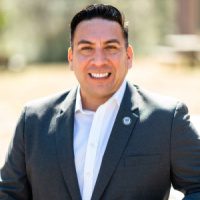
JB Jaso, Following twenty-three years of military service, JB retired from the United States Army in October 2021 and has returned to Southern California to take on the role of Assistant Manager, Security for the Los Angeles Angels Baseball Club. He is responsible for 24-hour security and safety of the fans, players, staff, and stadium, managing the venue’s Command Center. He also increased his participation with the Pancreatic Cancer Action Network (PanCAN) by volunteering to Lead the Pancreatic Cancer Action Network’s Orange County Affiliate as the Affiliate Chair. JB initially became involved with PanCAN in 2021 following the Stage IV pancreatic cancer diagnosis of his childhood friend, Tyler Noesen. He now leads sixteen core volunteers that improve the lives of everyone impacted by pancreatic cancer by building a community, sharing knowledge, and advocating for patients. JB is a graduate of Long Beach Polytechnic High School and holds a Bachelor’s of Science in Public Administration – Emergency Management emphasis and Graduate Certificate in Public Management from Upper Iowa University (UIU), and a Management Development Certificate from the University of Louisville College of Business. Connect with JB on LinkedIn.
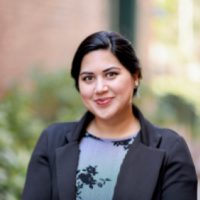
Mary Kate Soliva is a US Army veteran with special operations experience in South East Asia. She is a veteran advocate and currently spearheads the monthly newsletter for Vets2Industry. She is passionate about educating veterans and their families about available resources across the country. In addition, she is a human trafficking victim advocate and provides training to other service members and the community. She loves to travel, antique and spend time with her loved ones.
